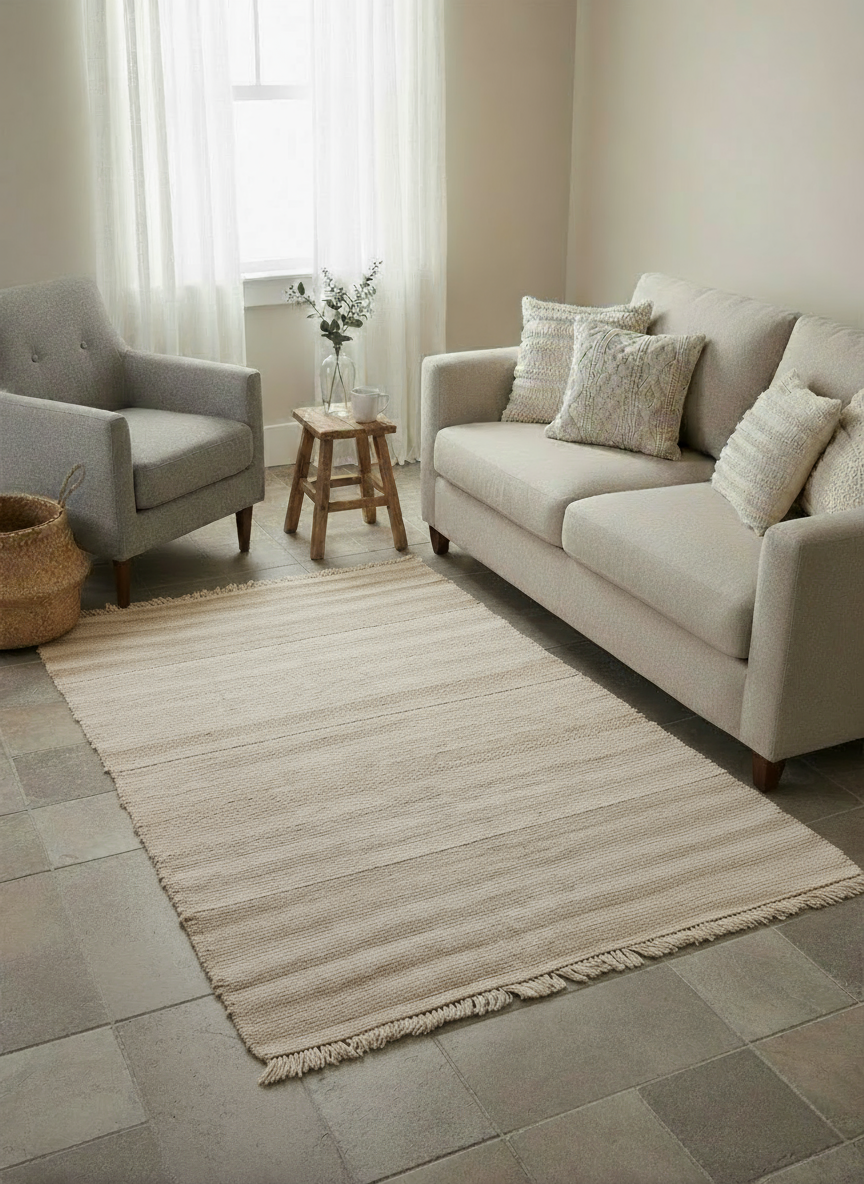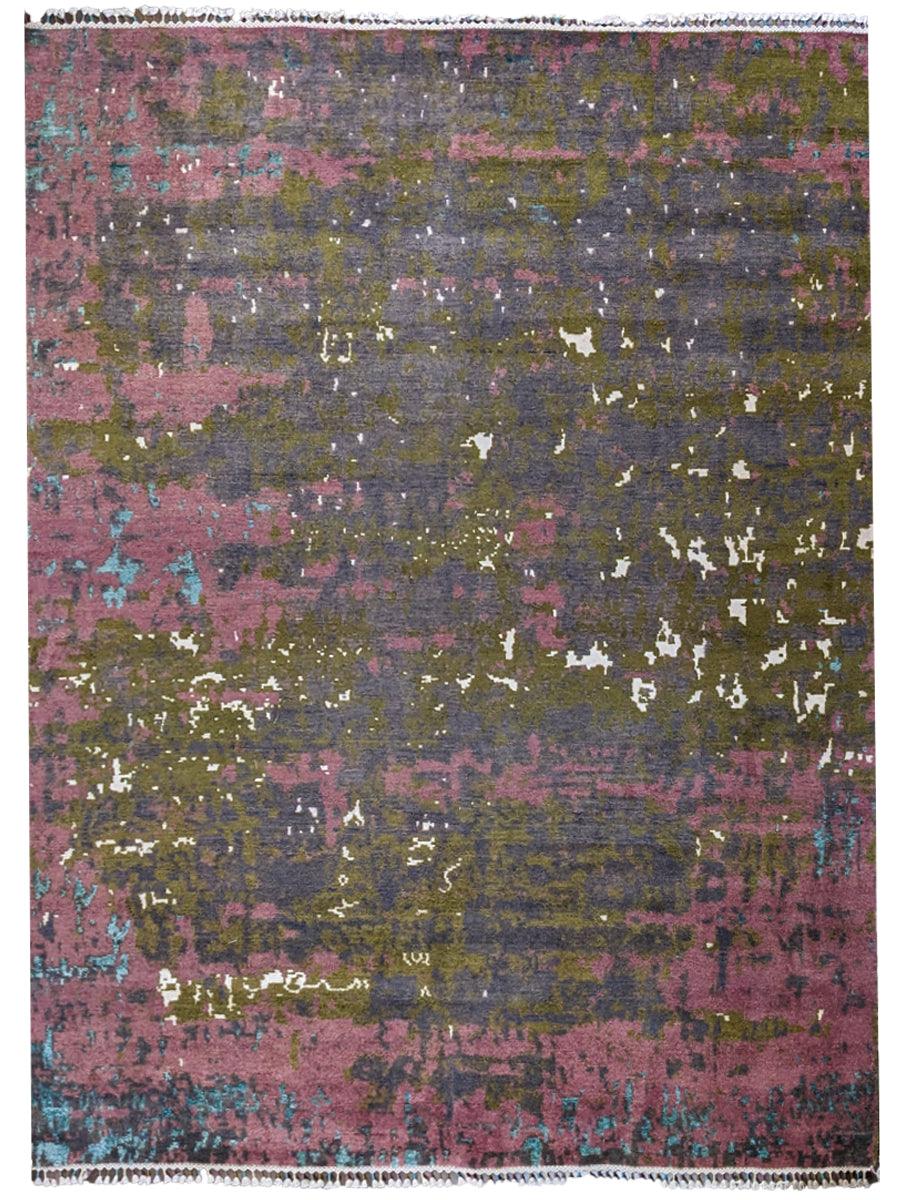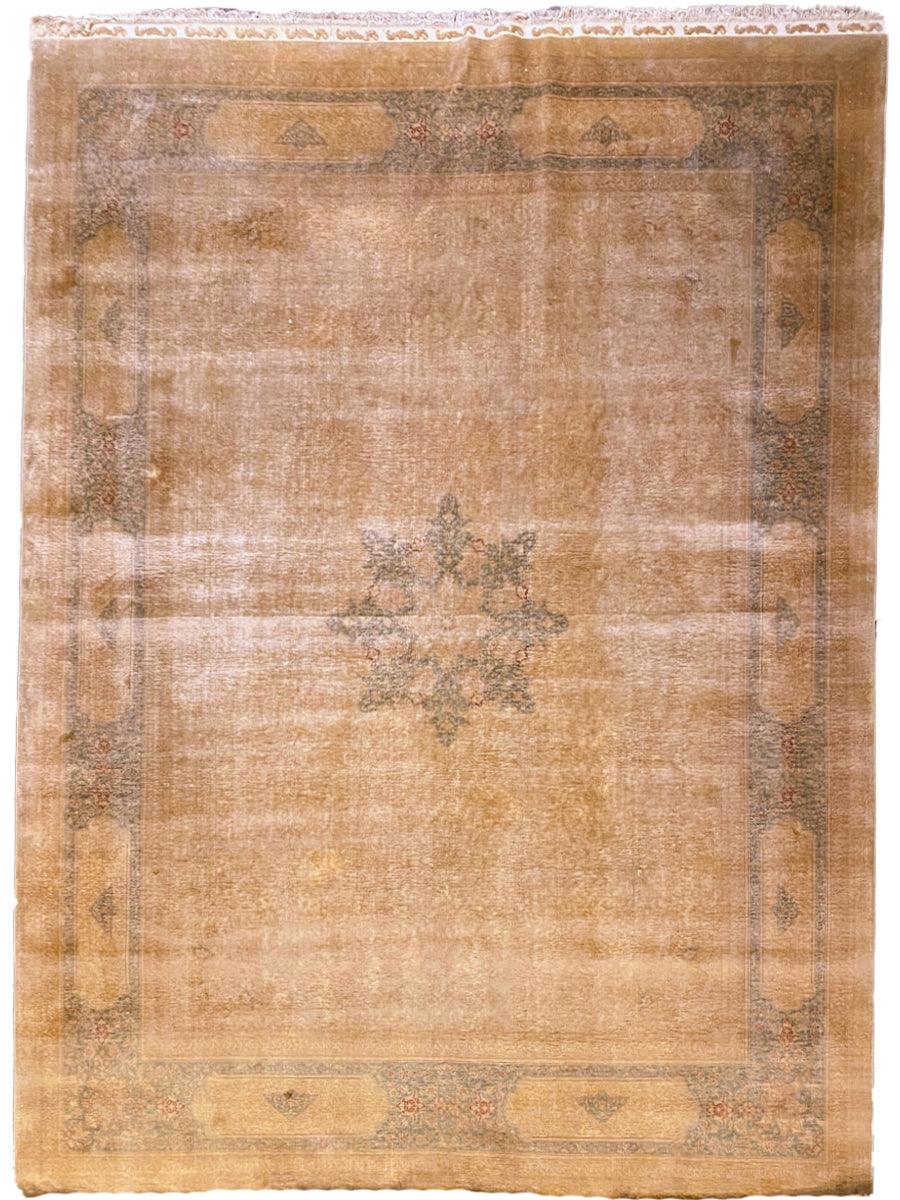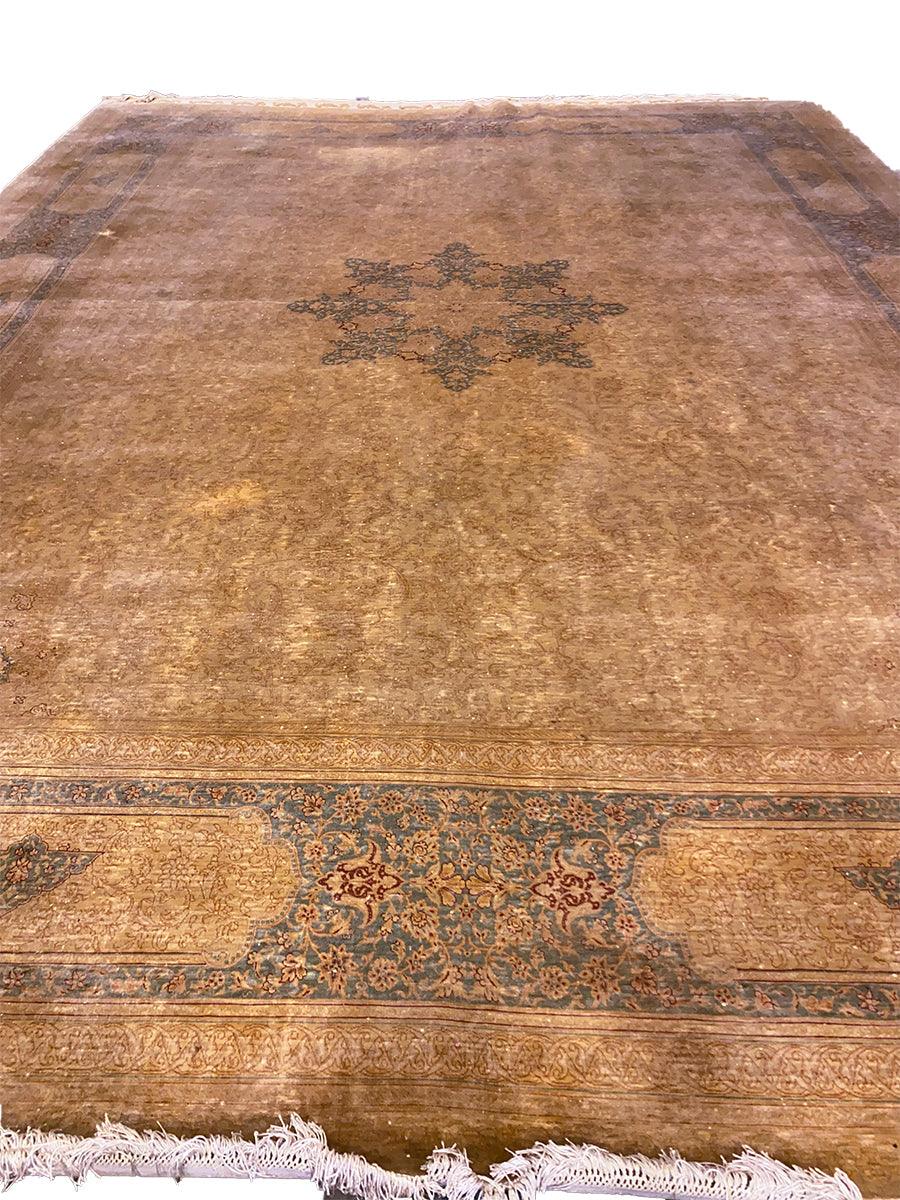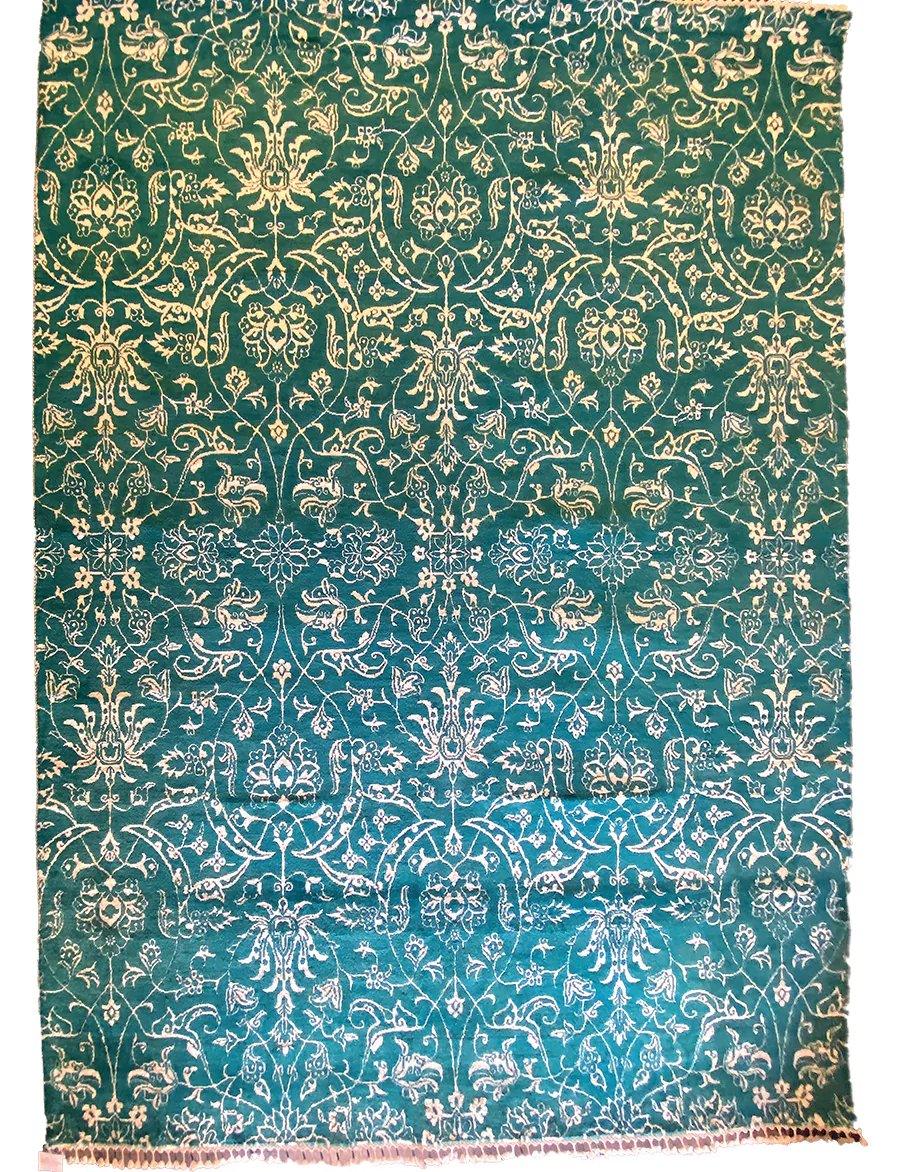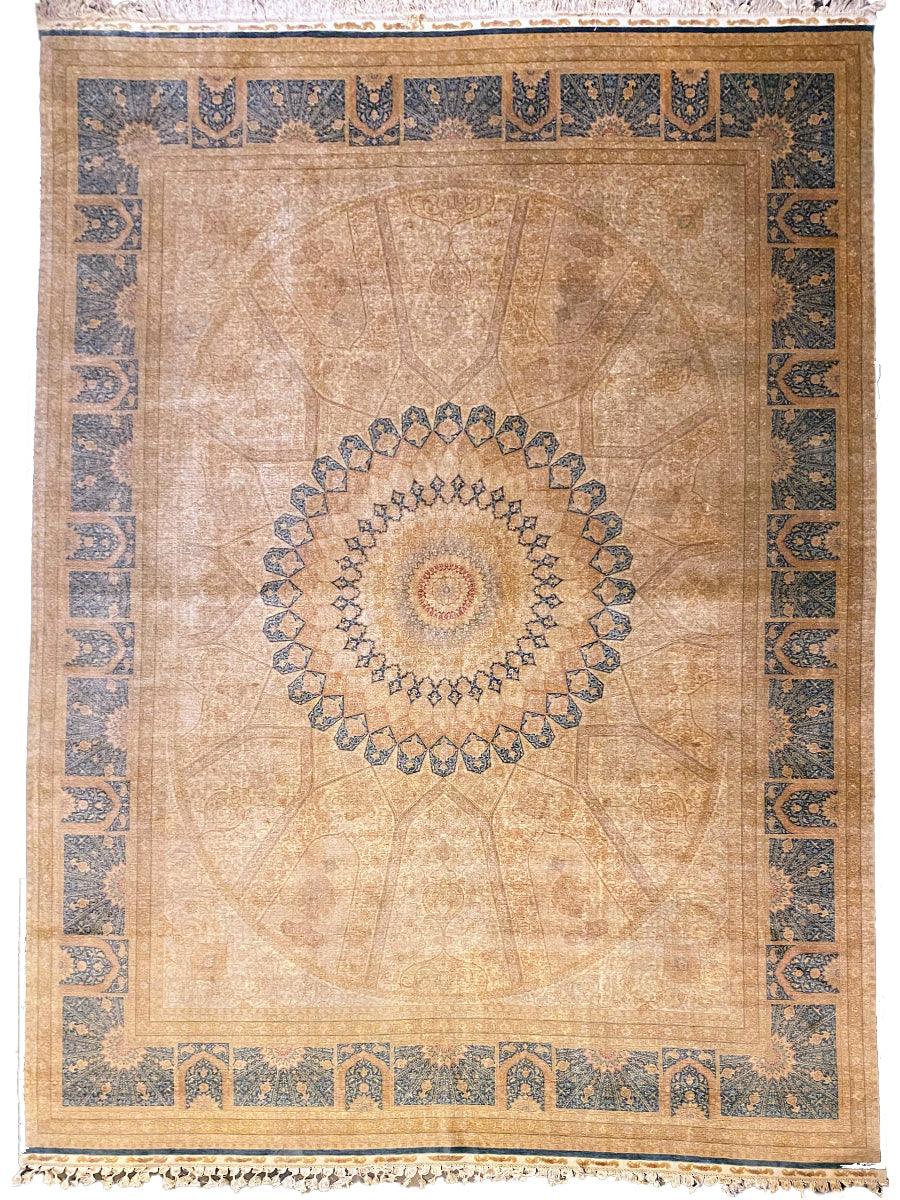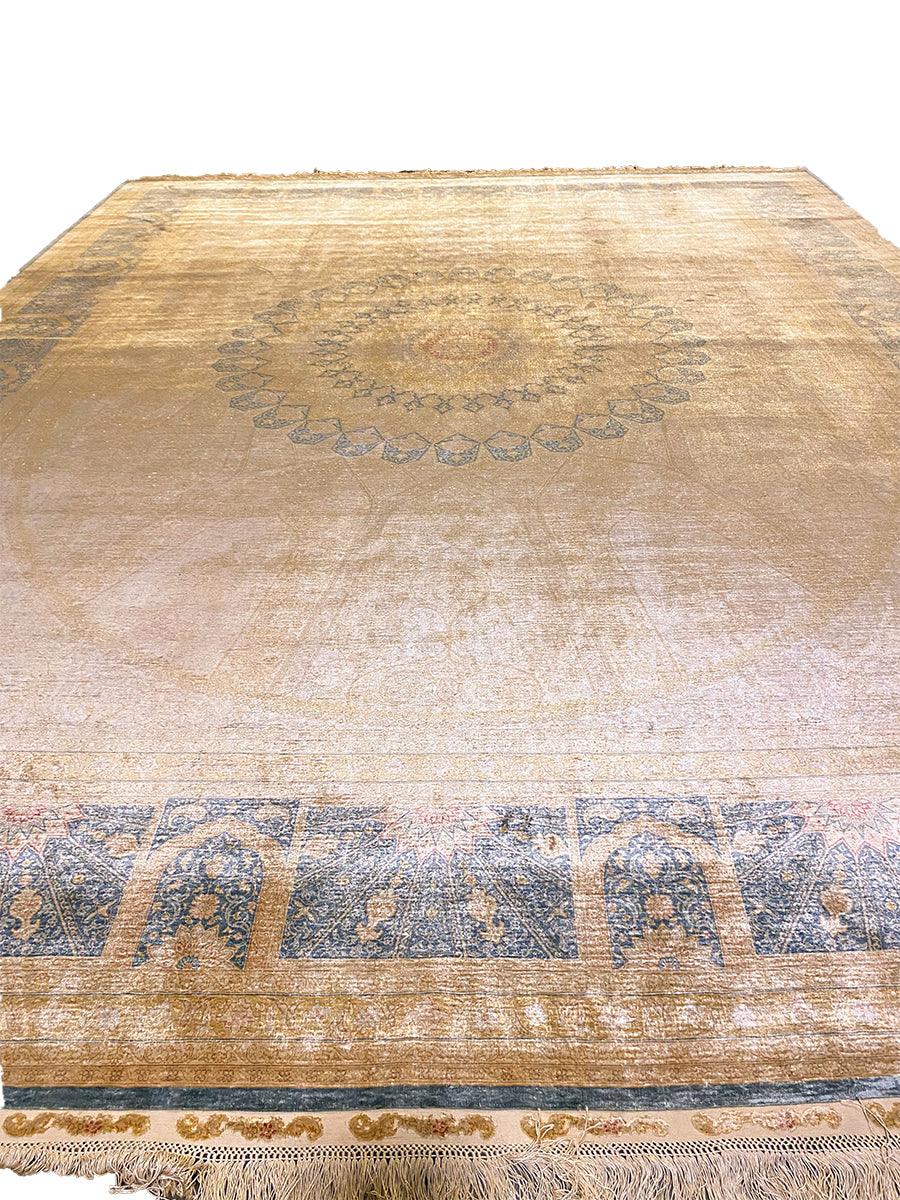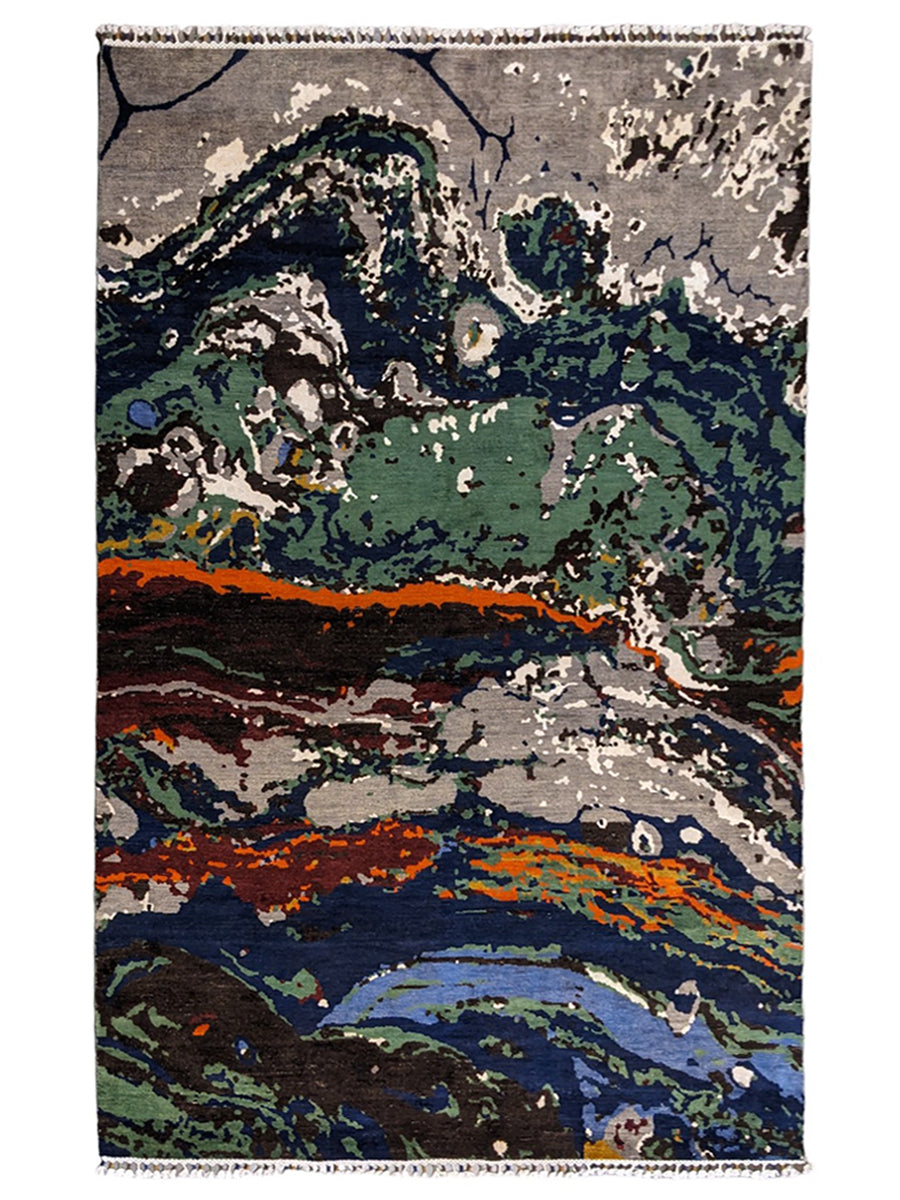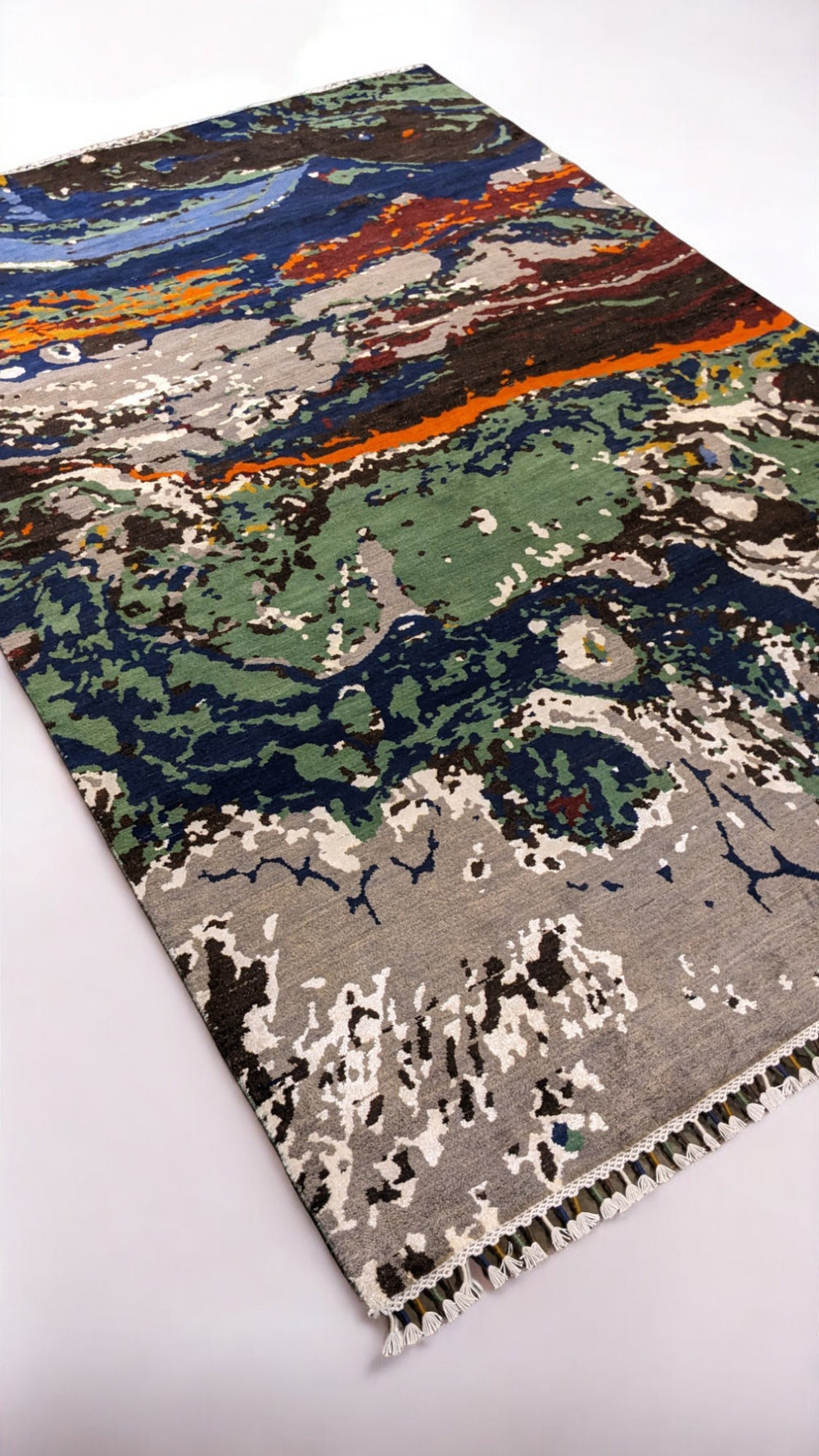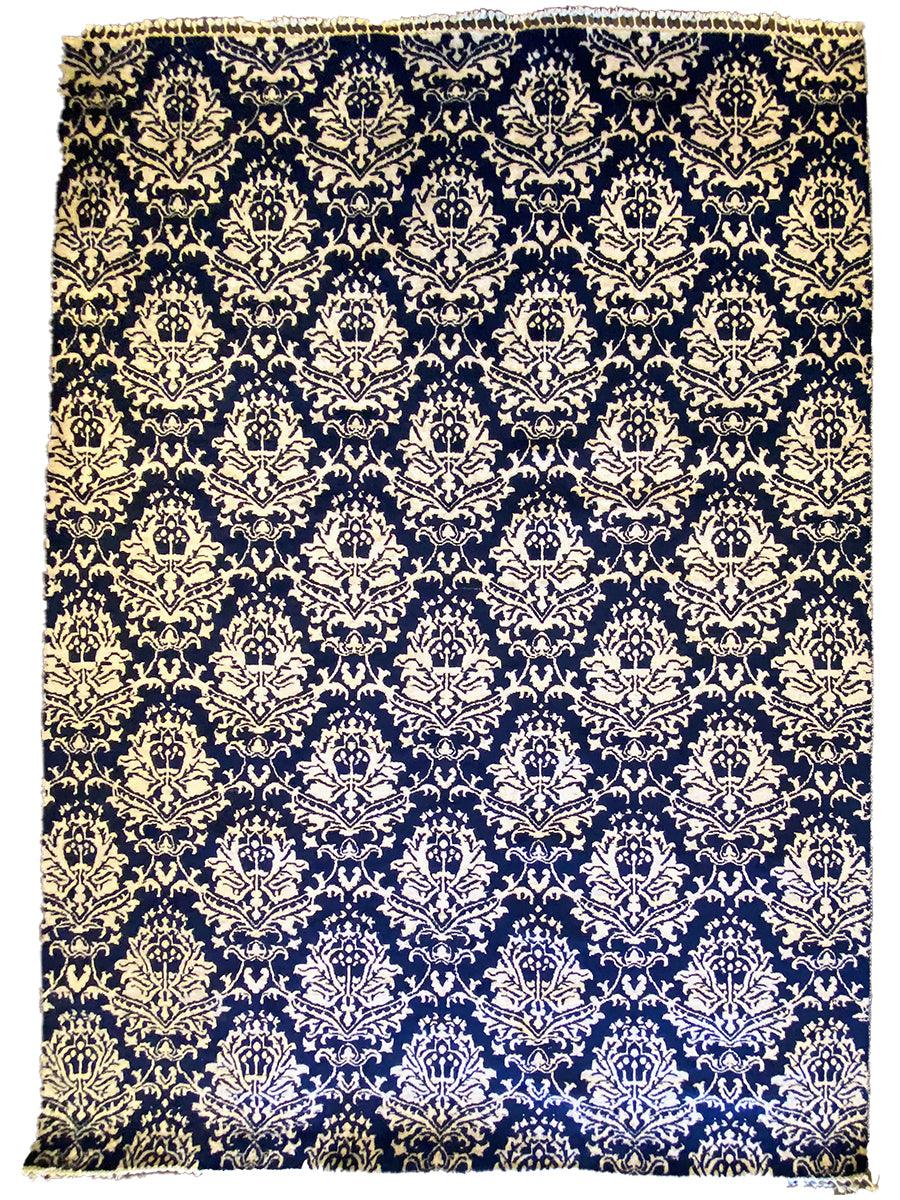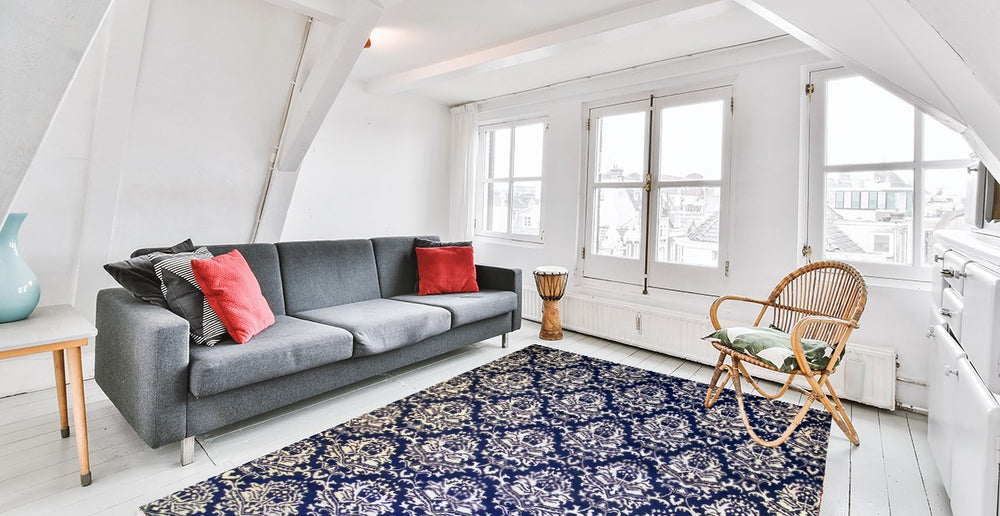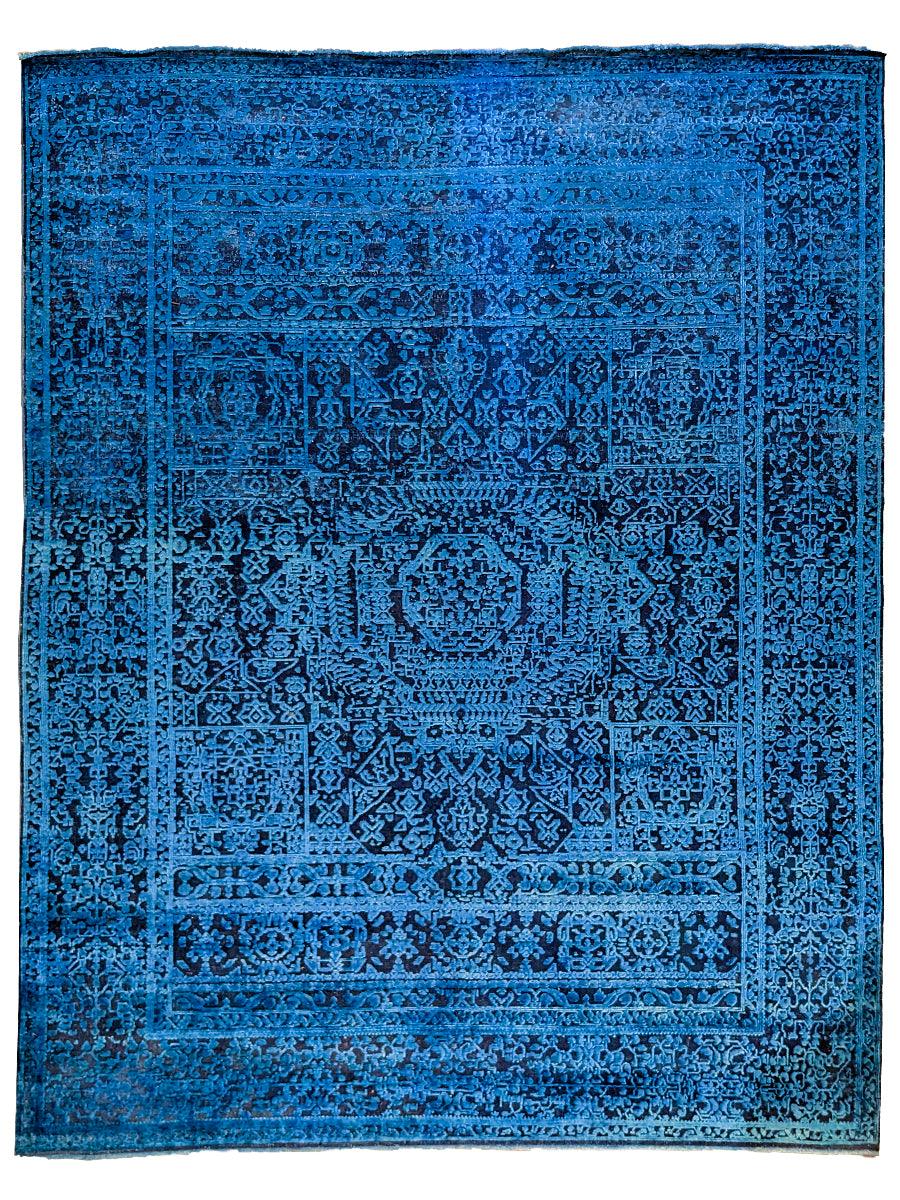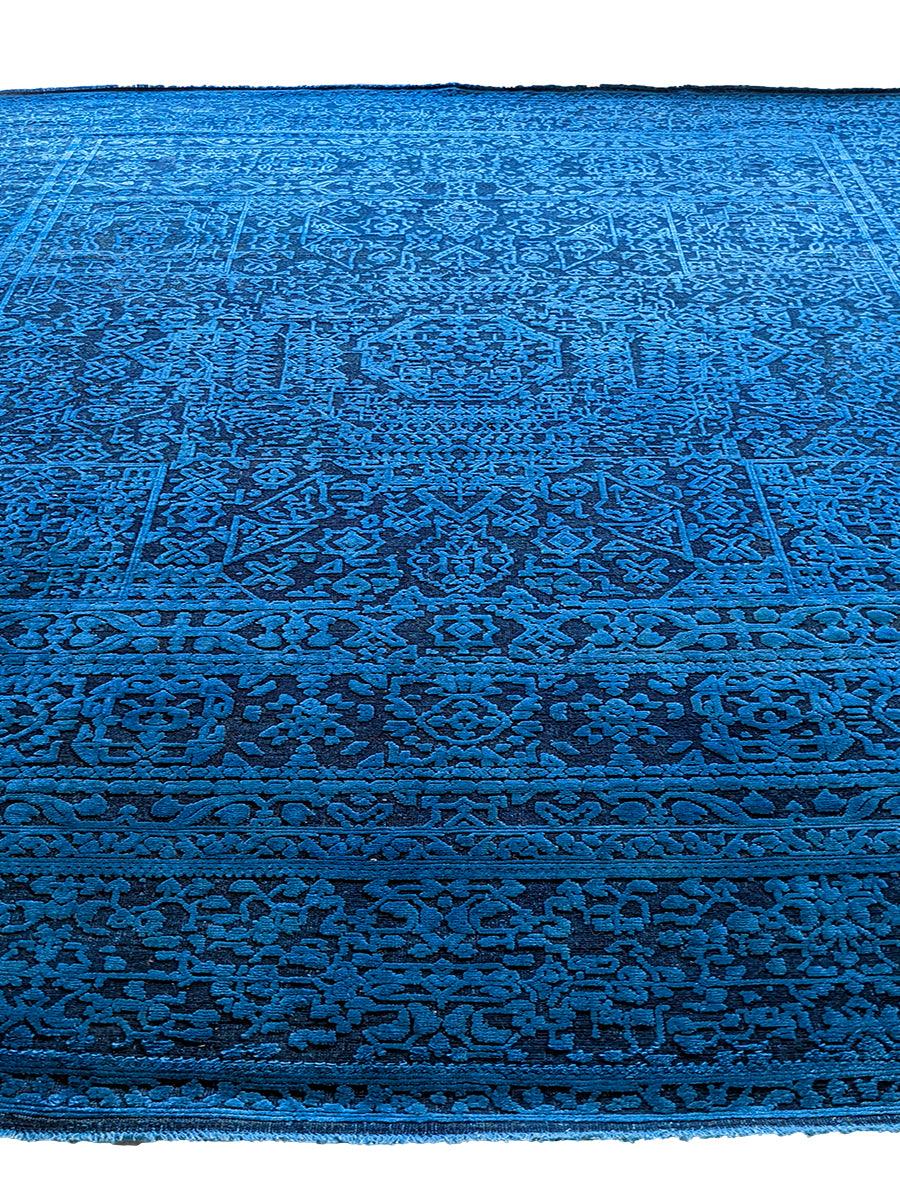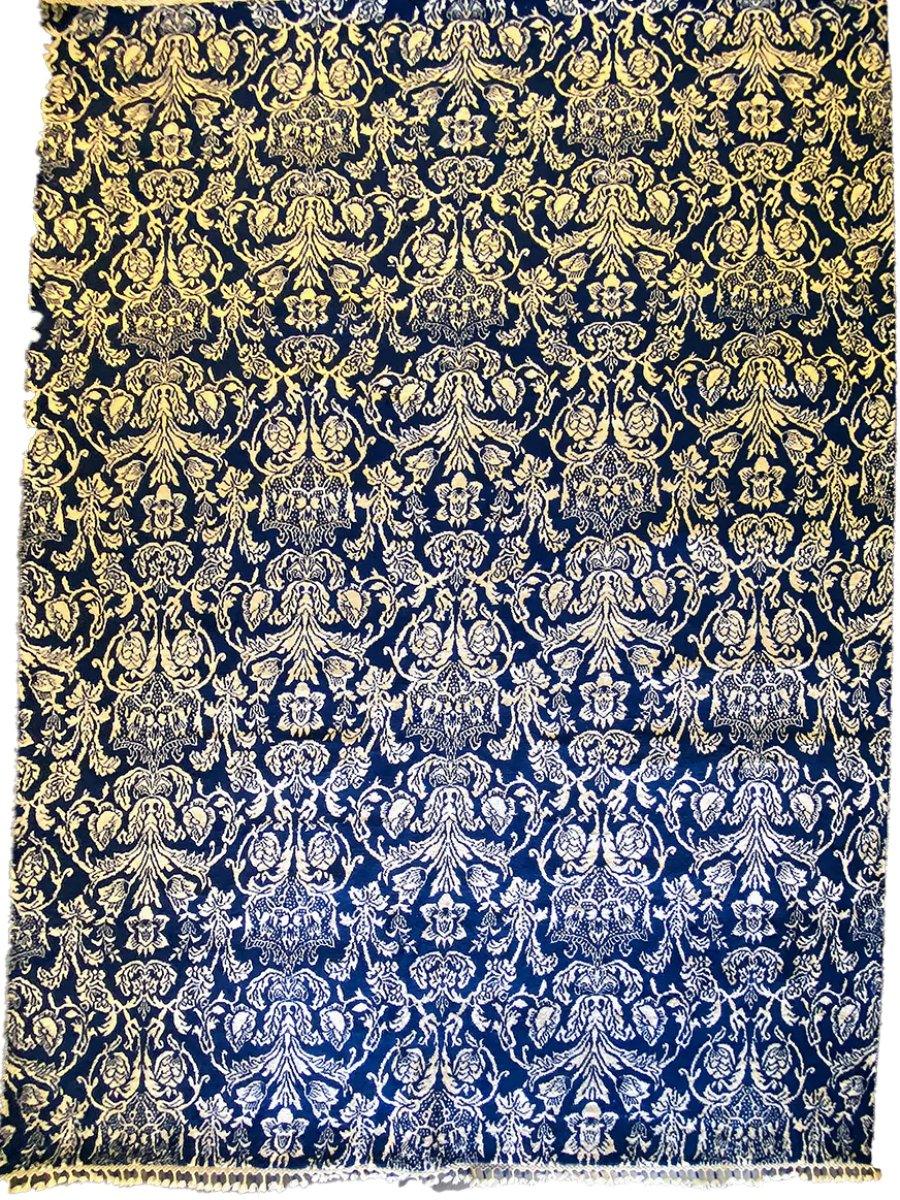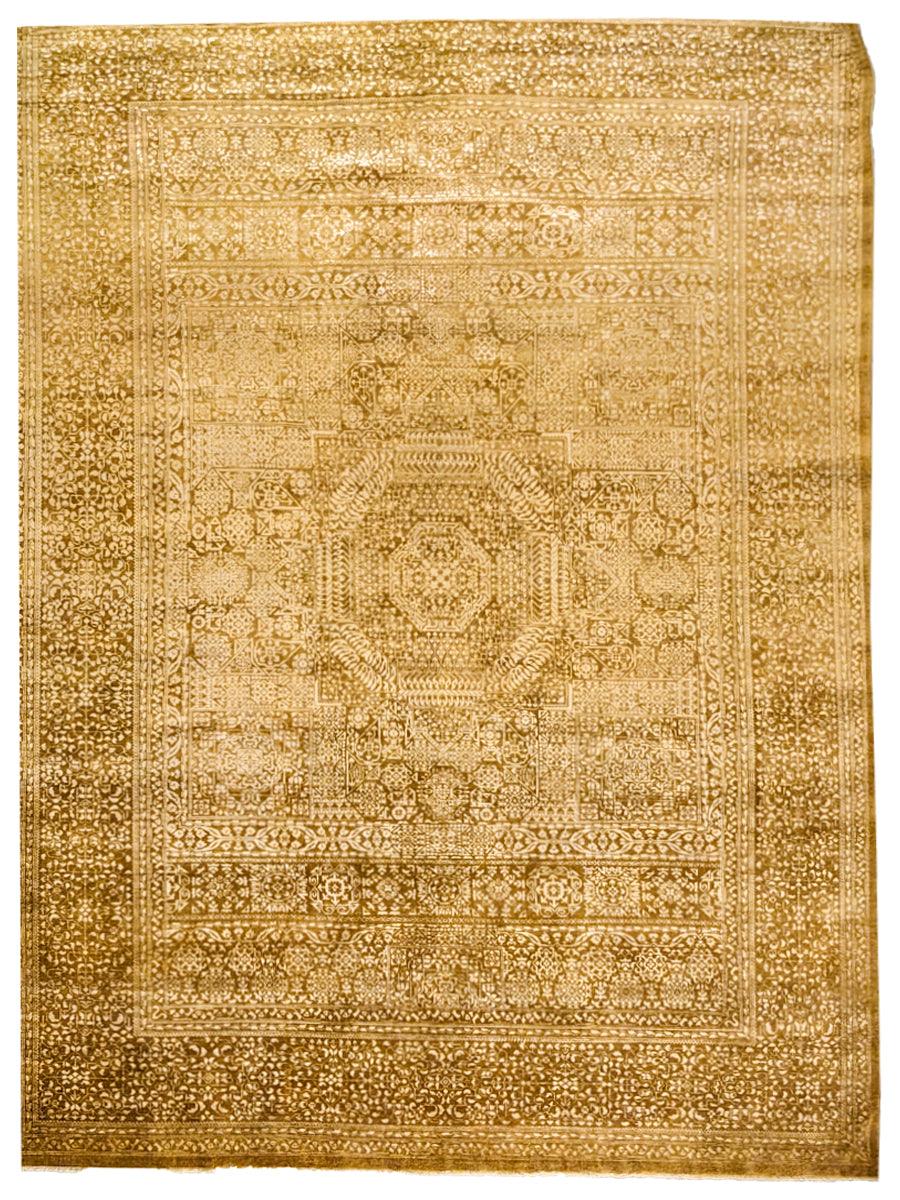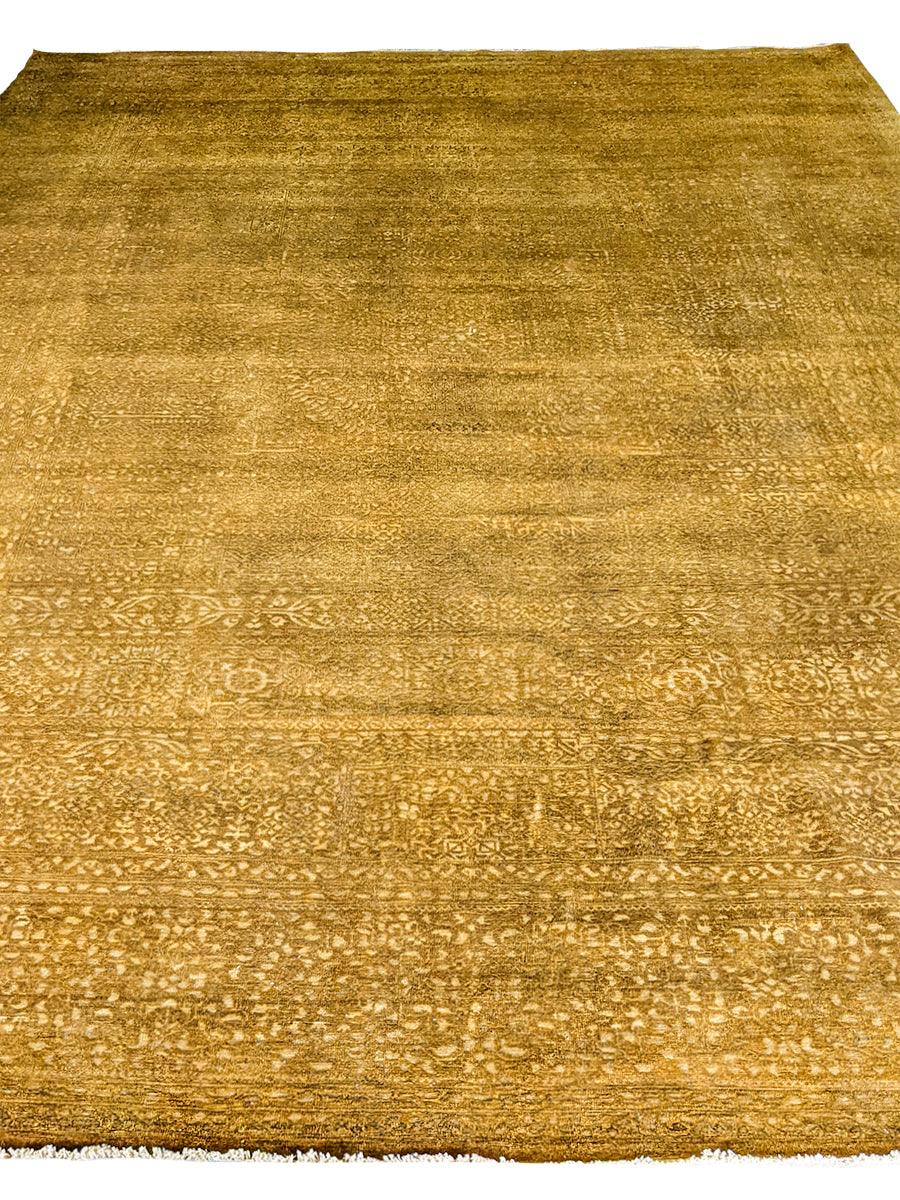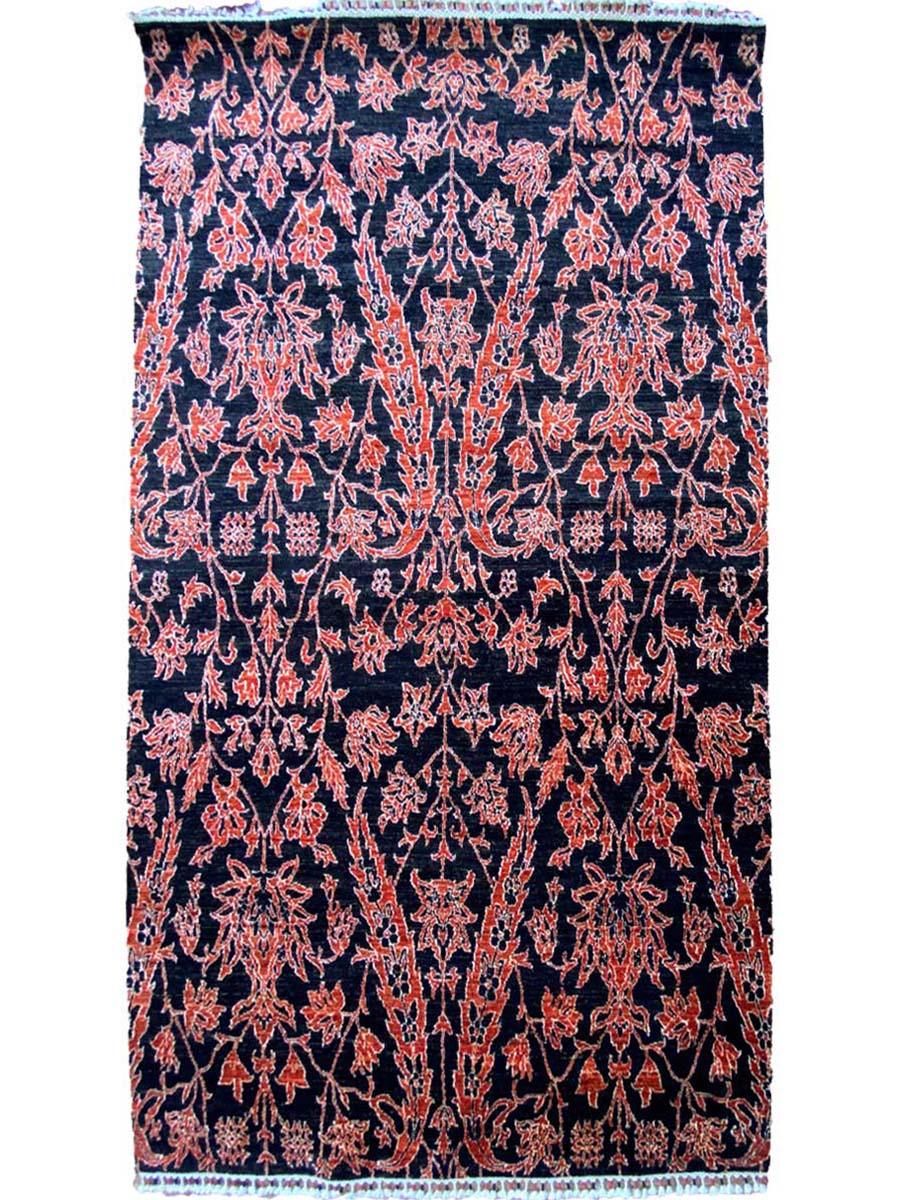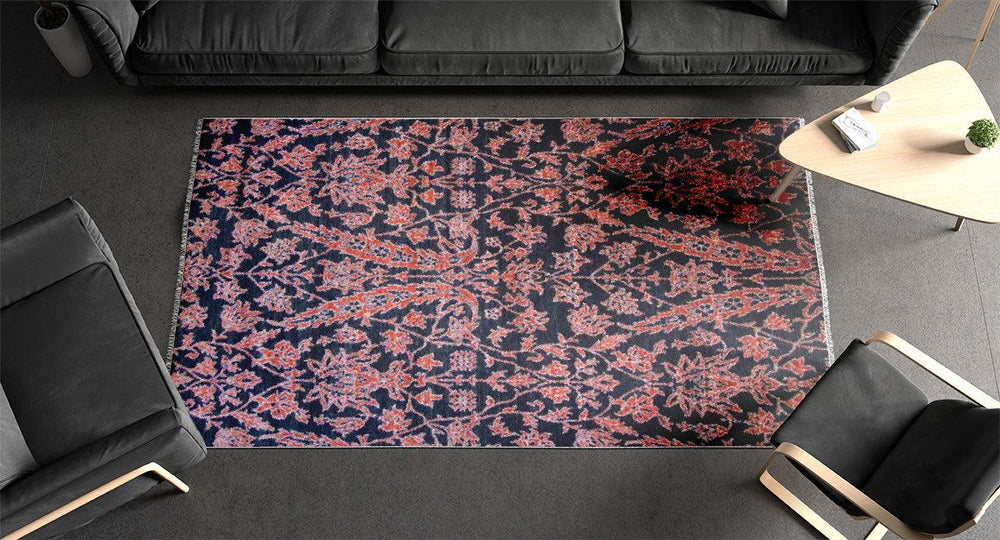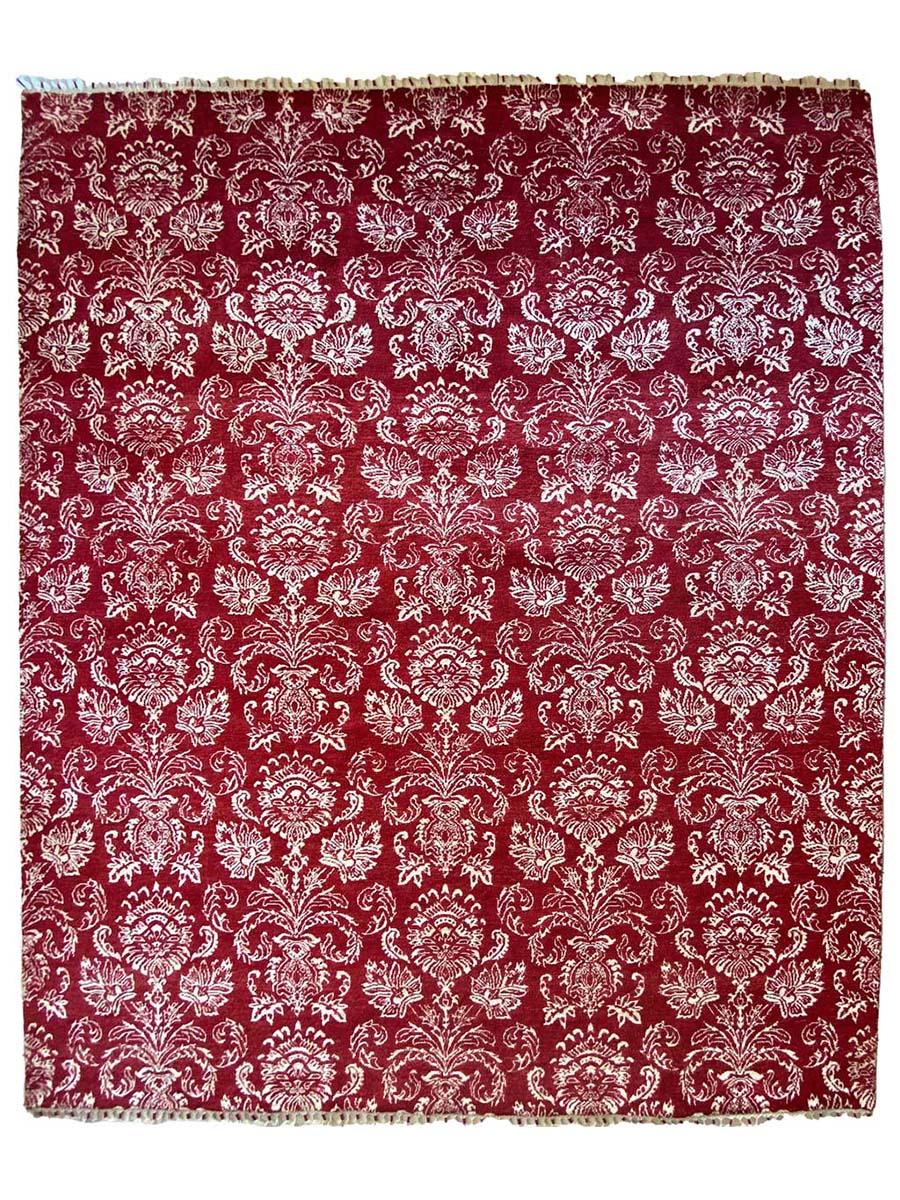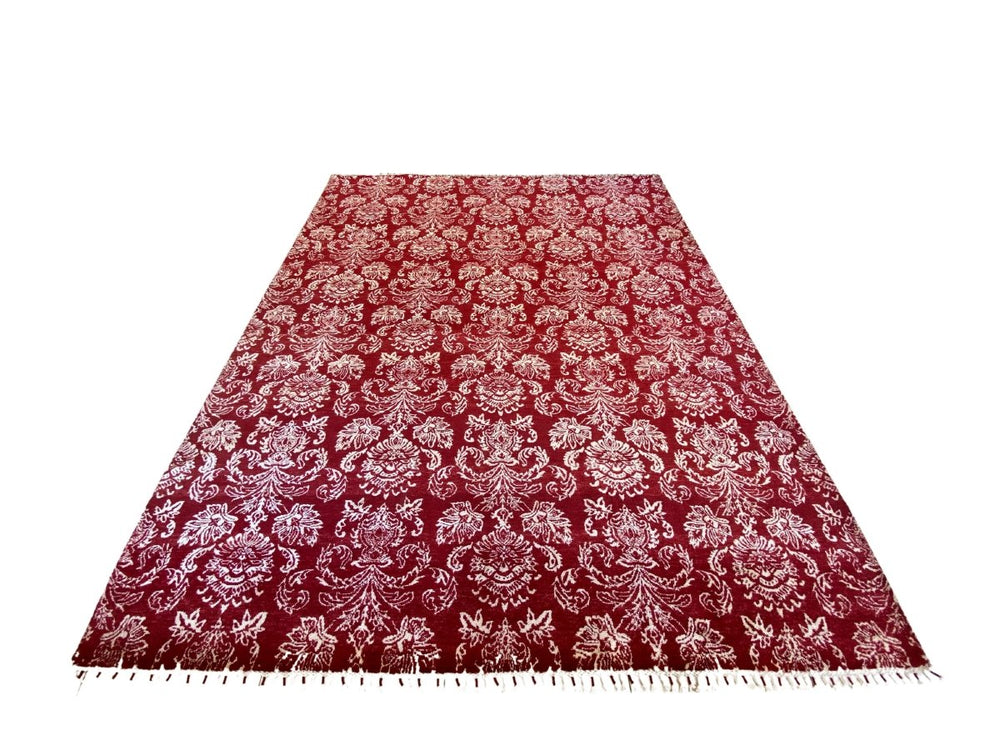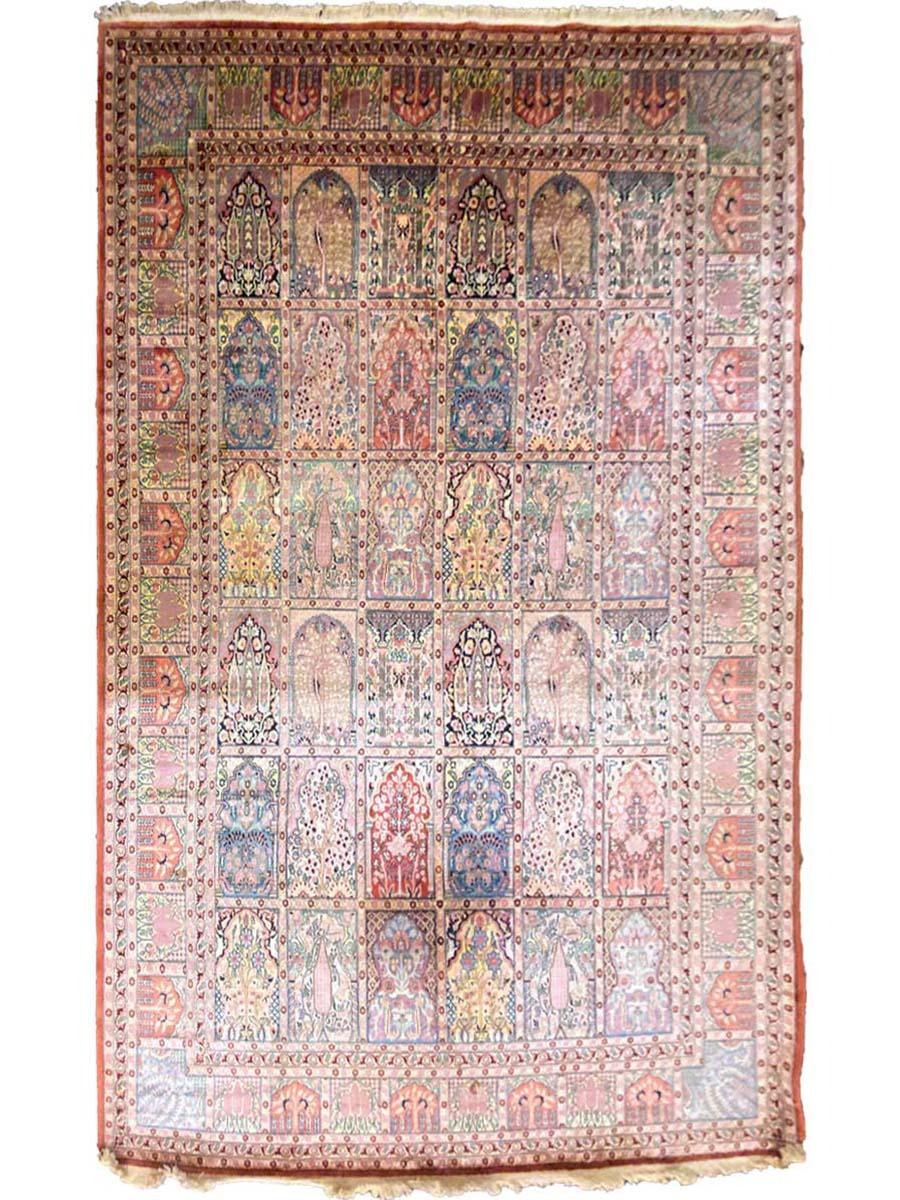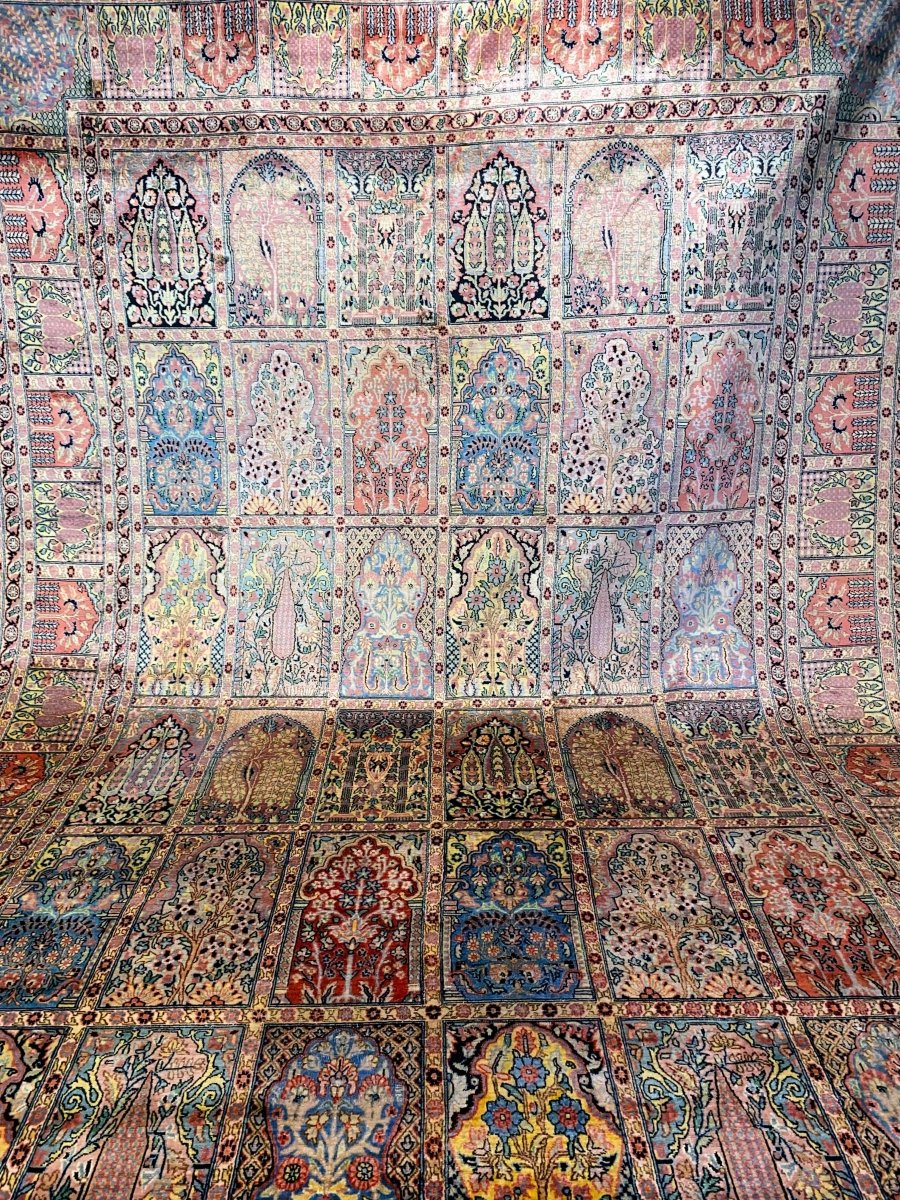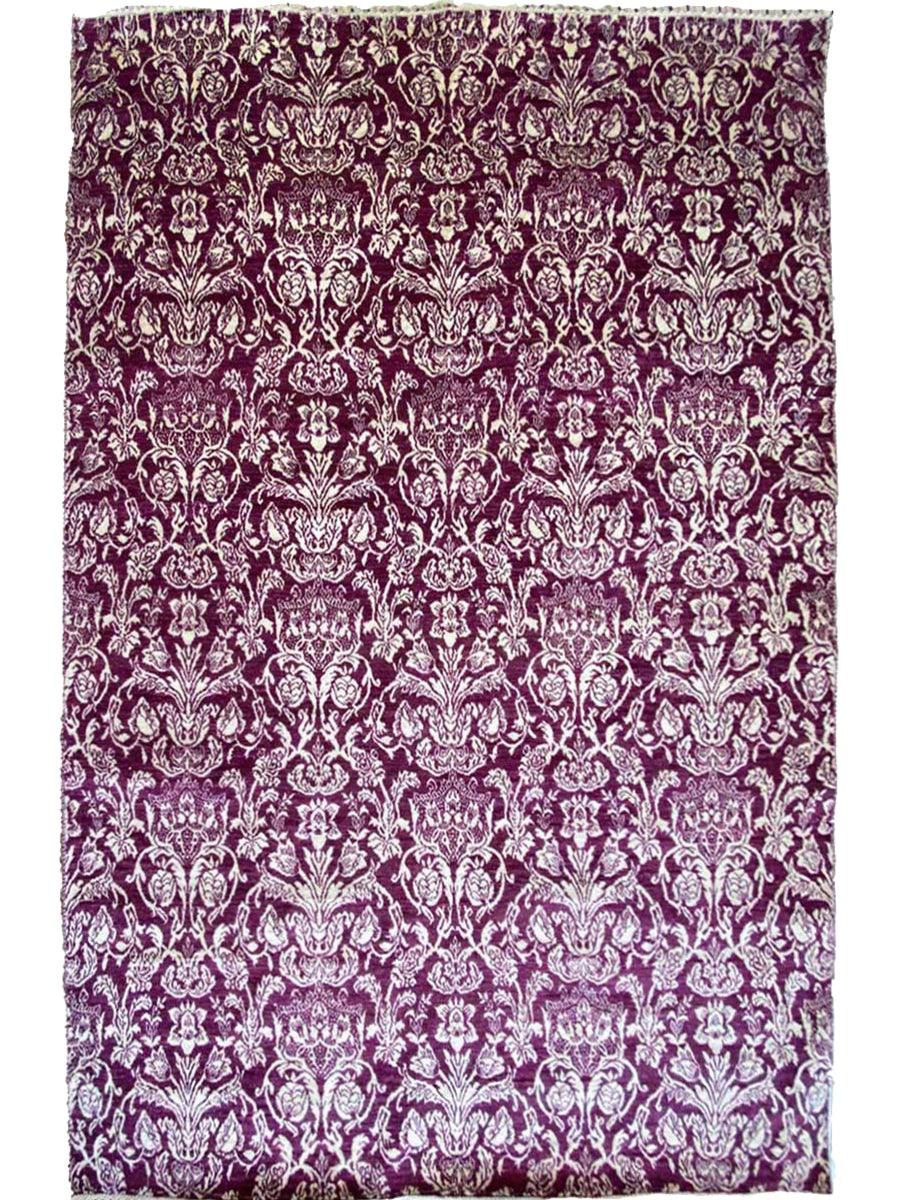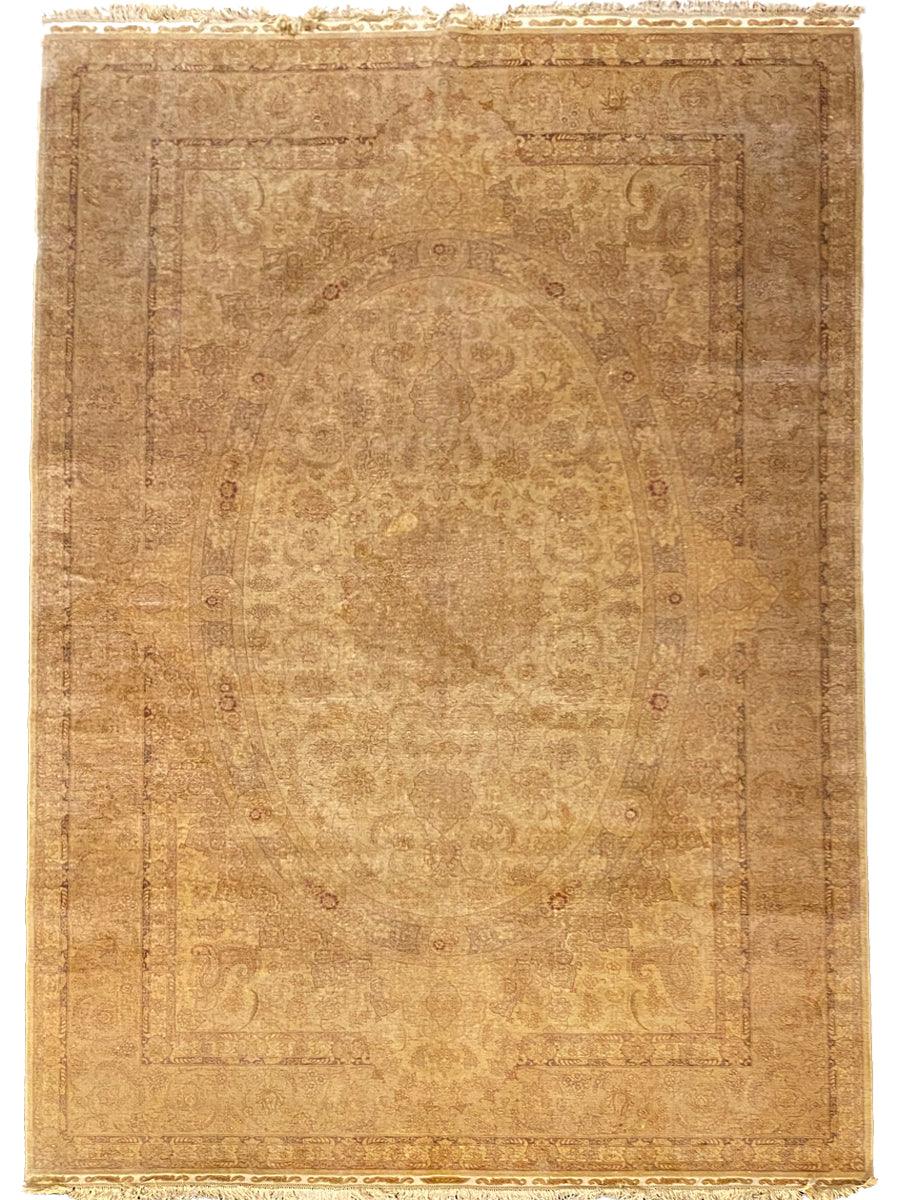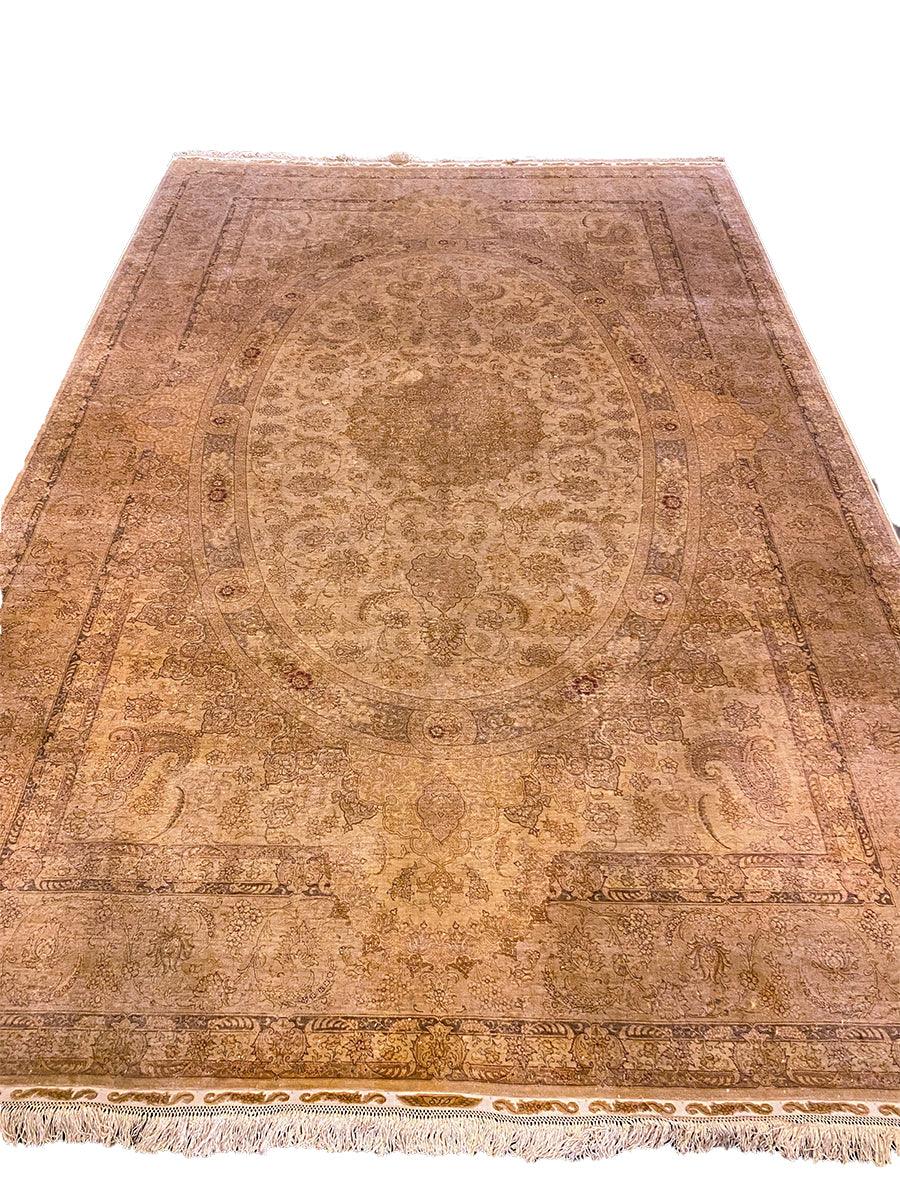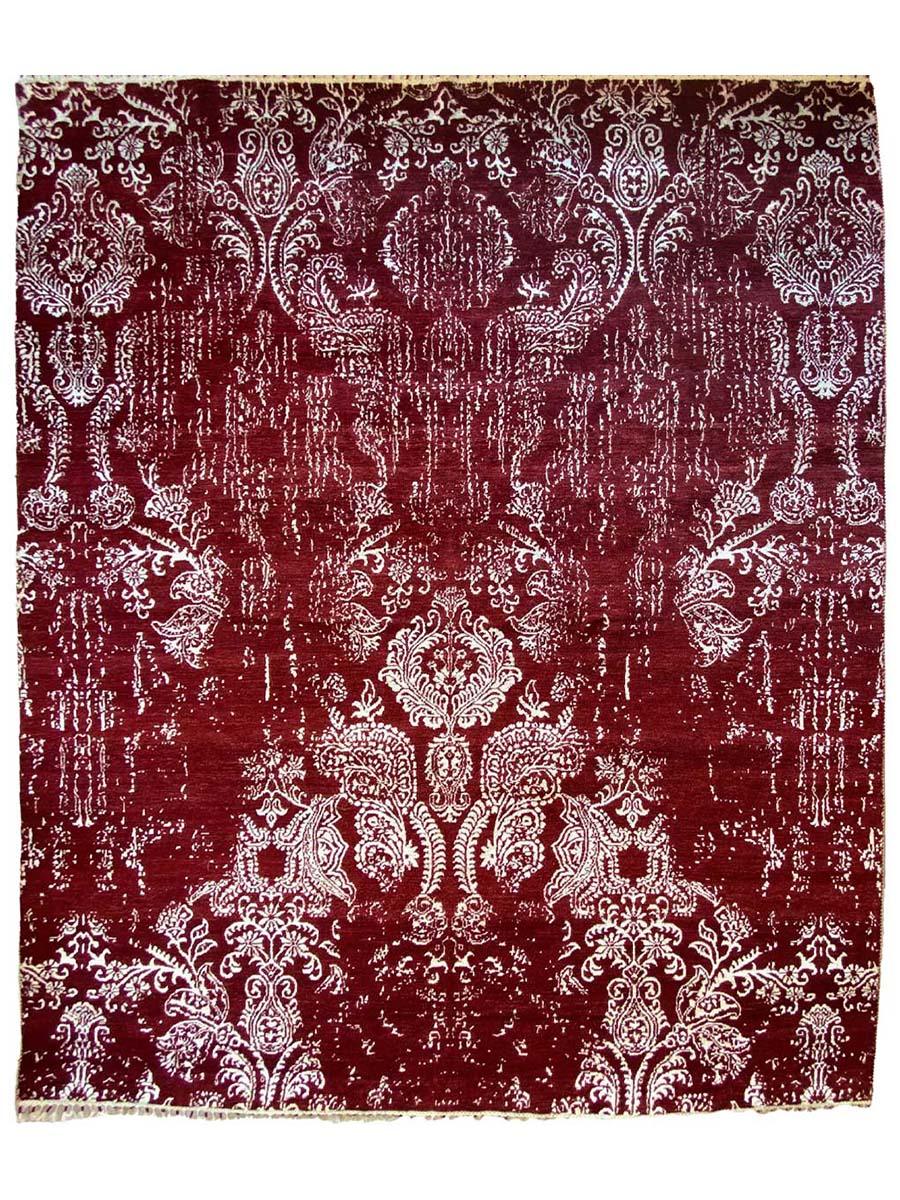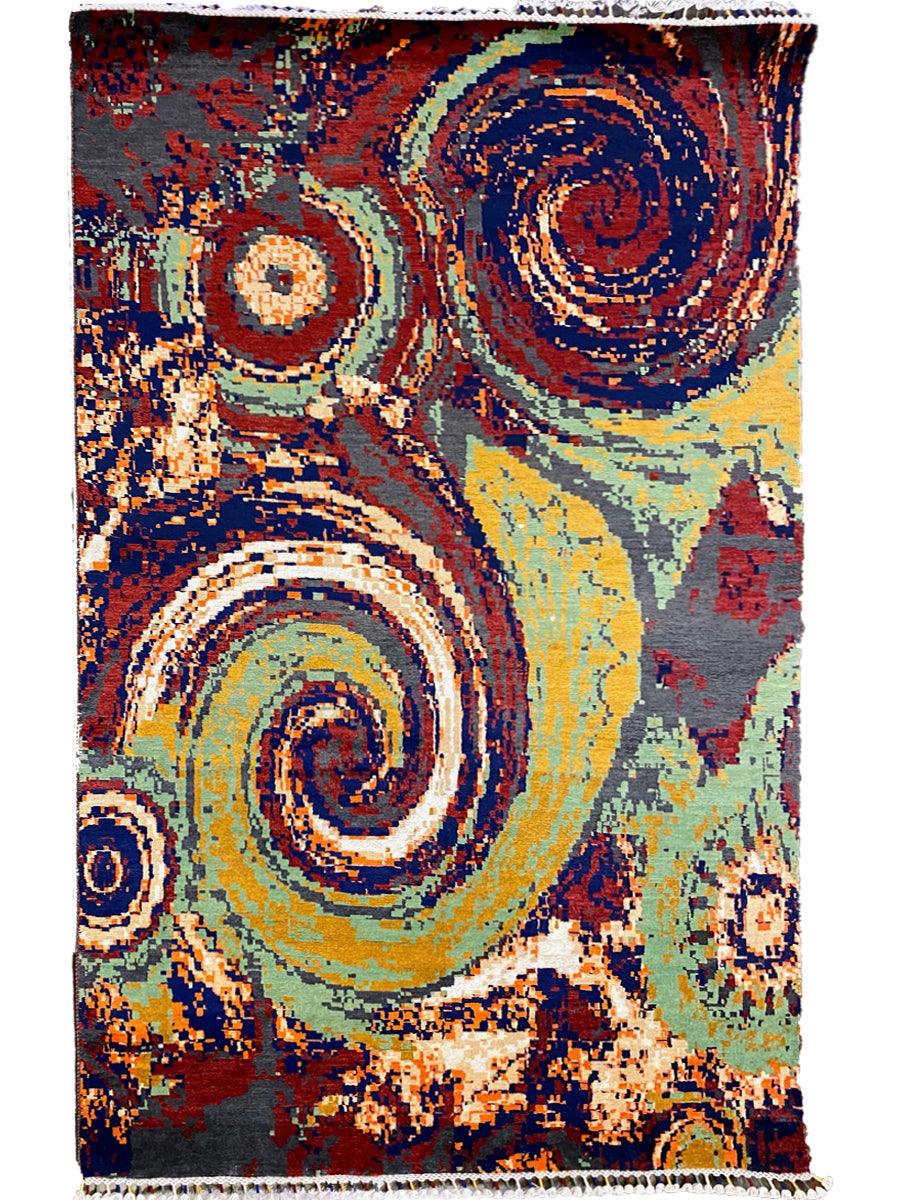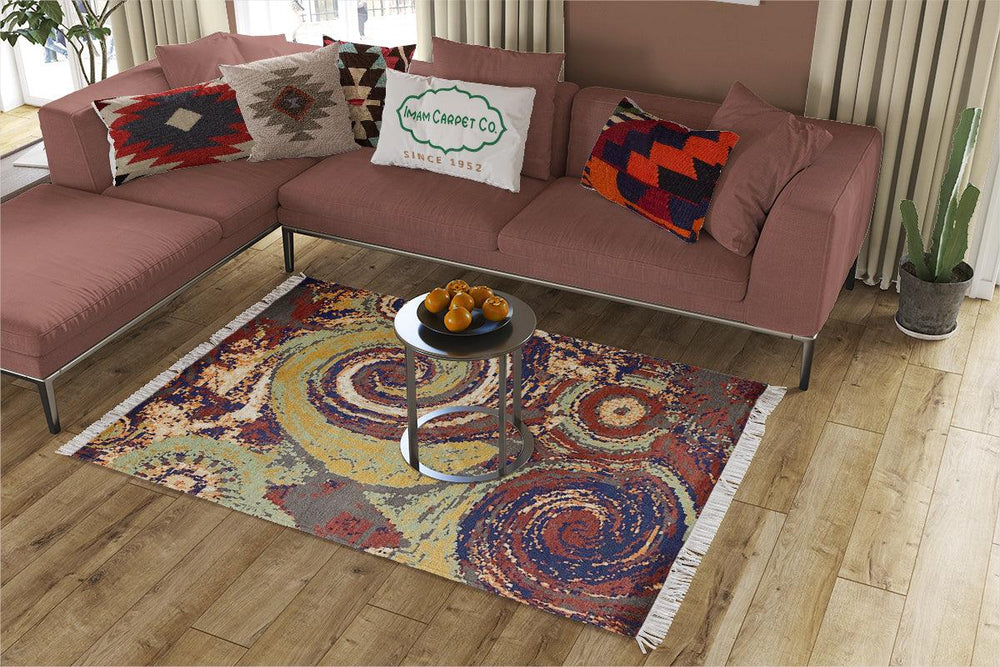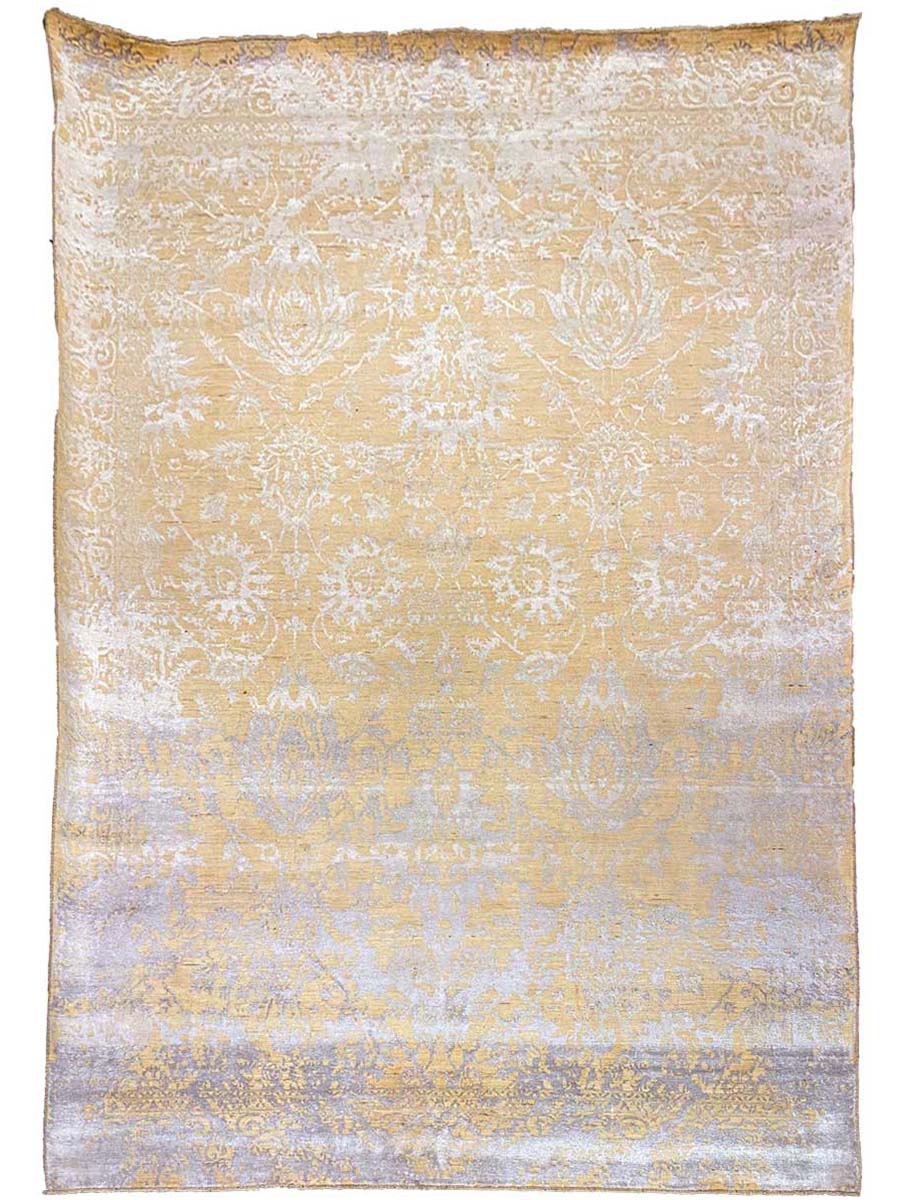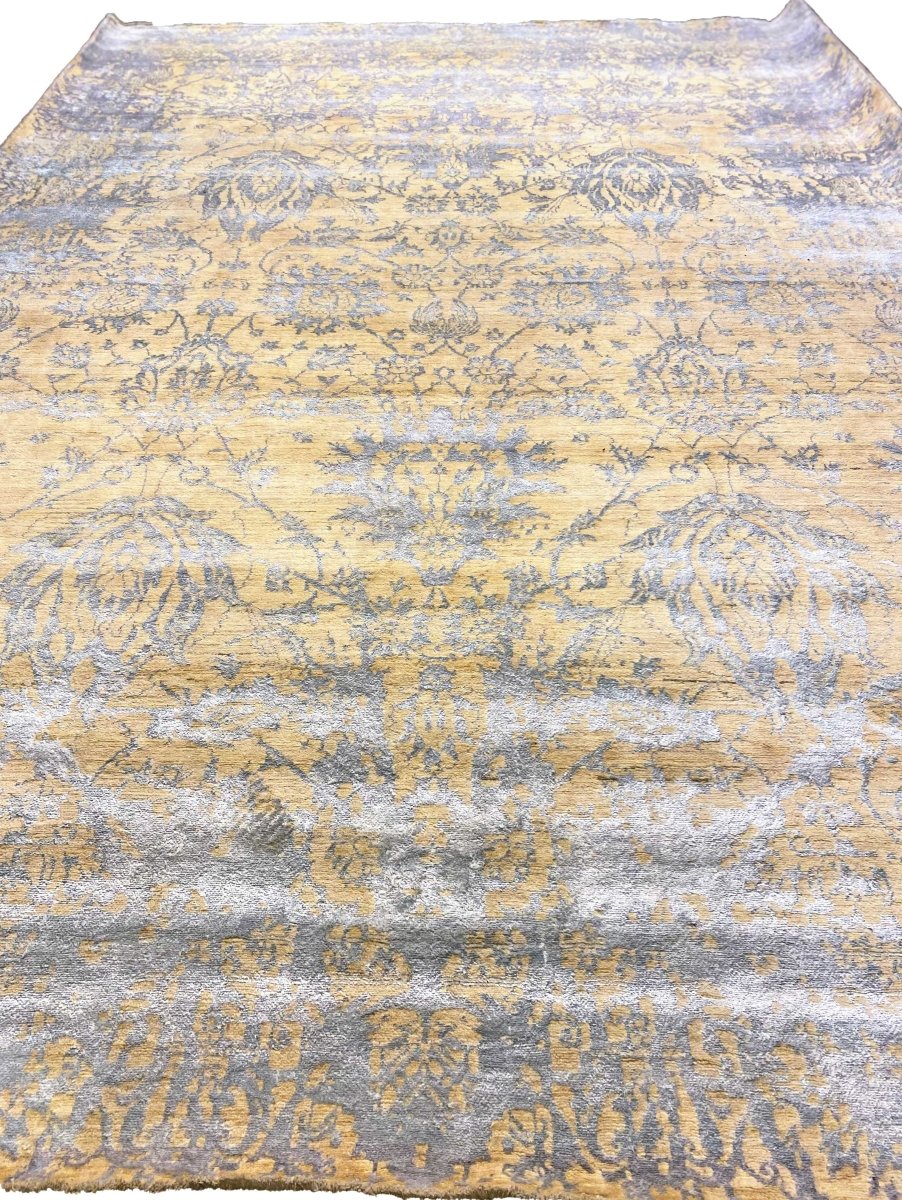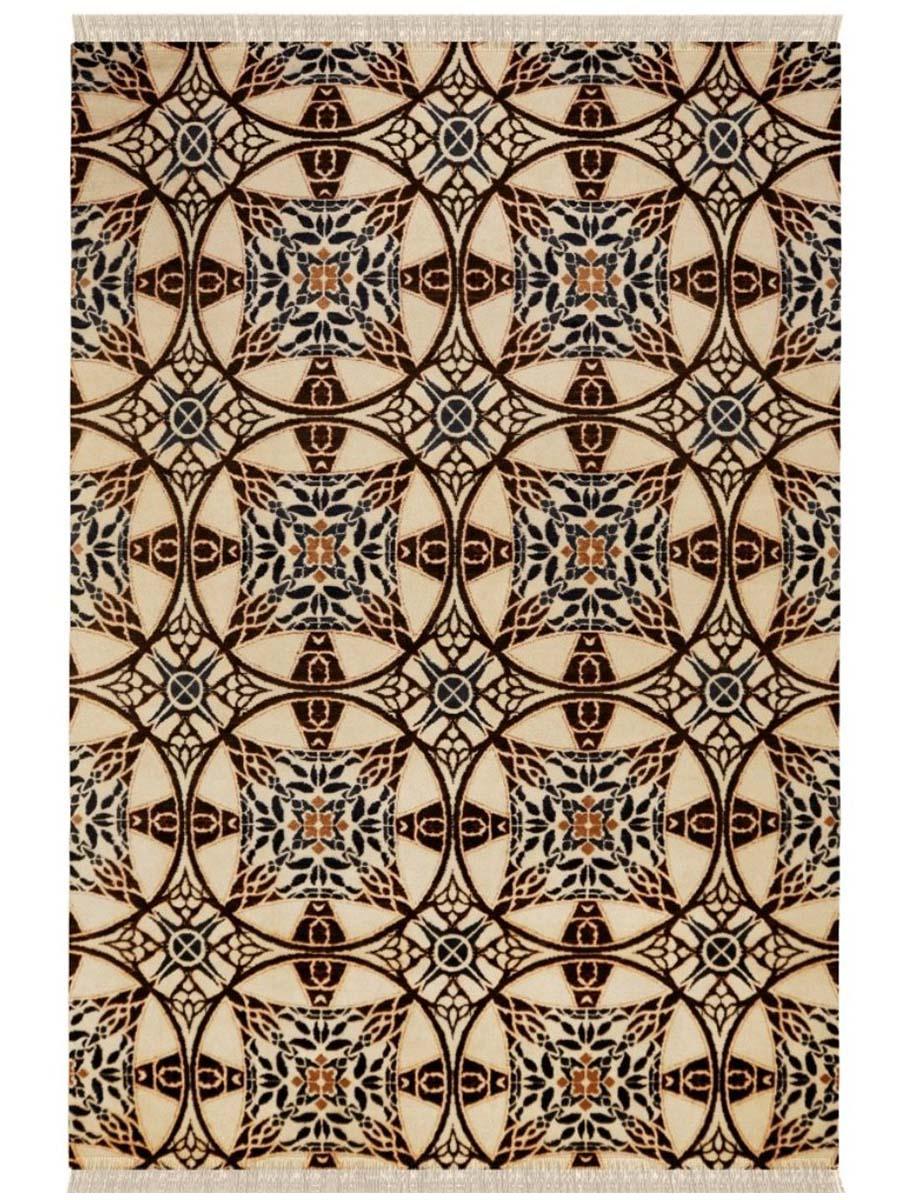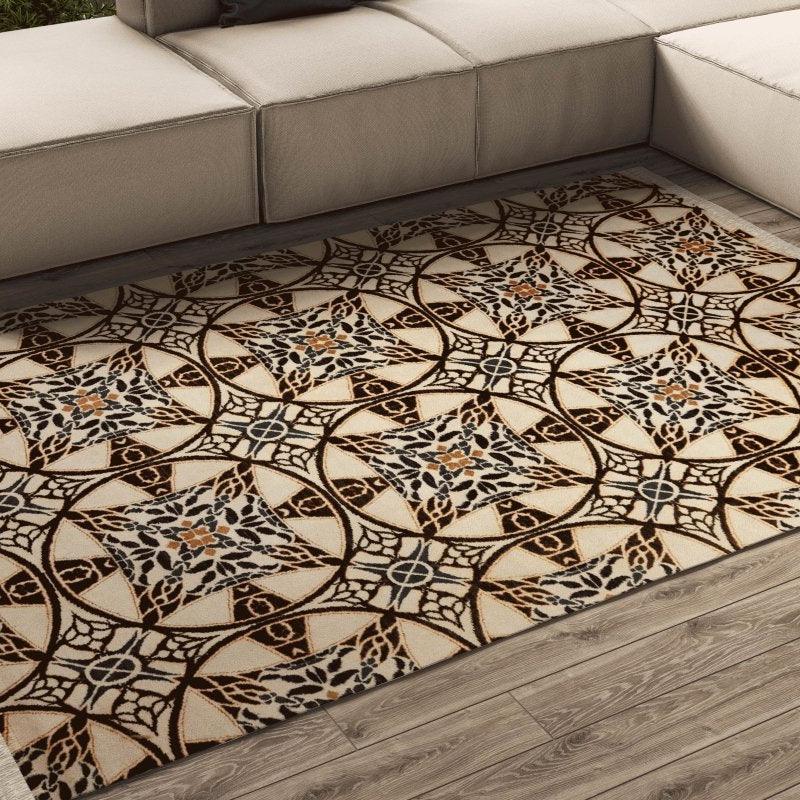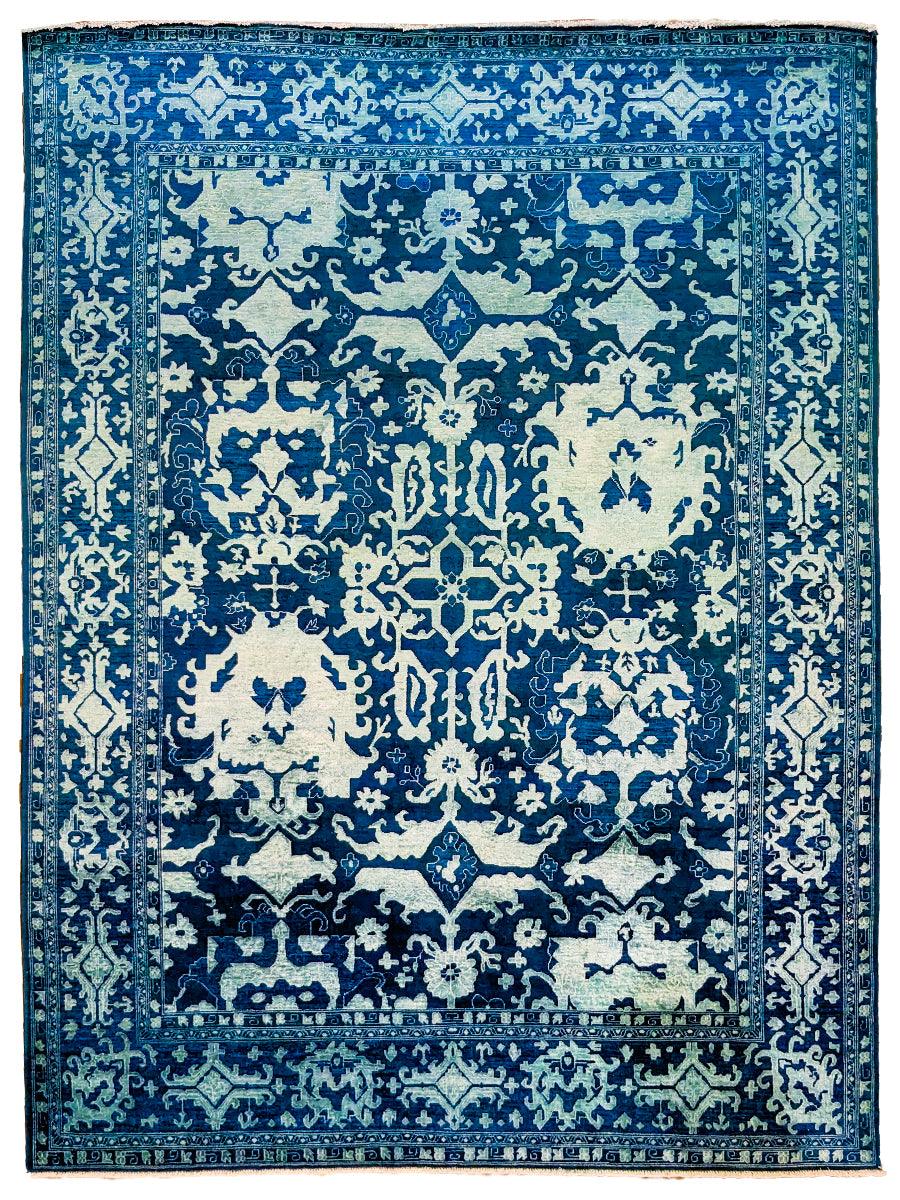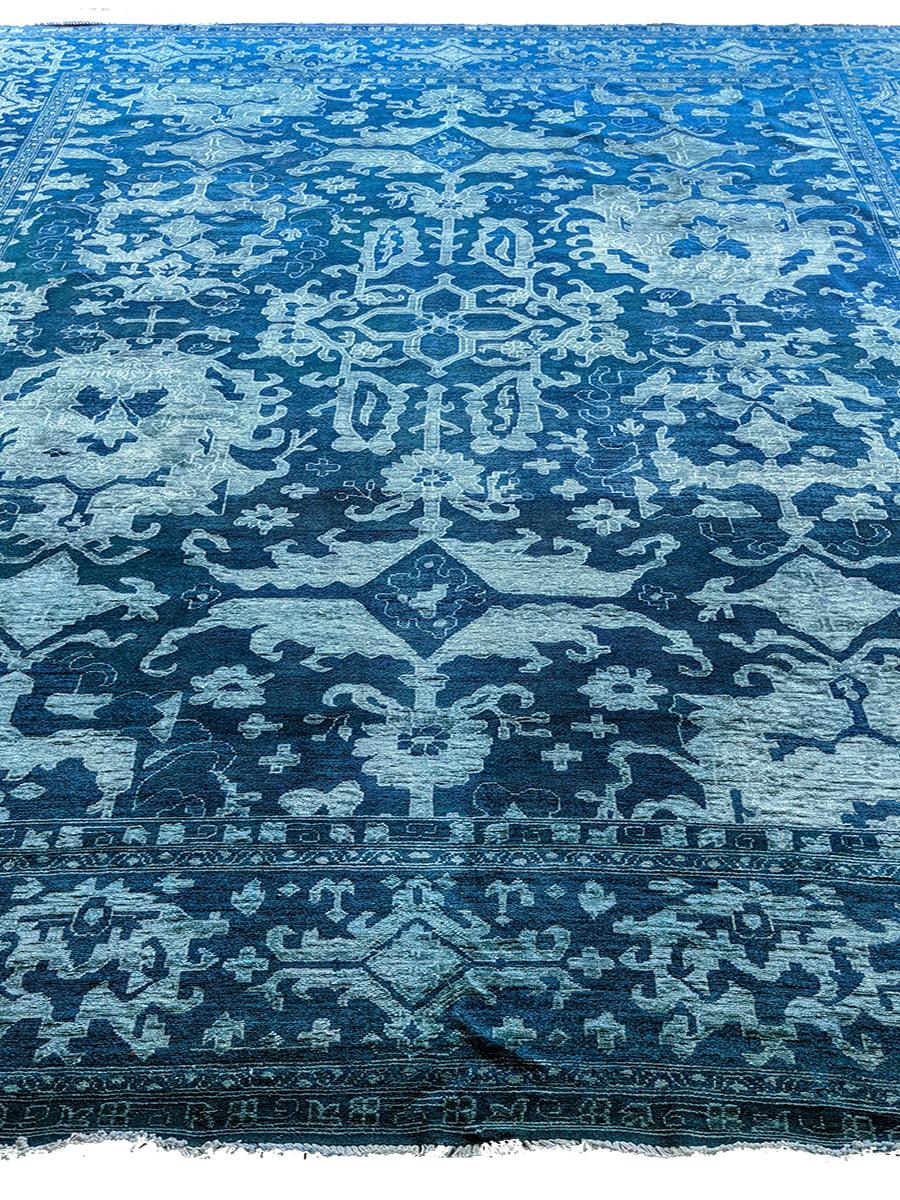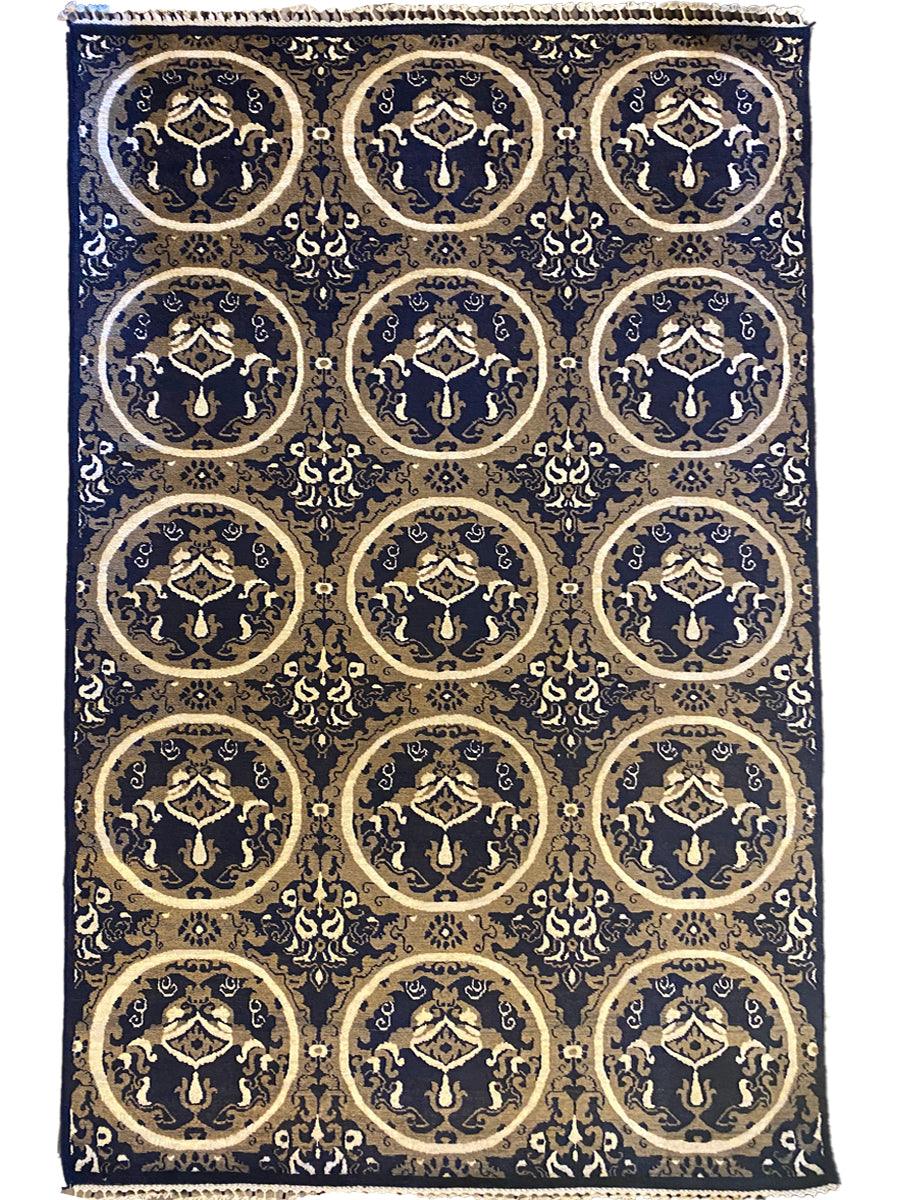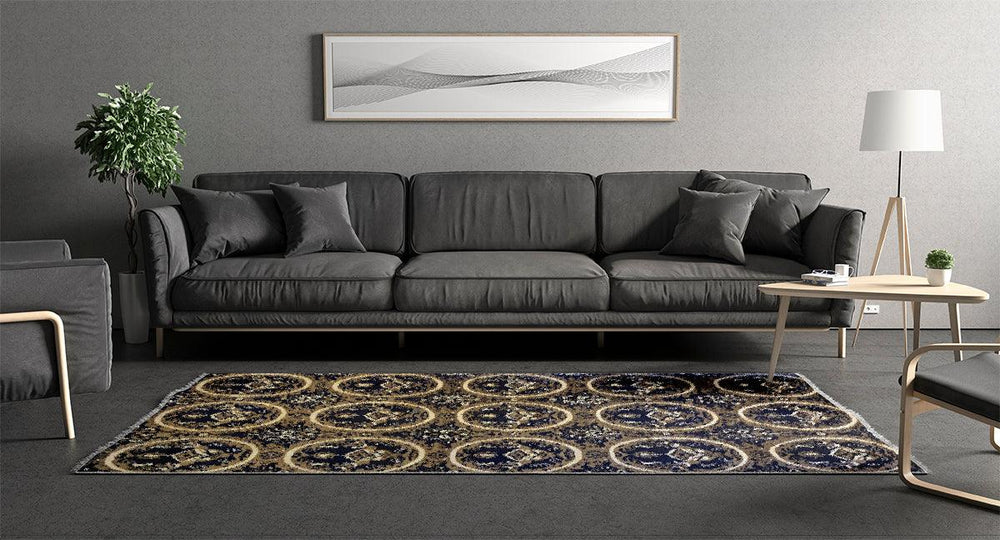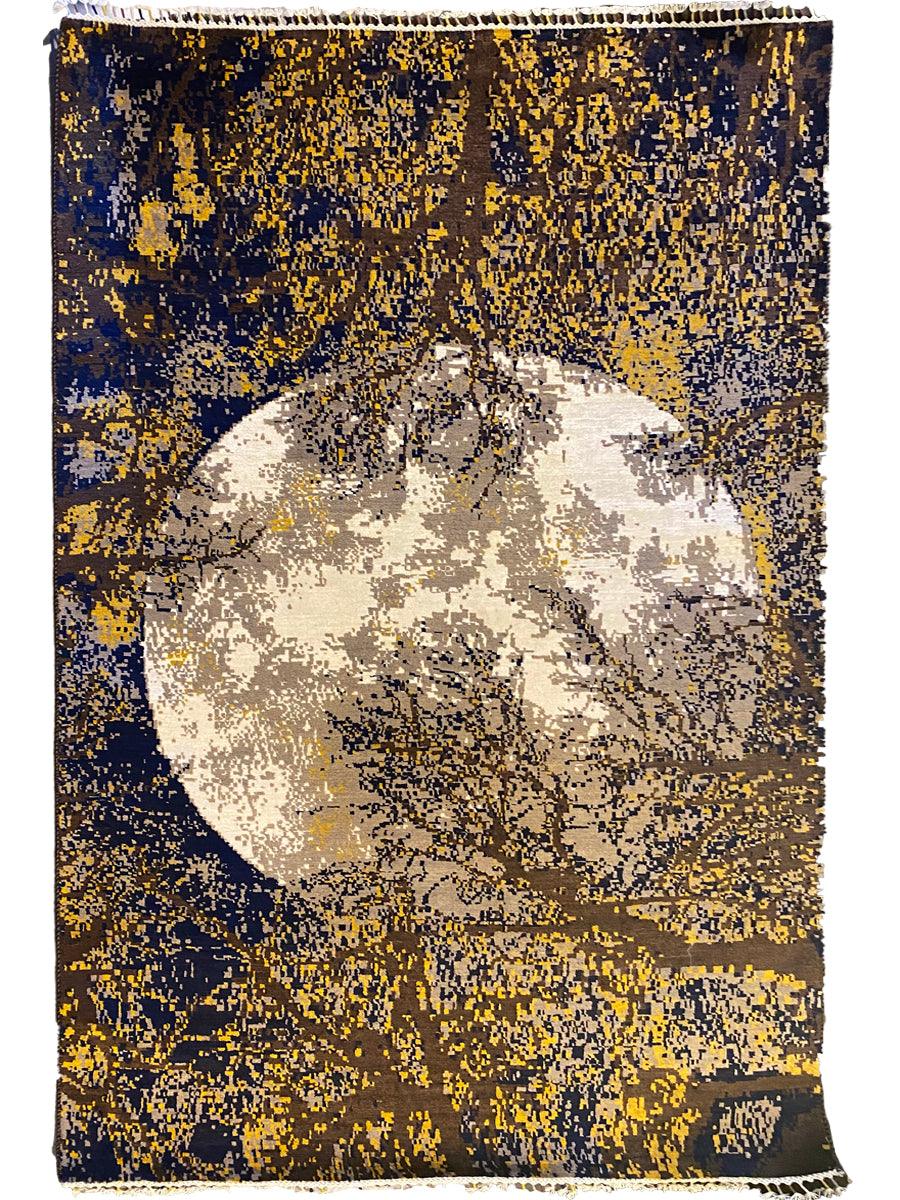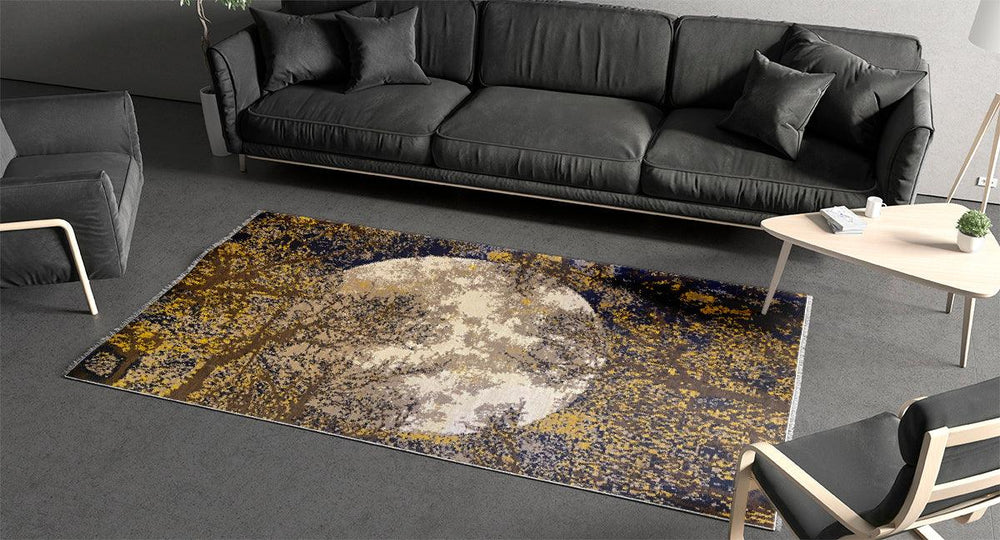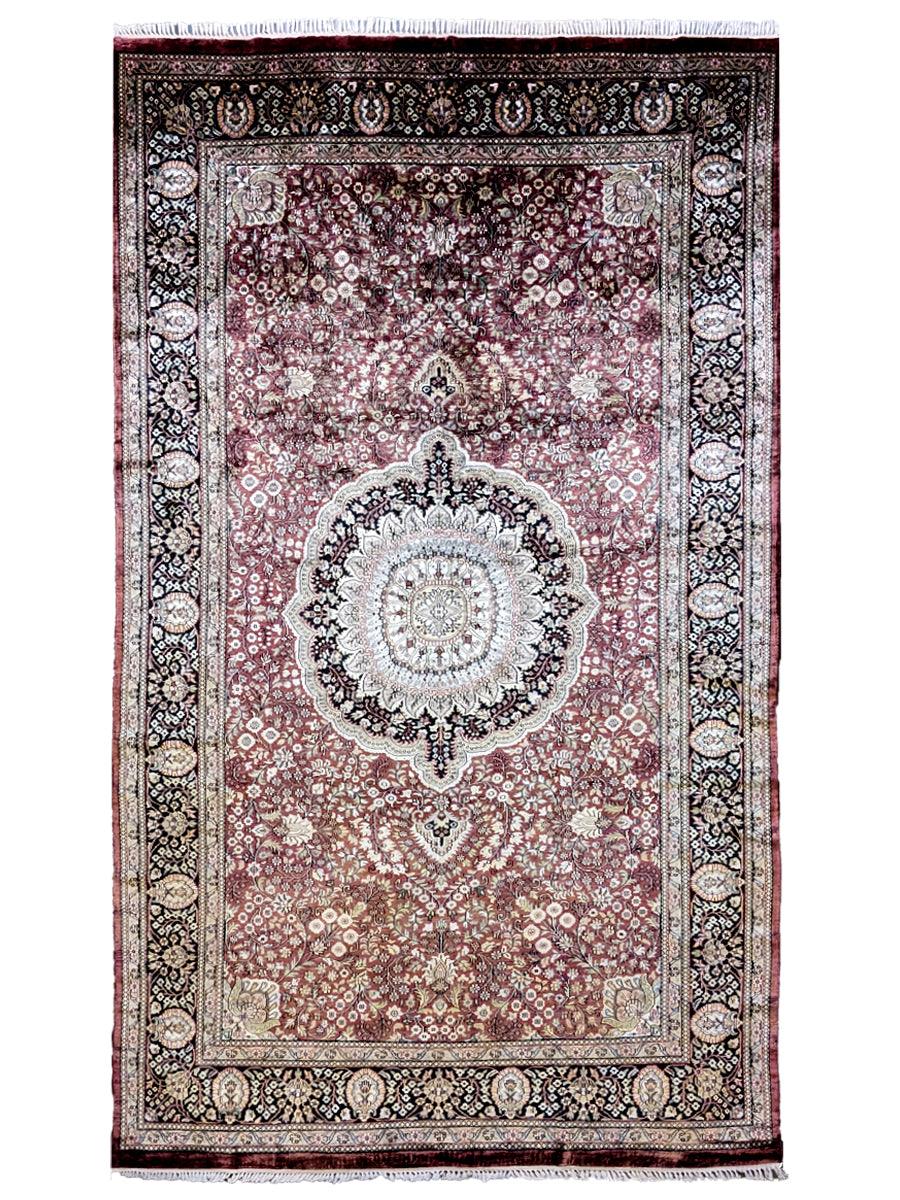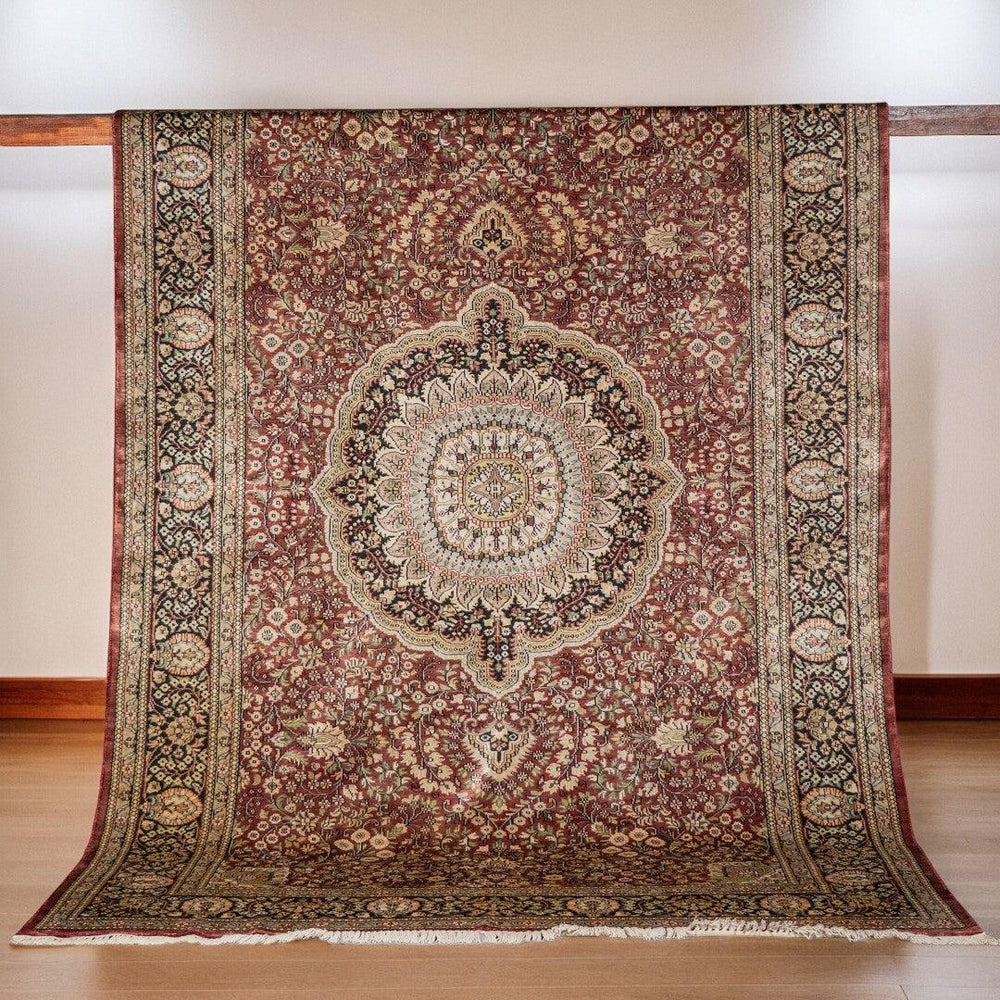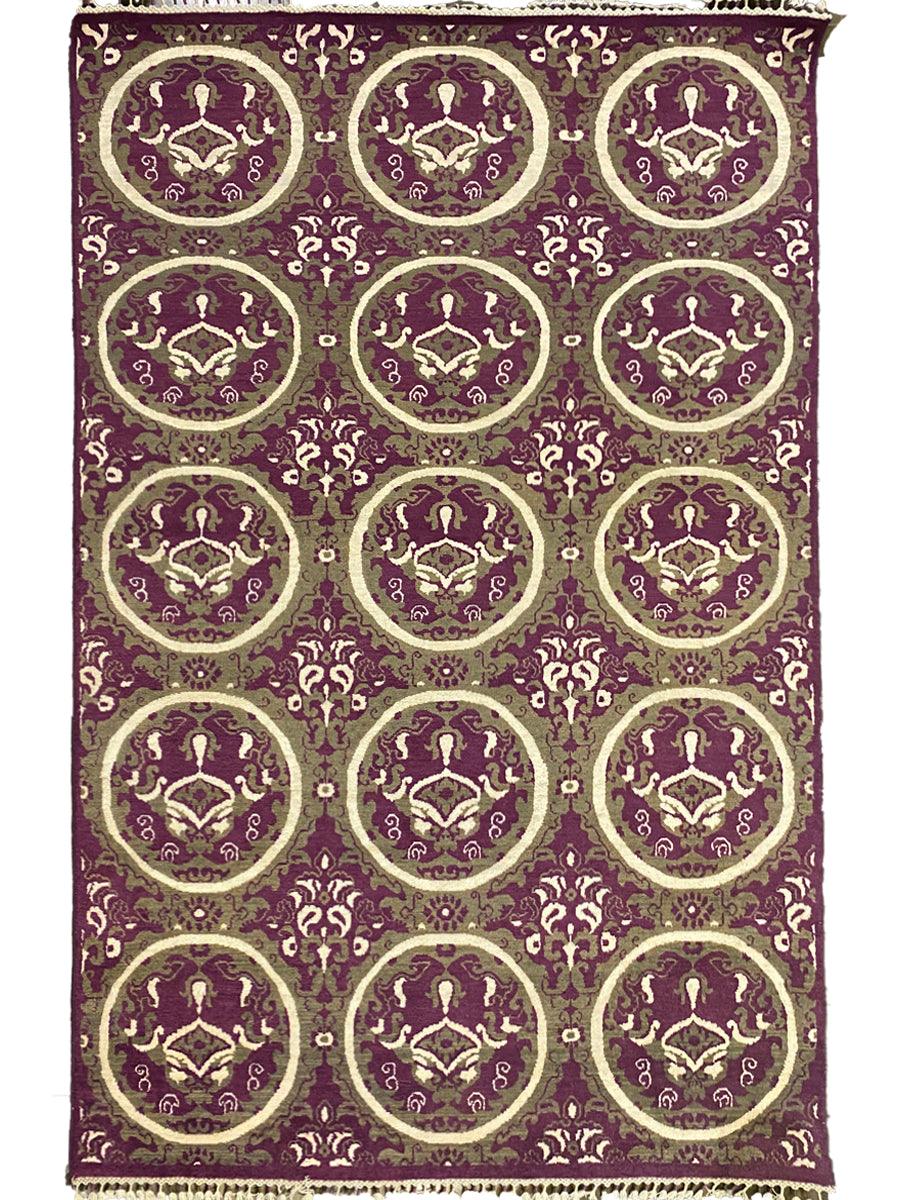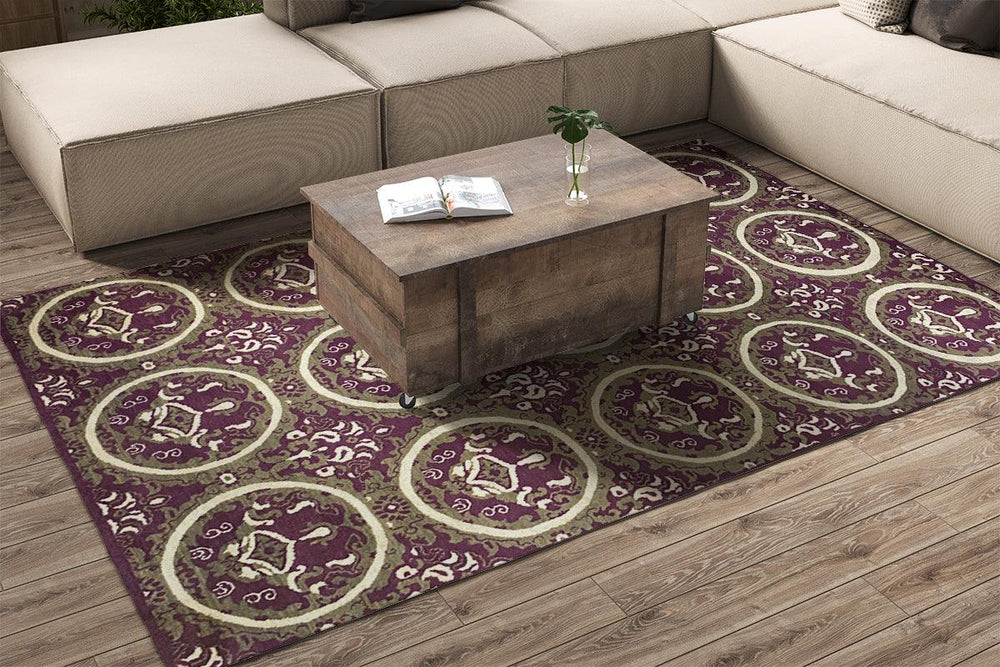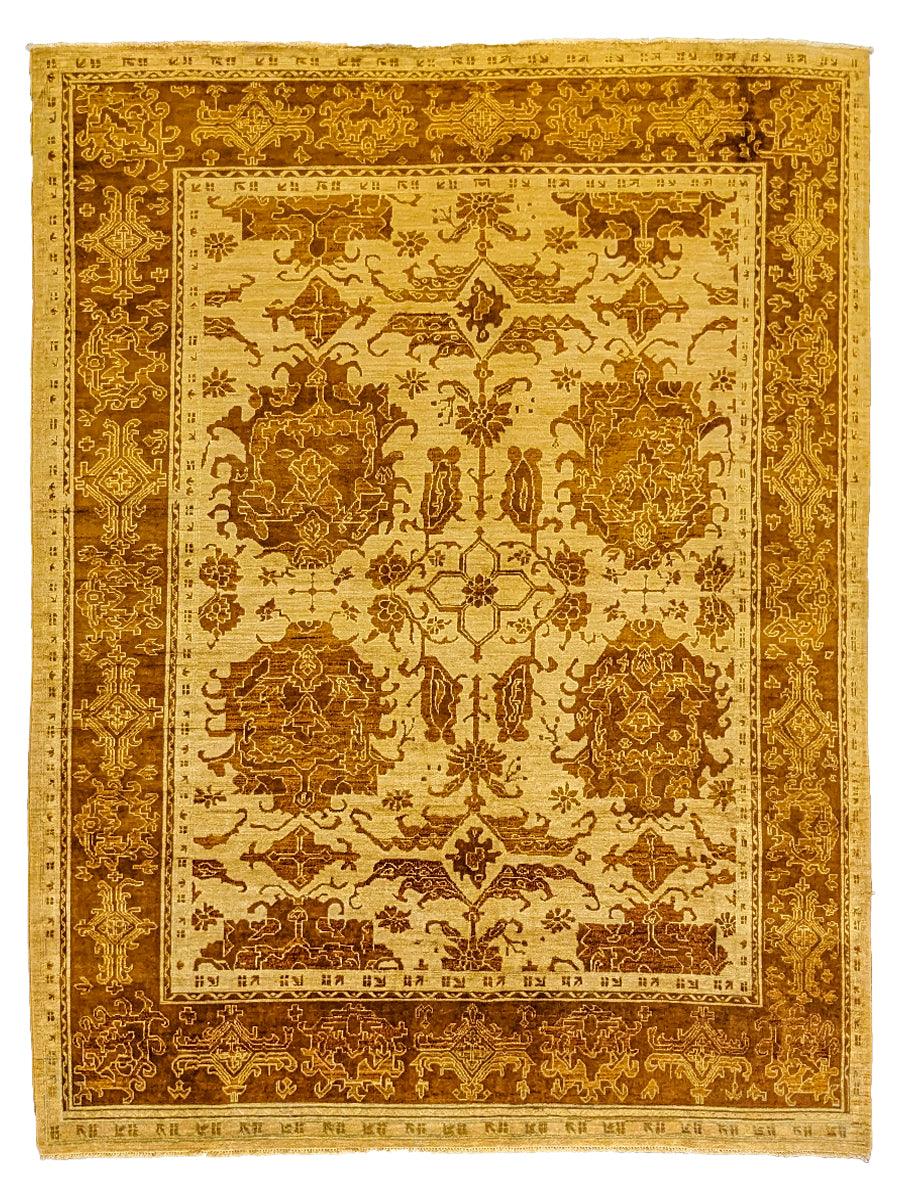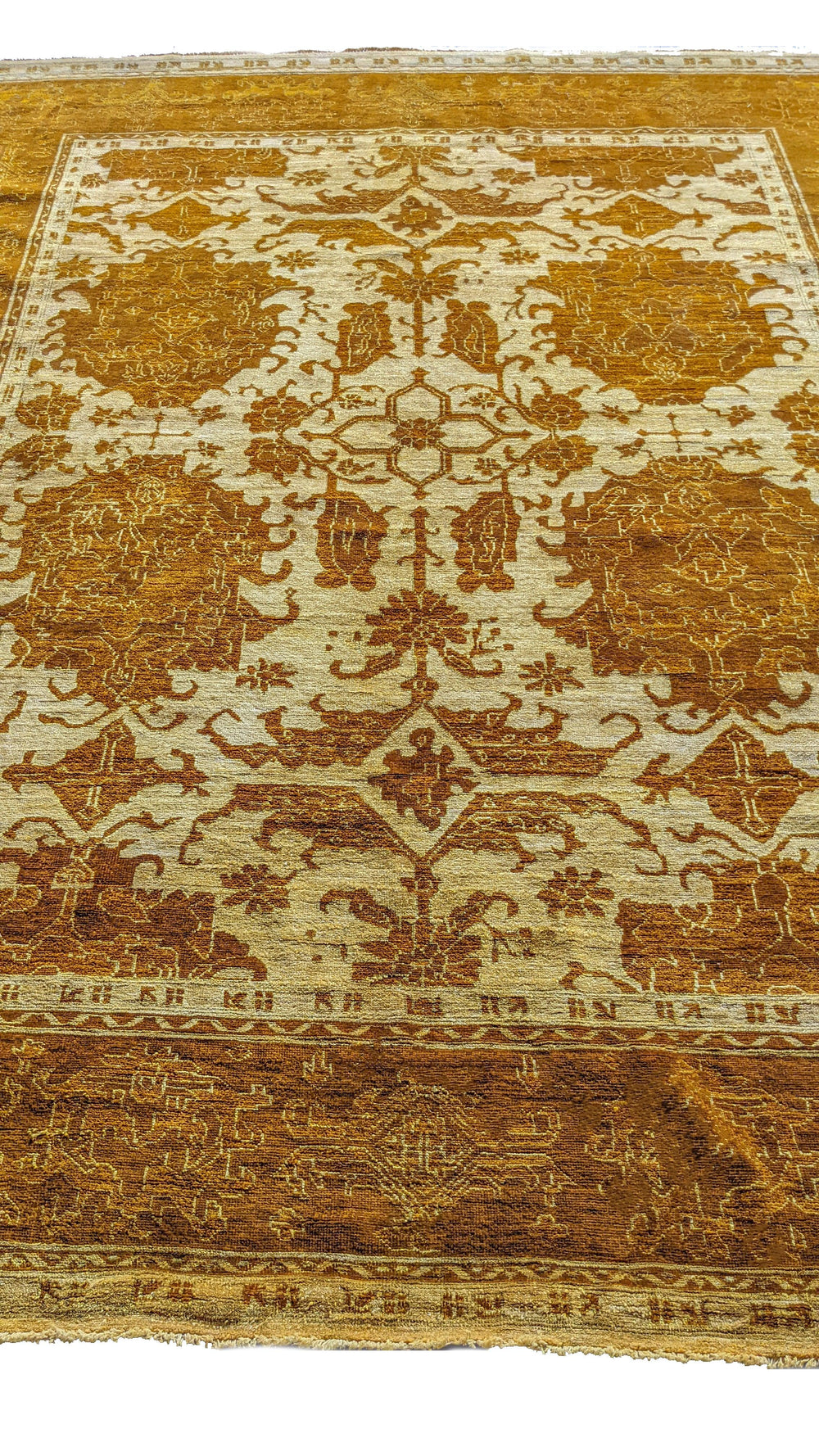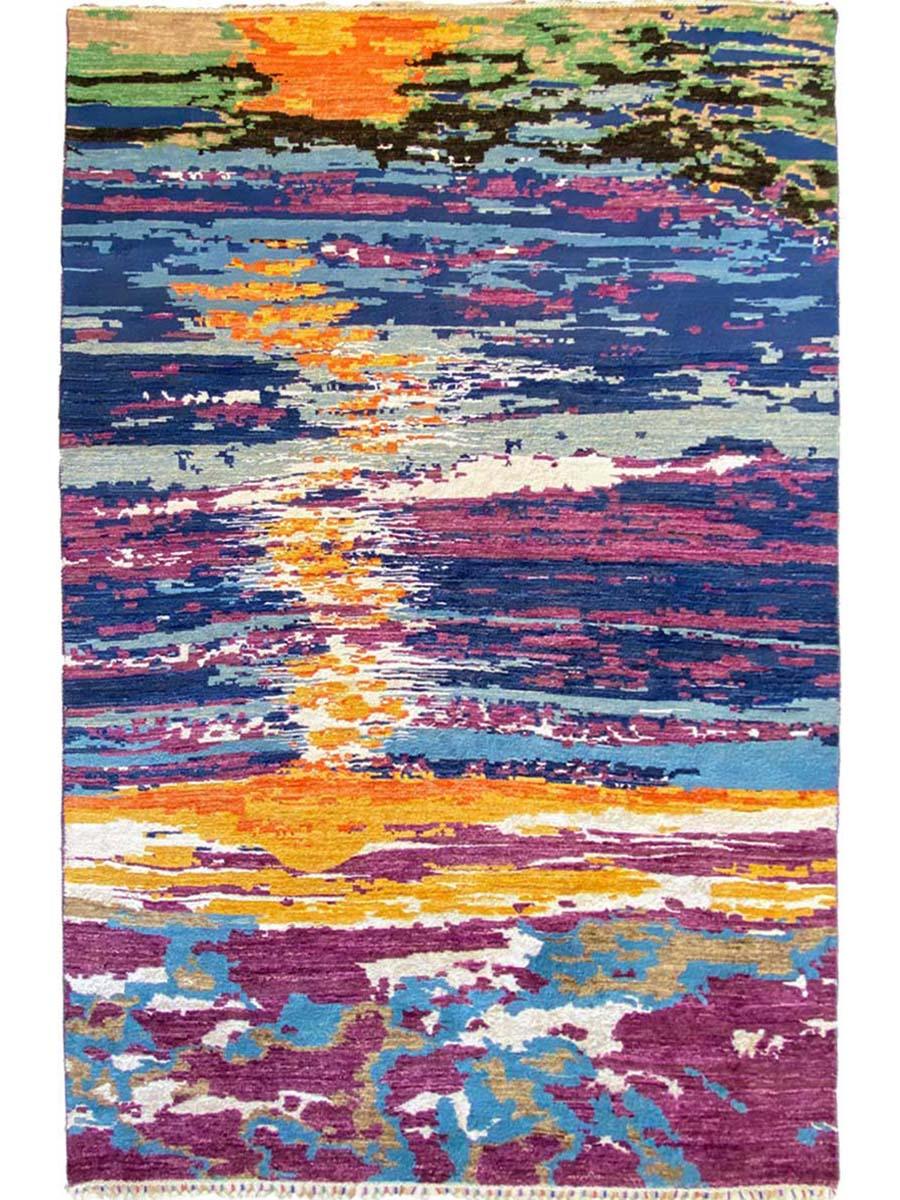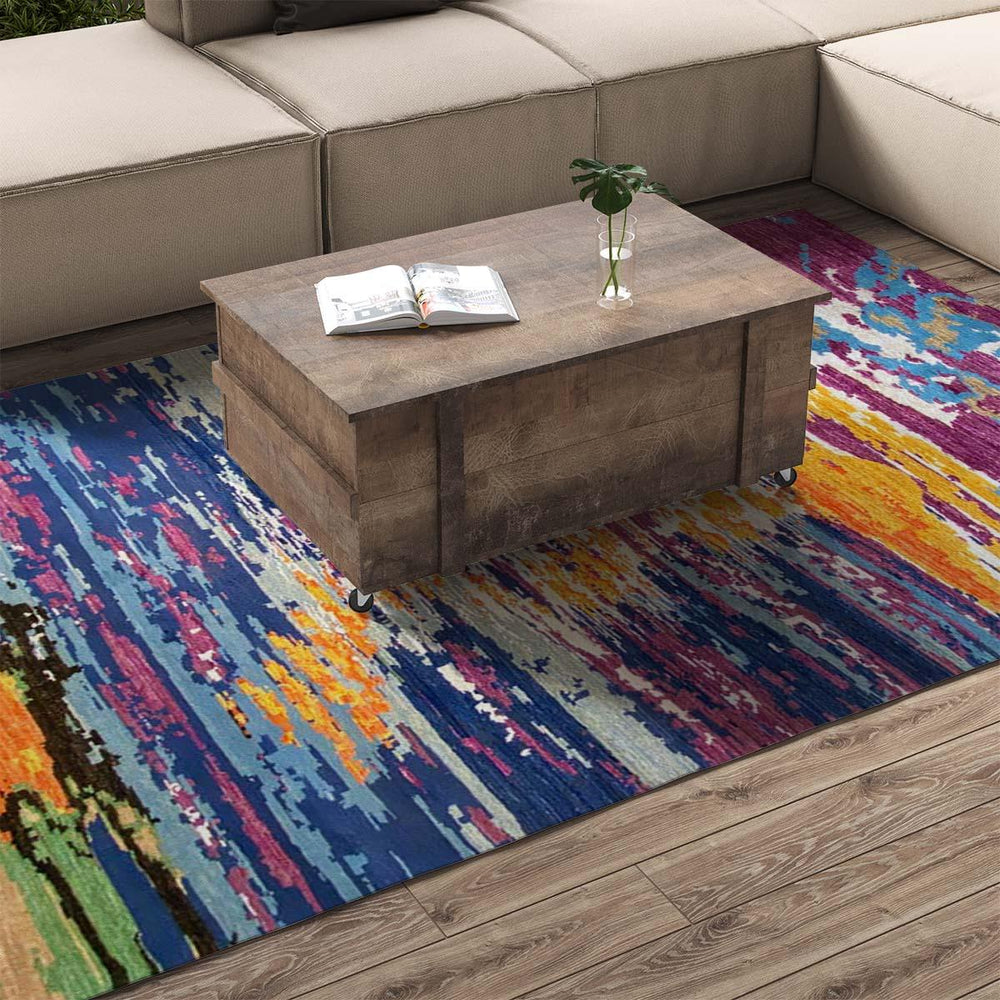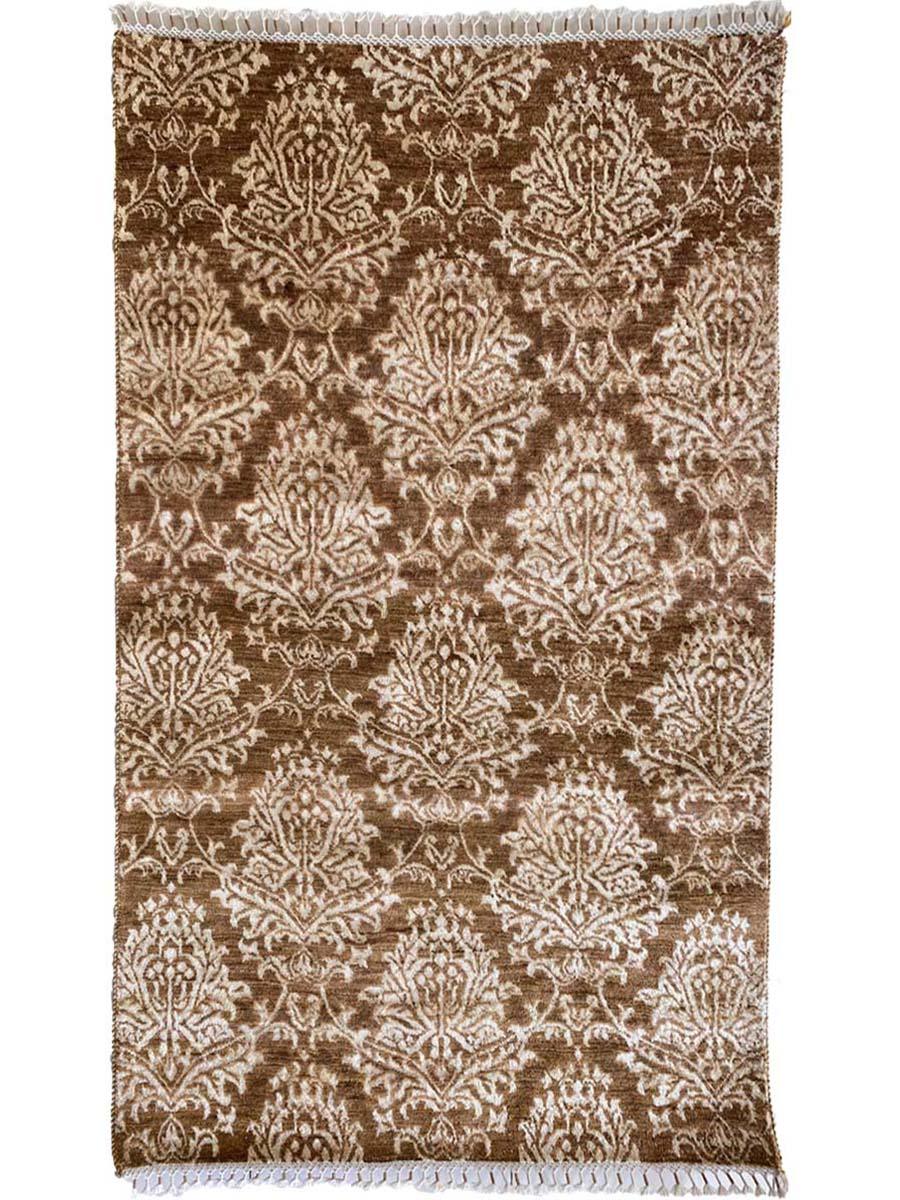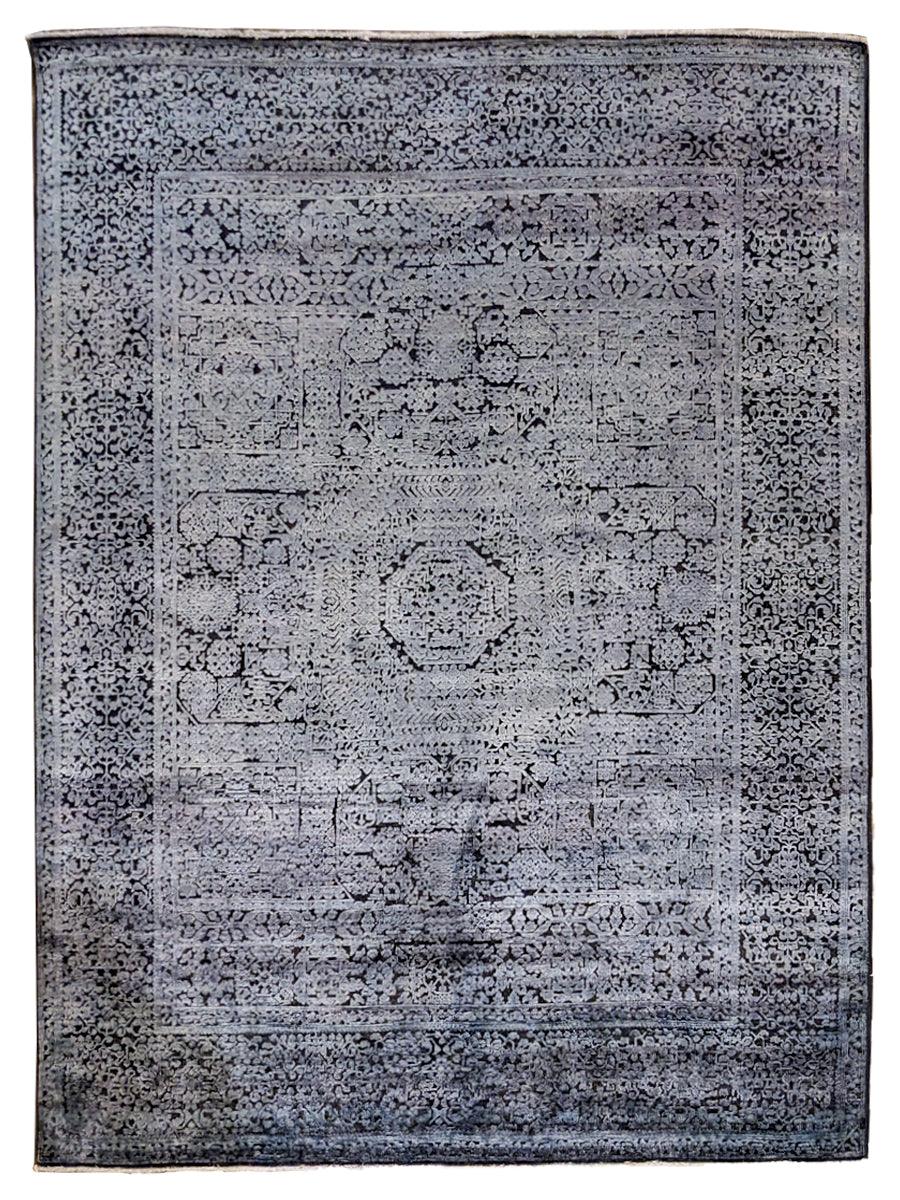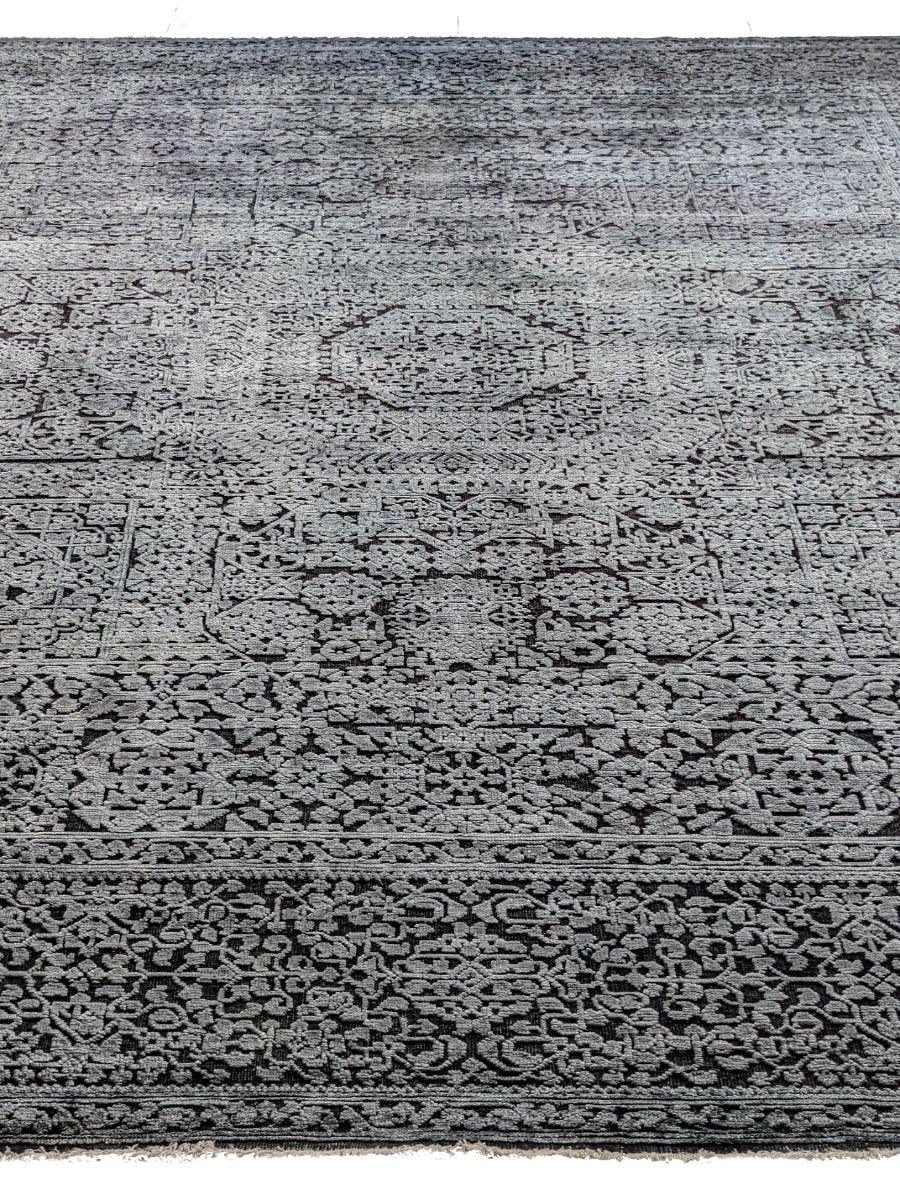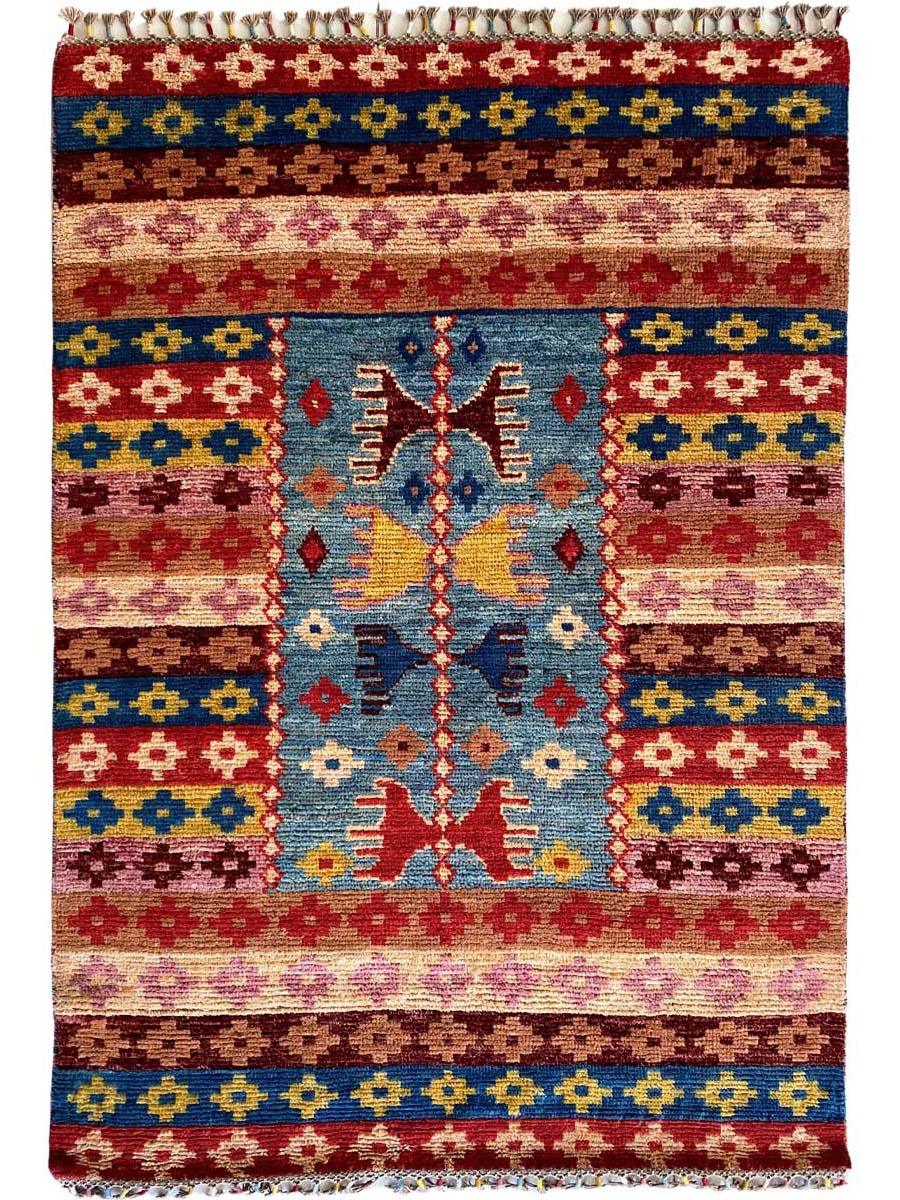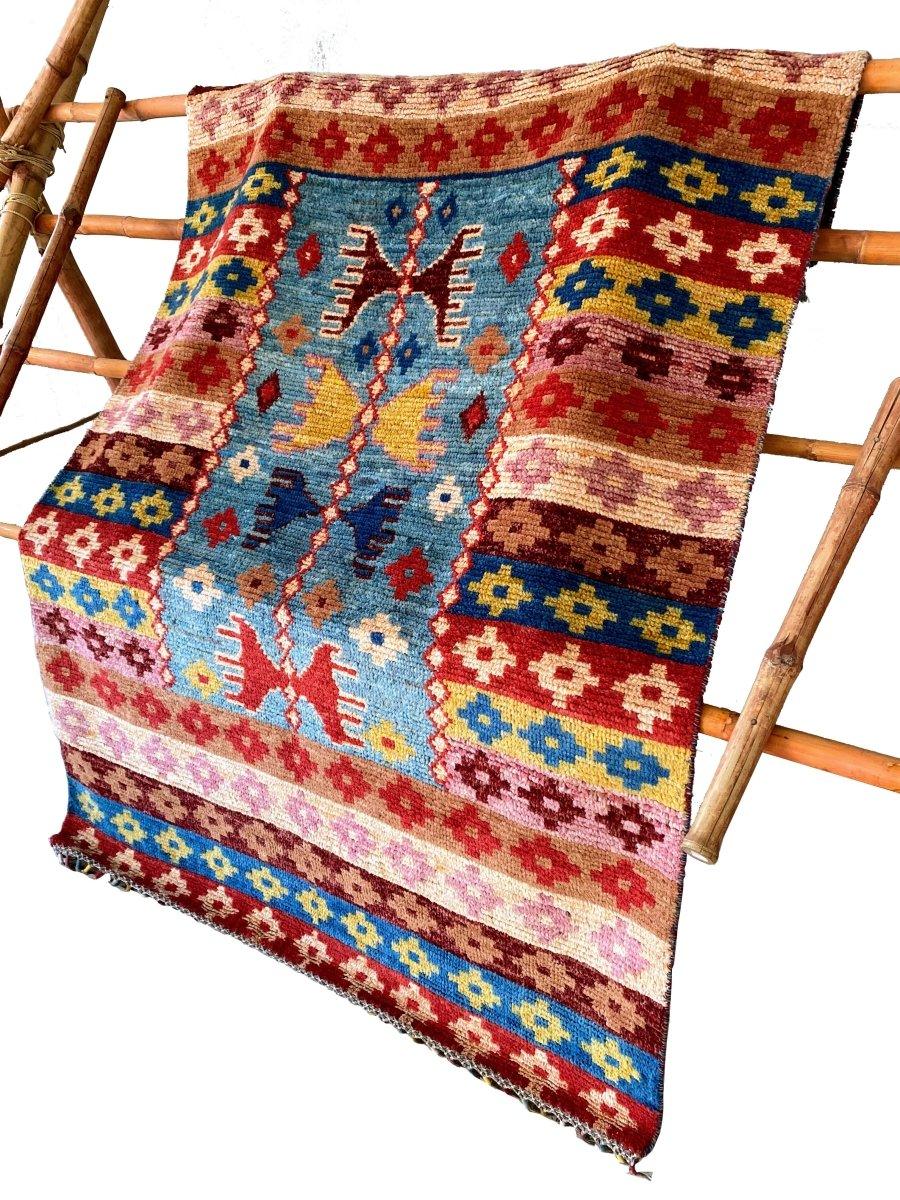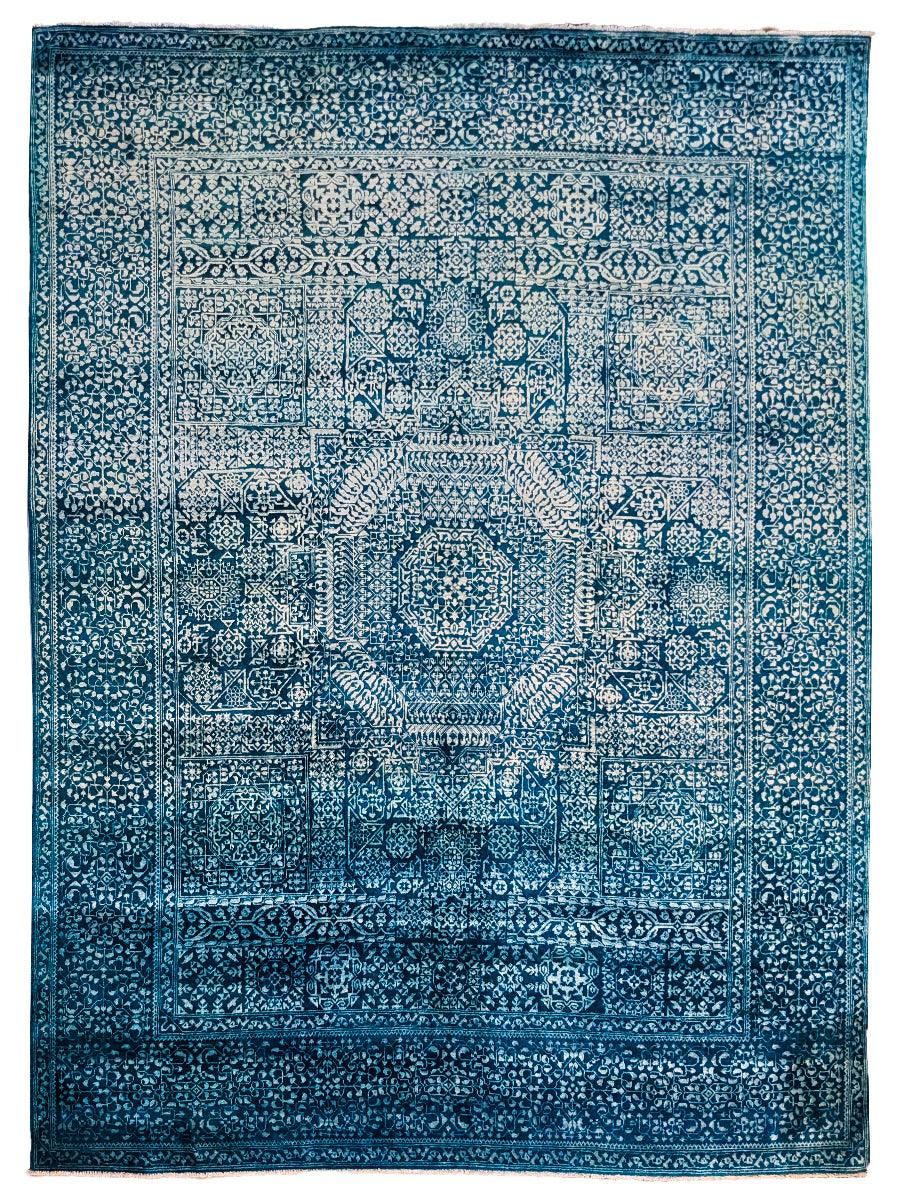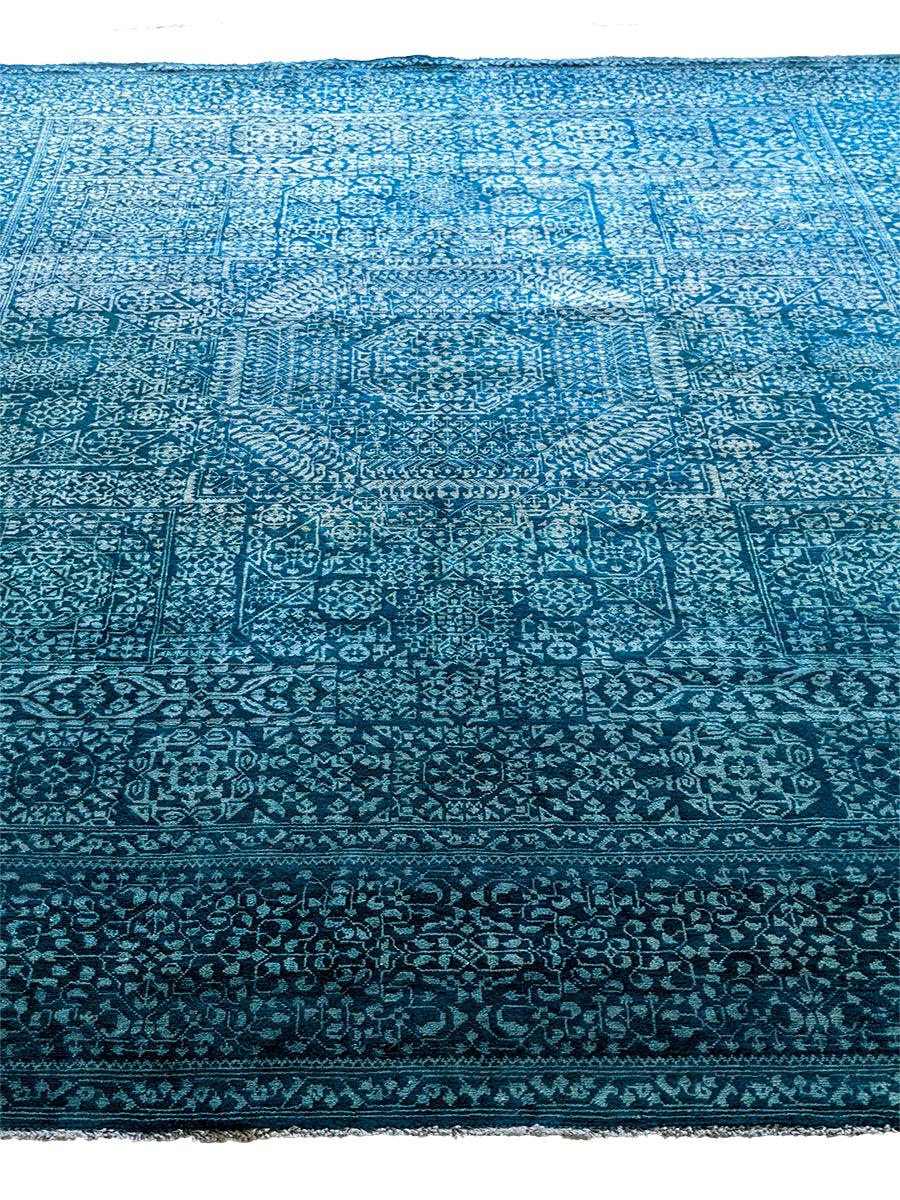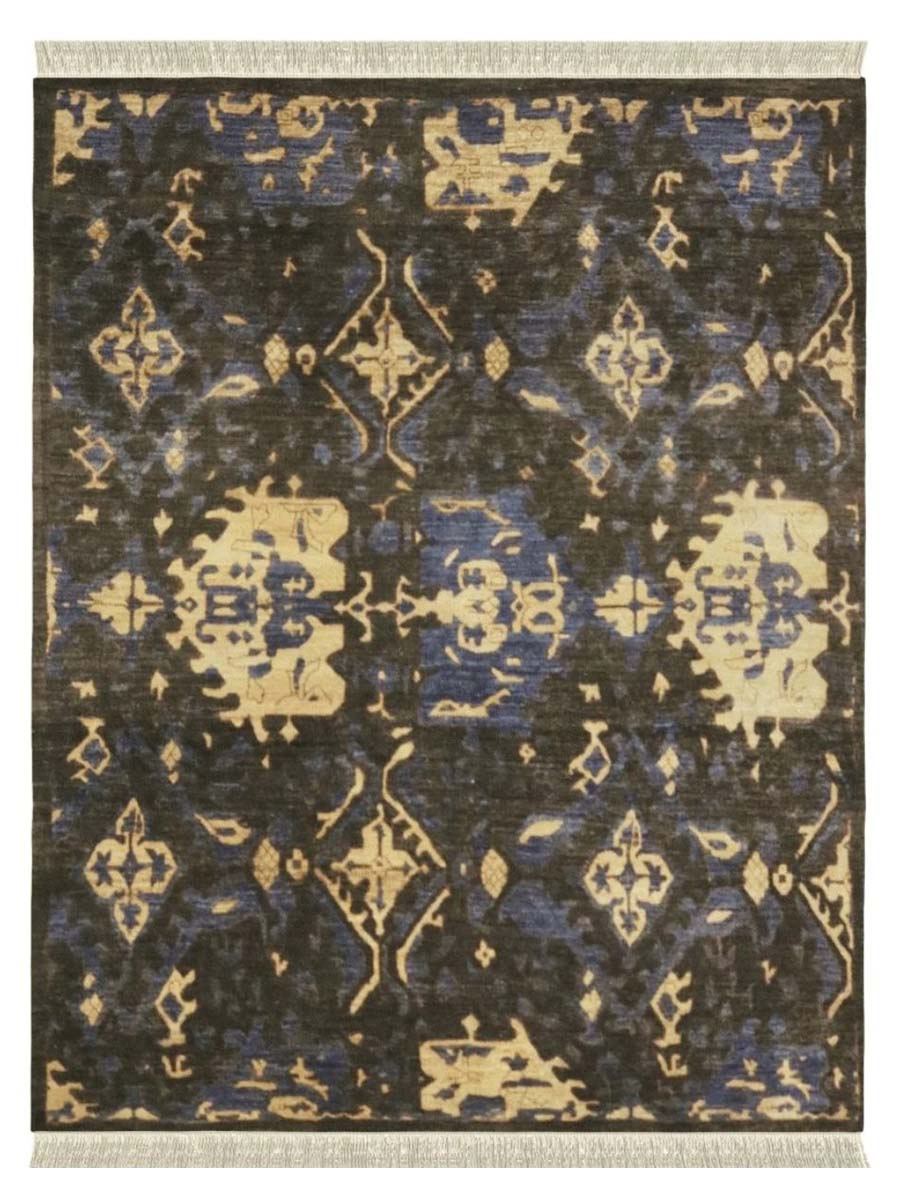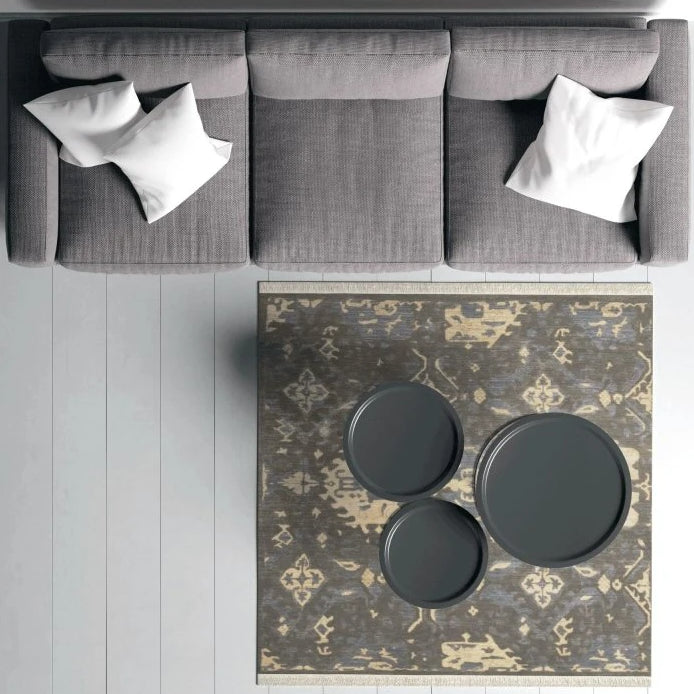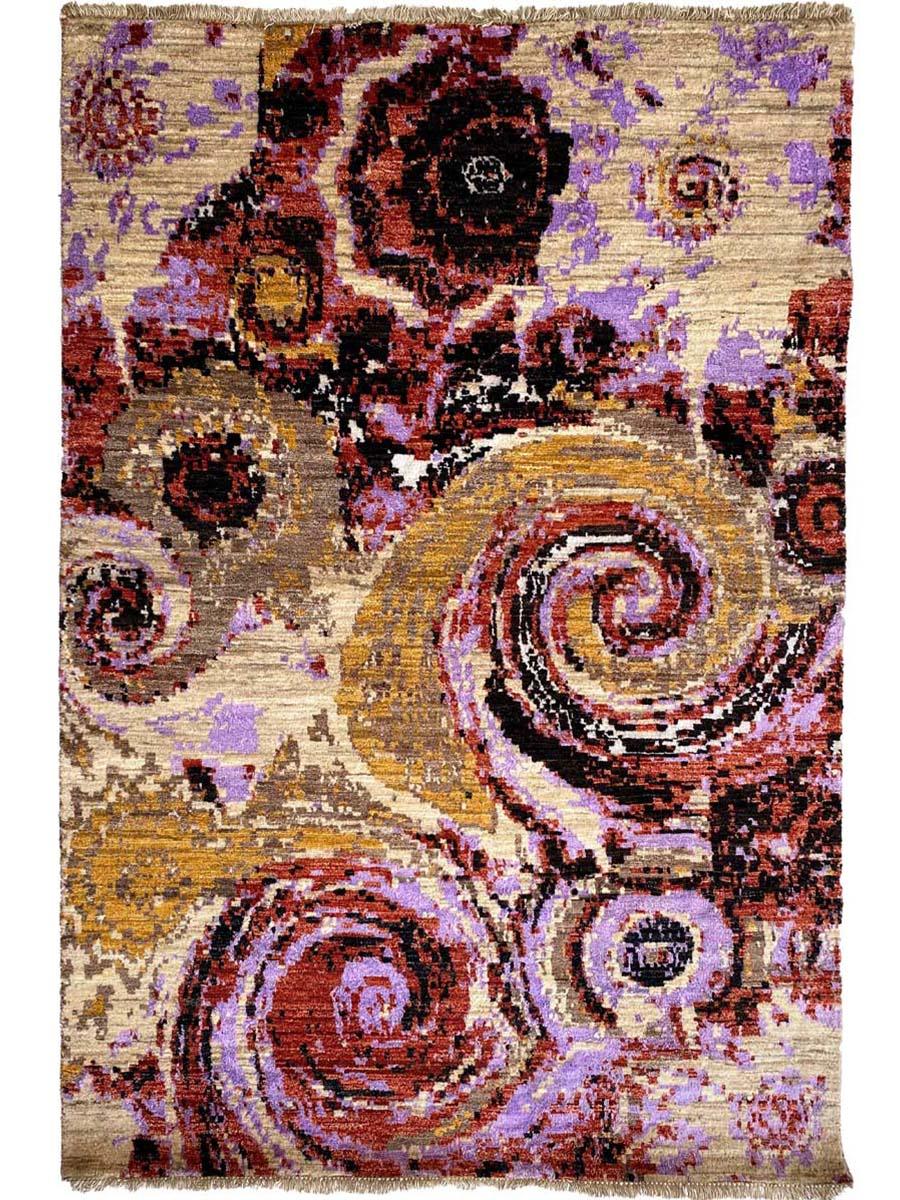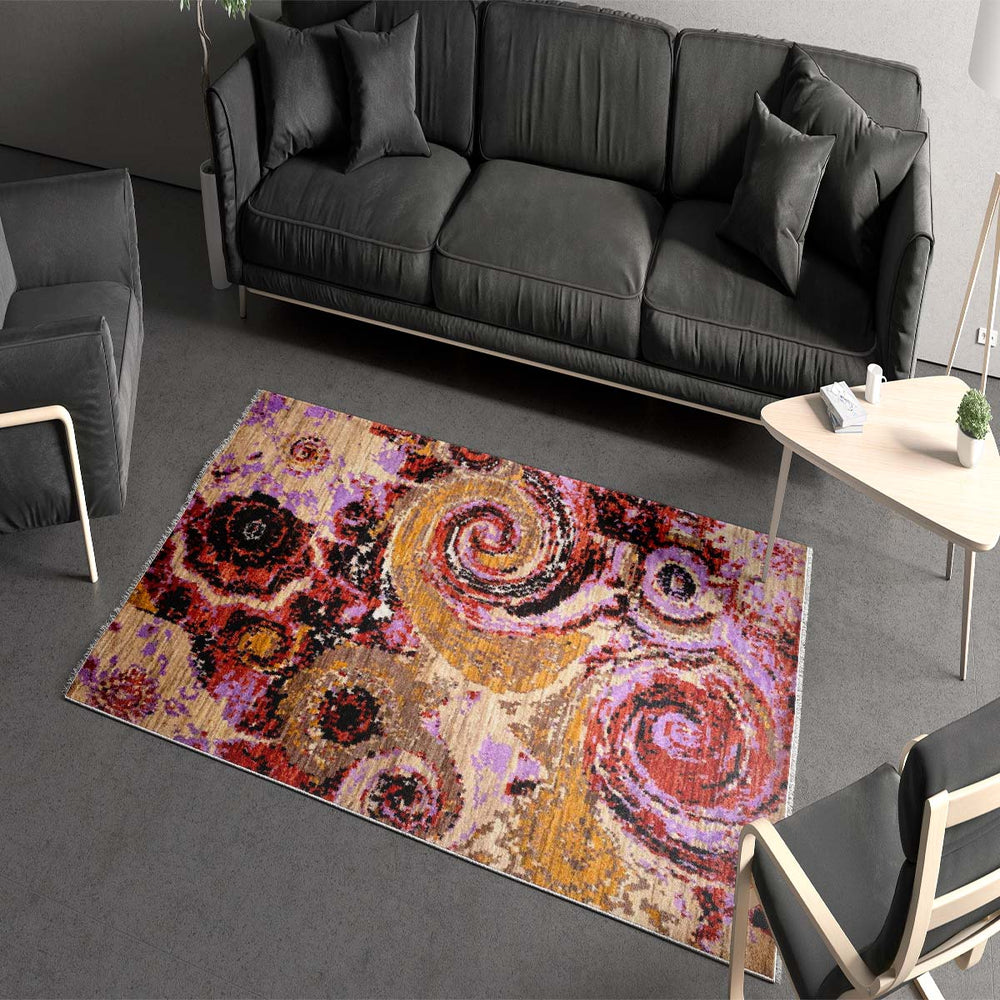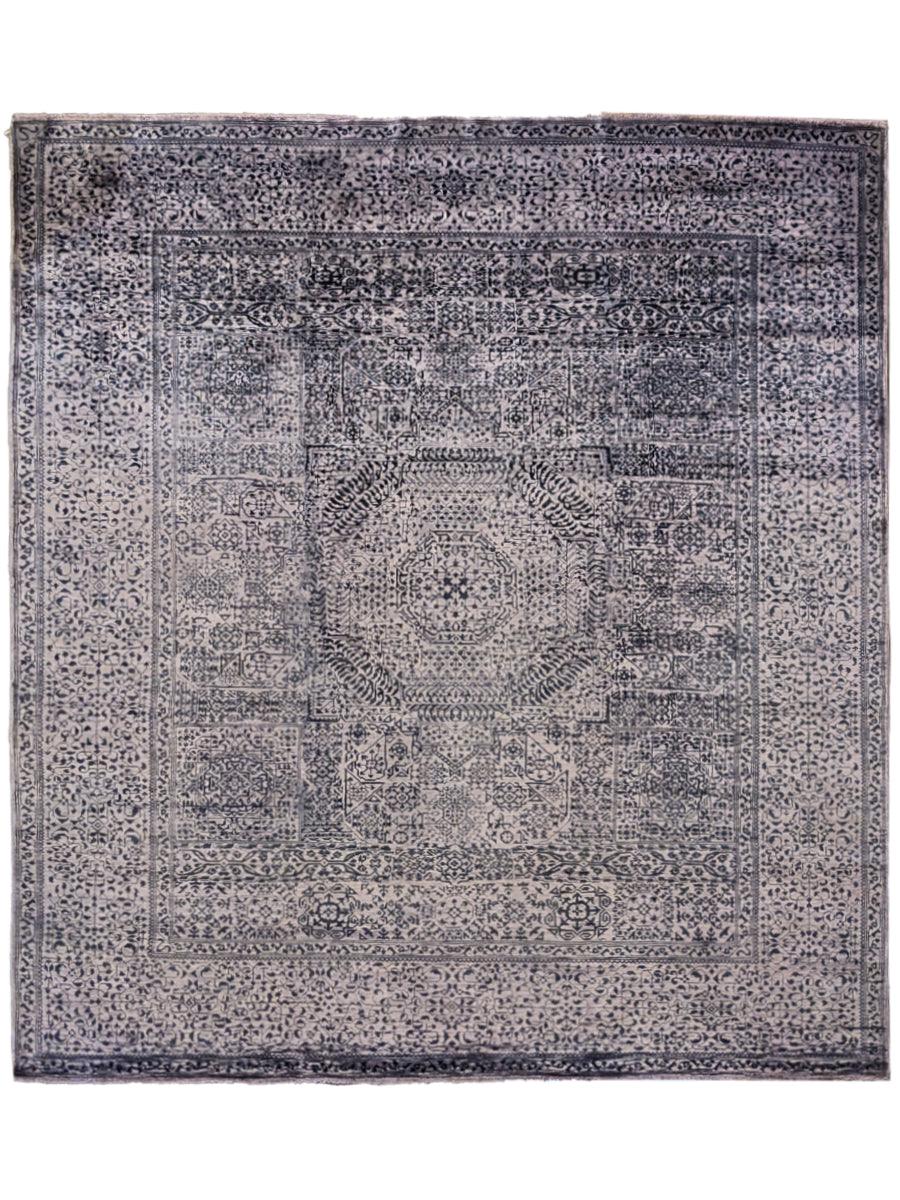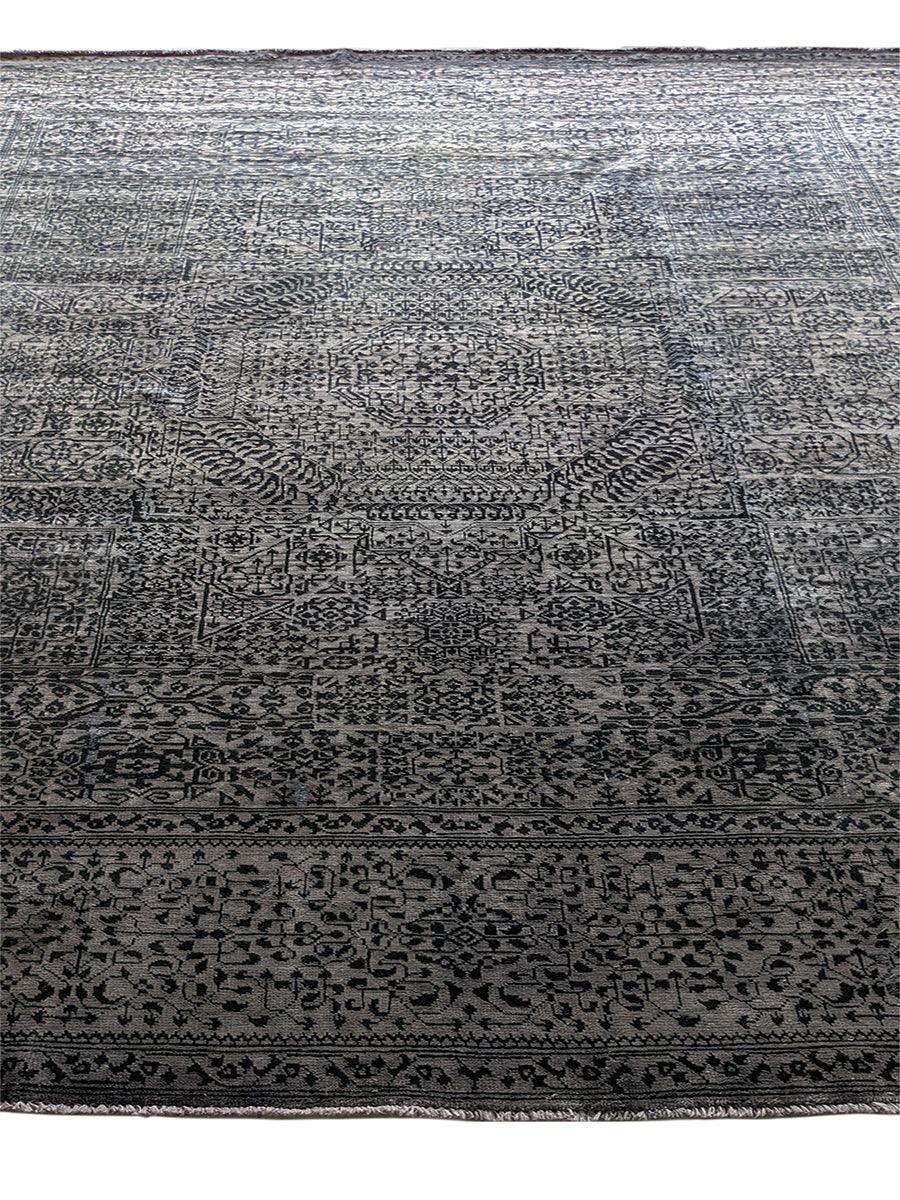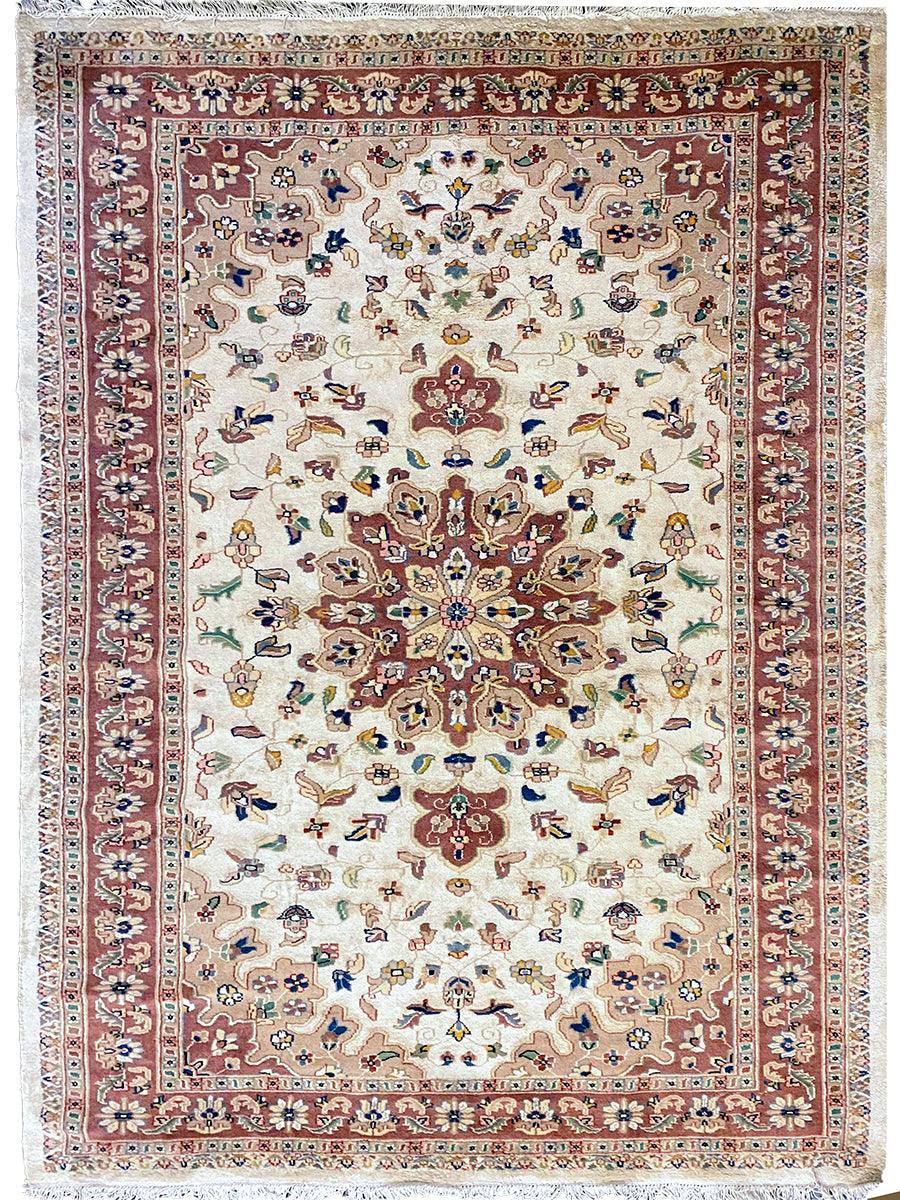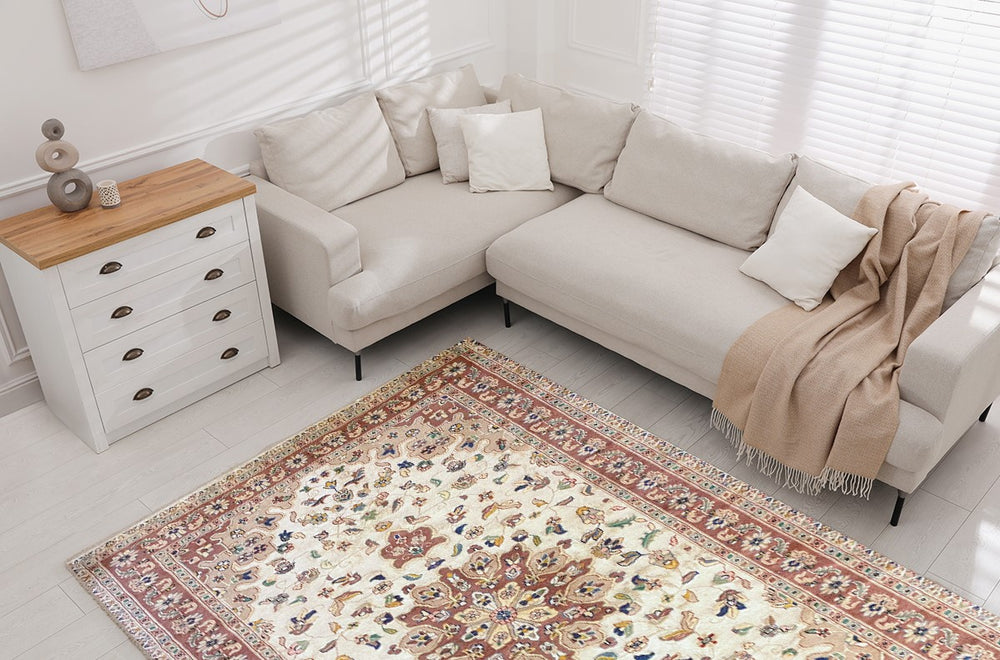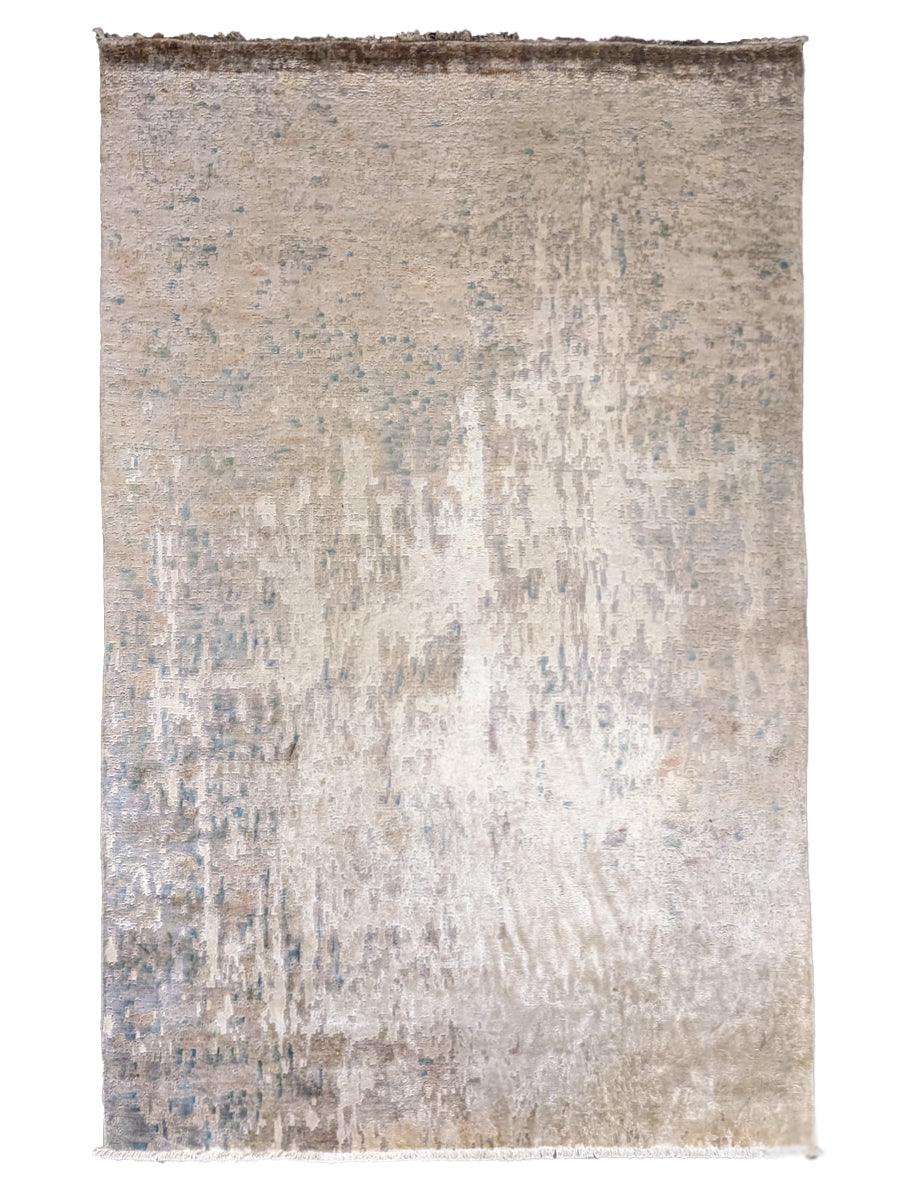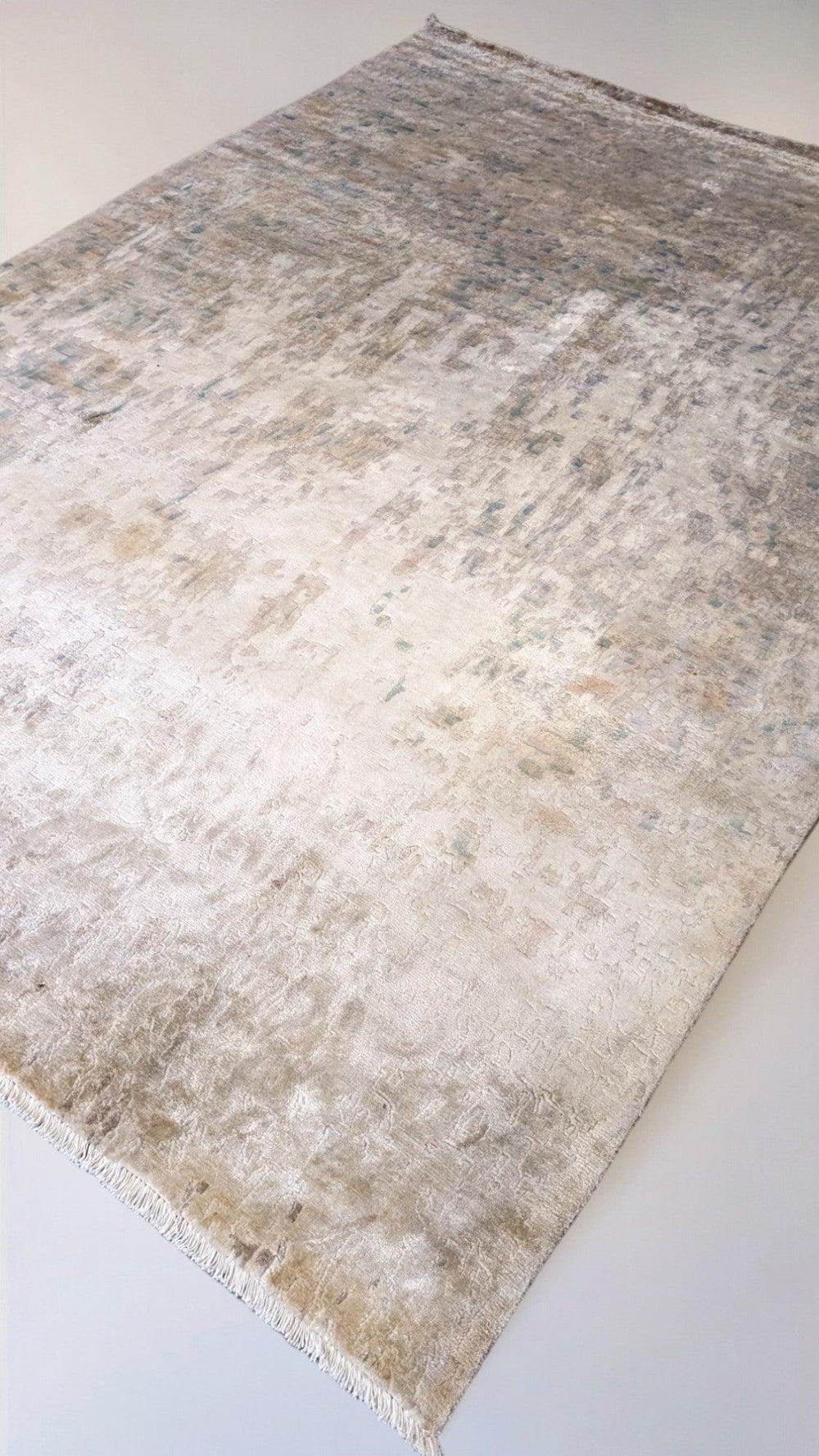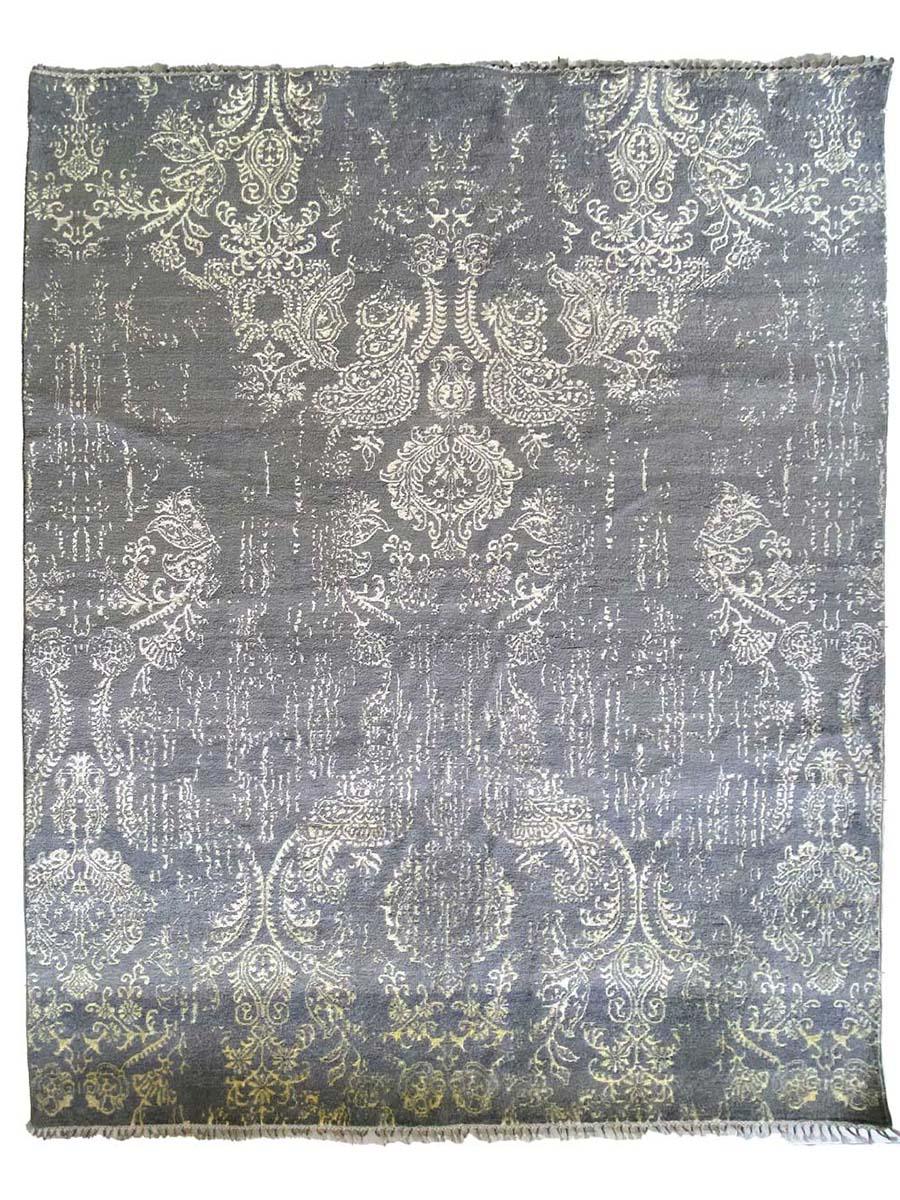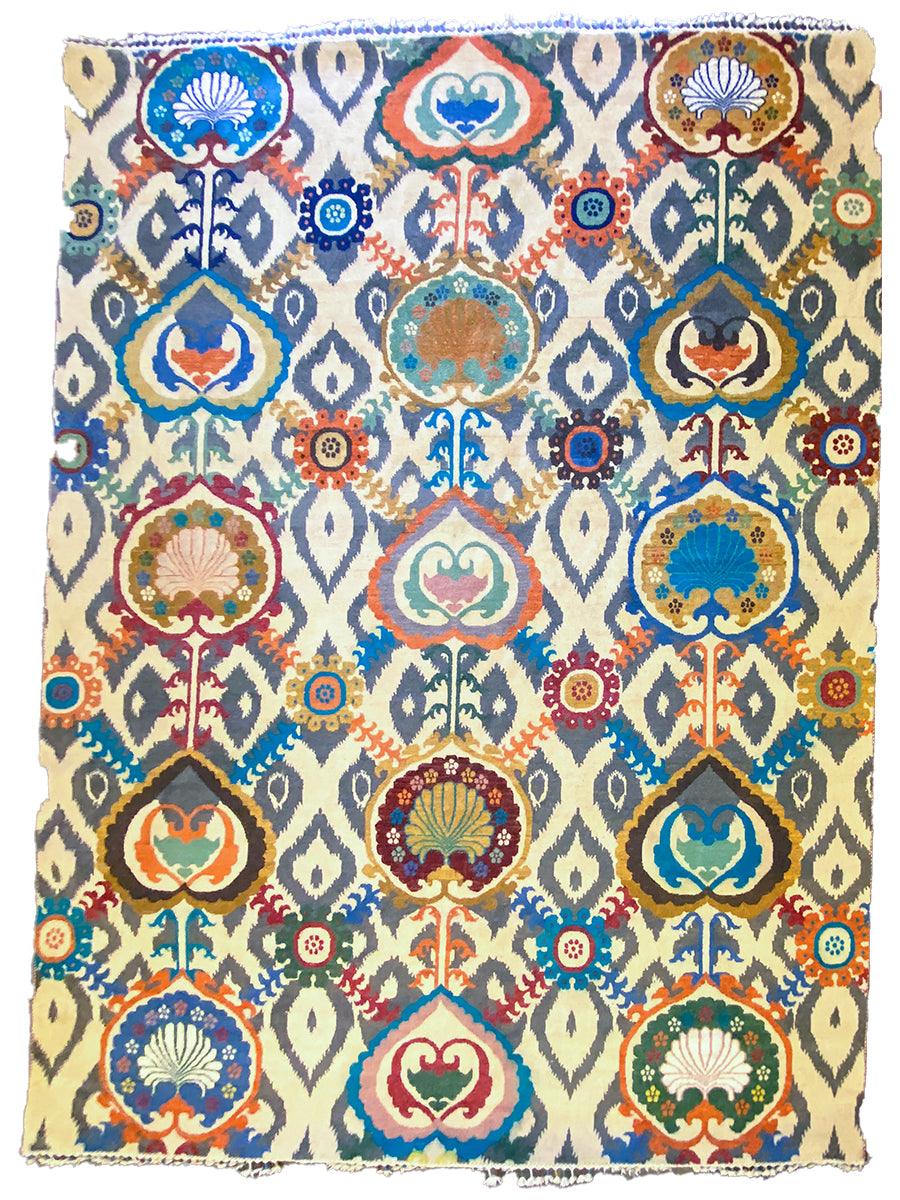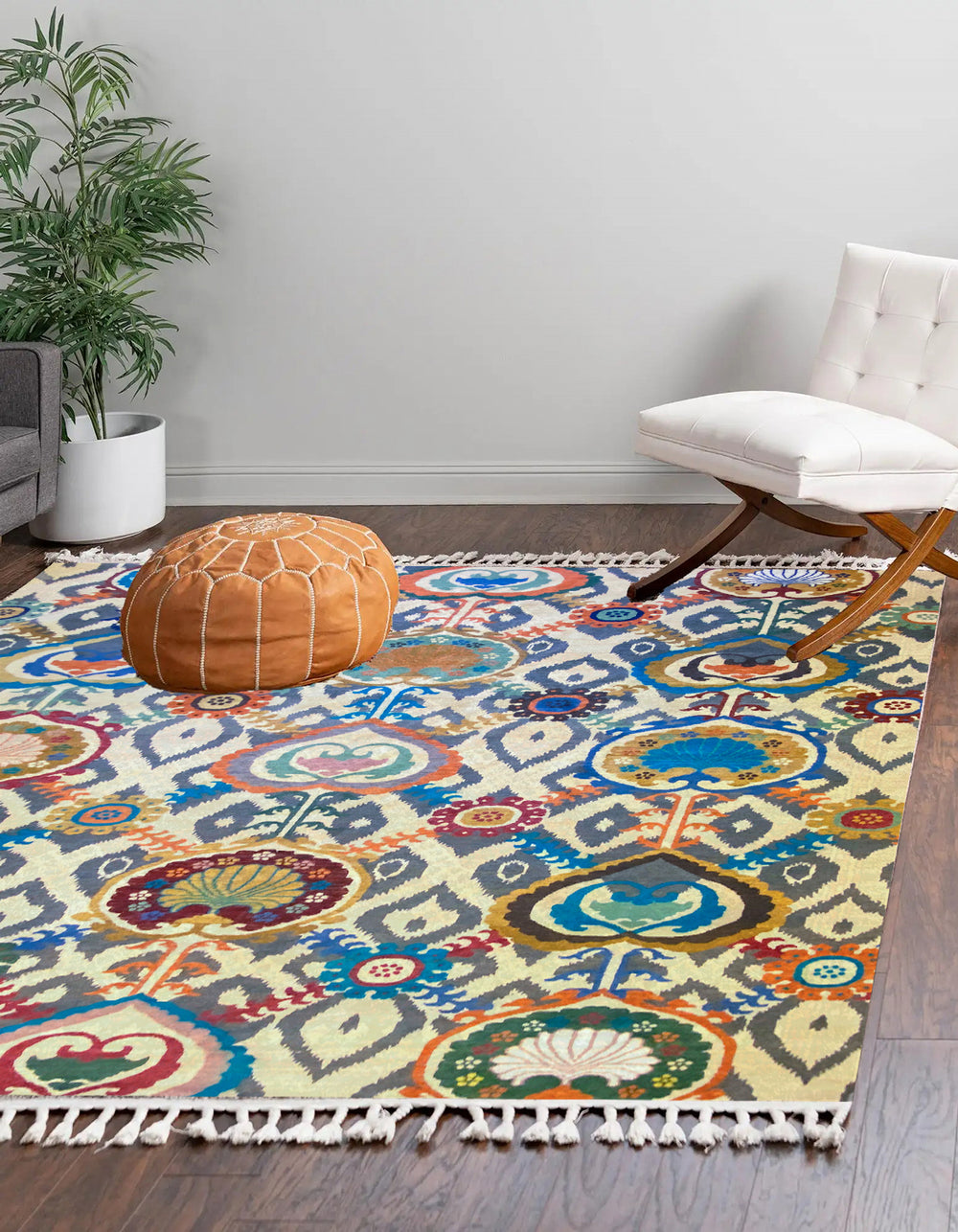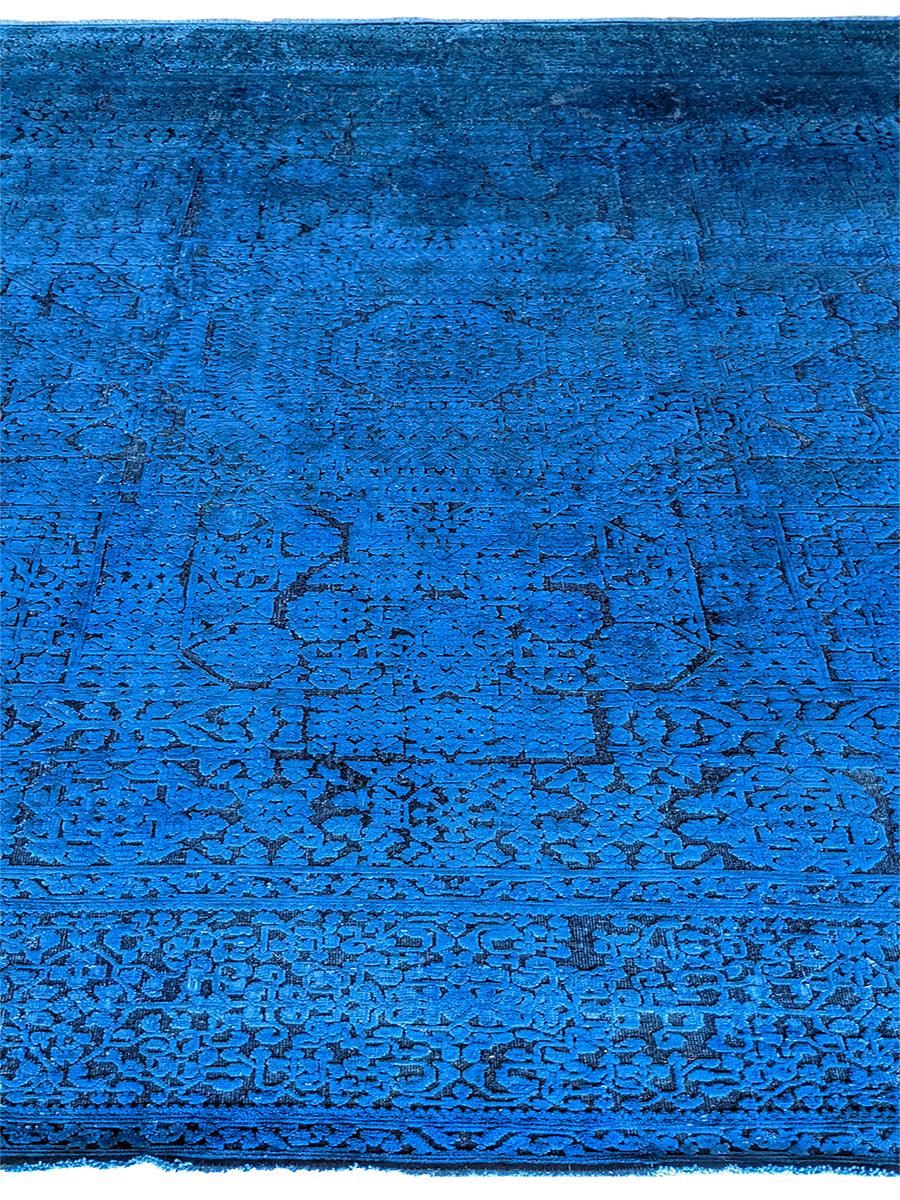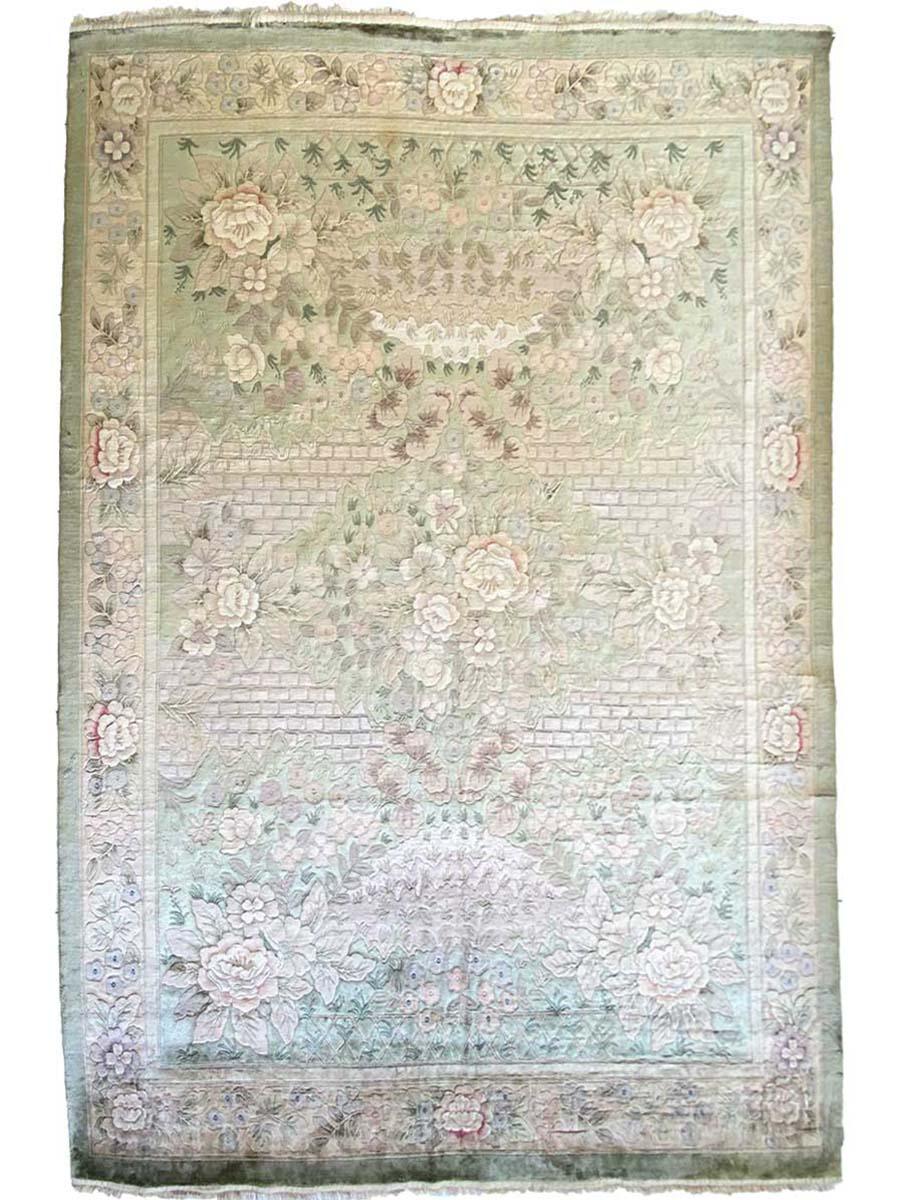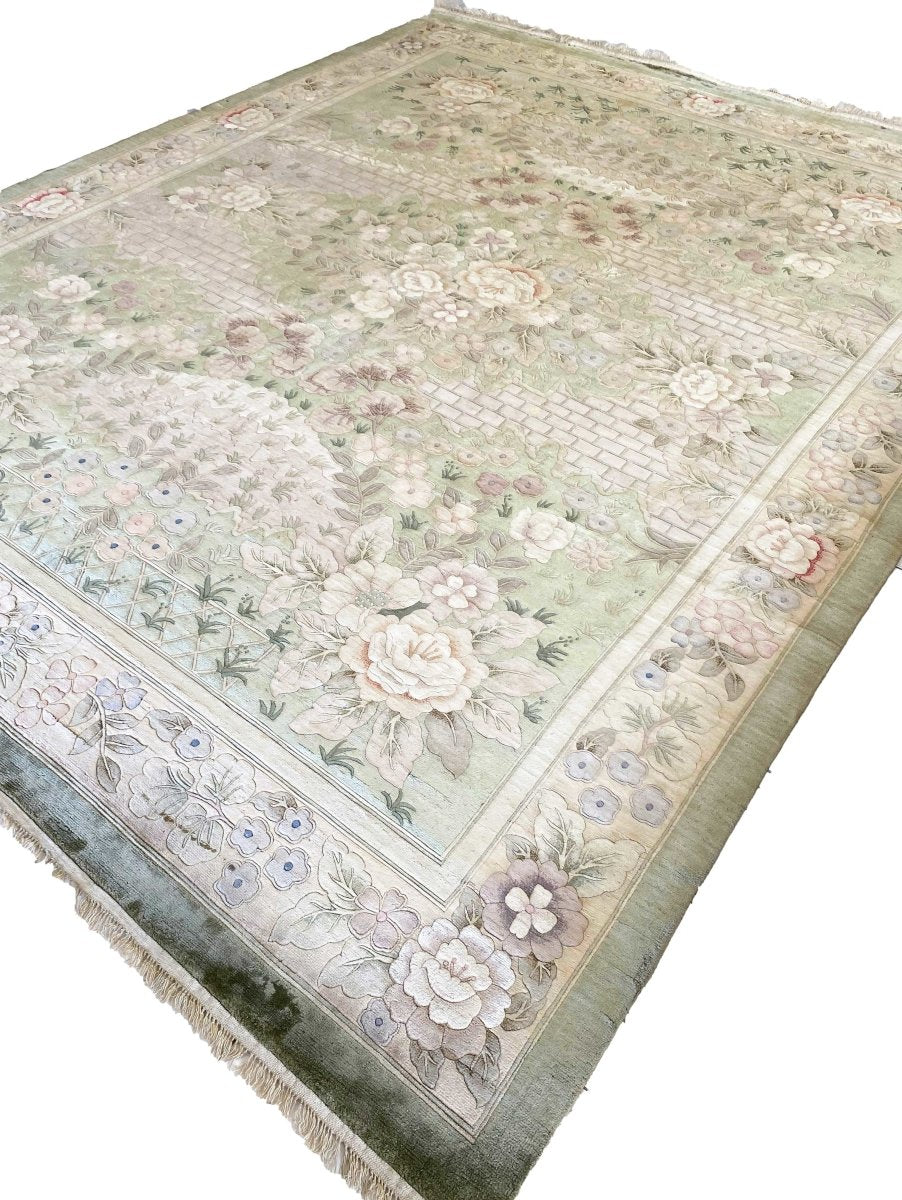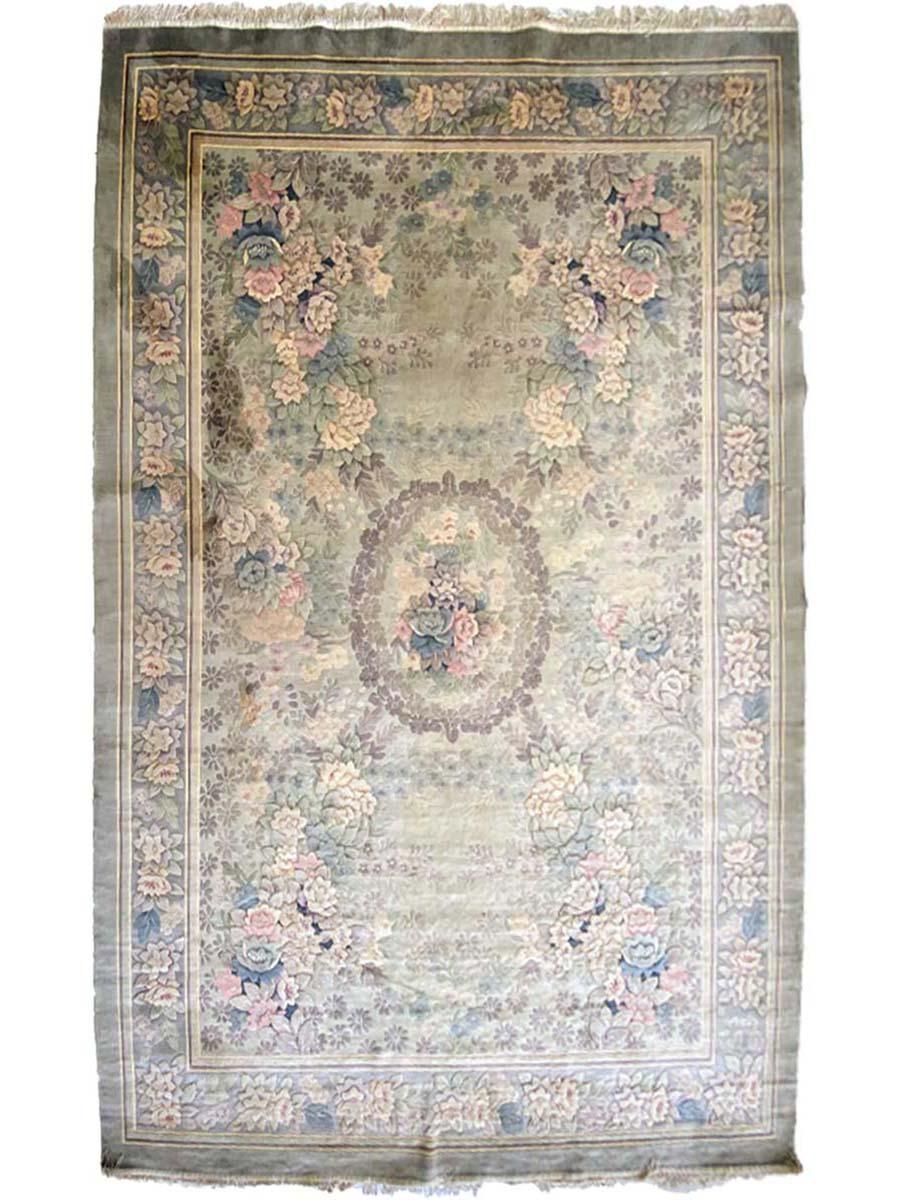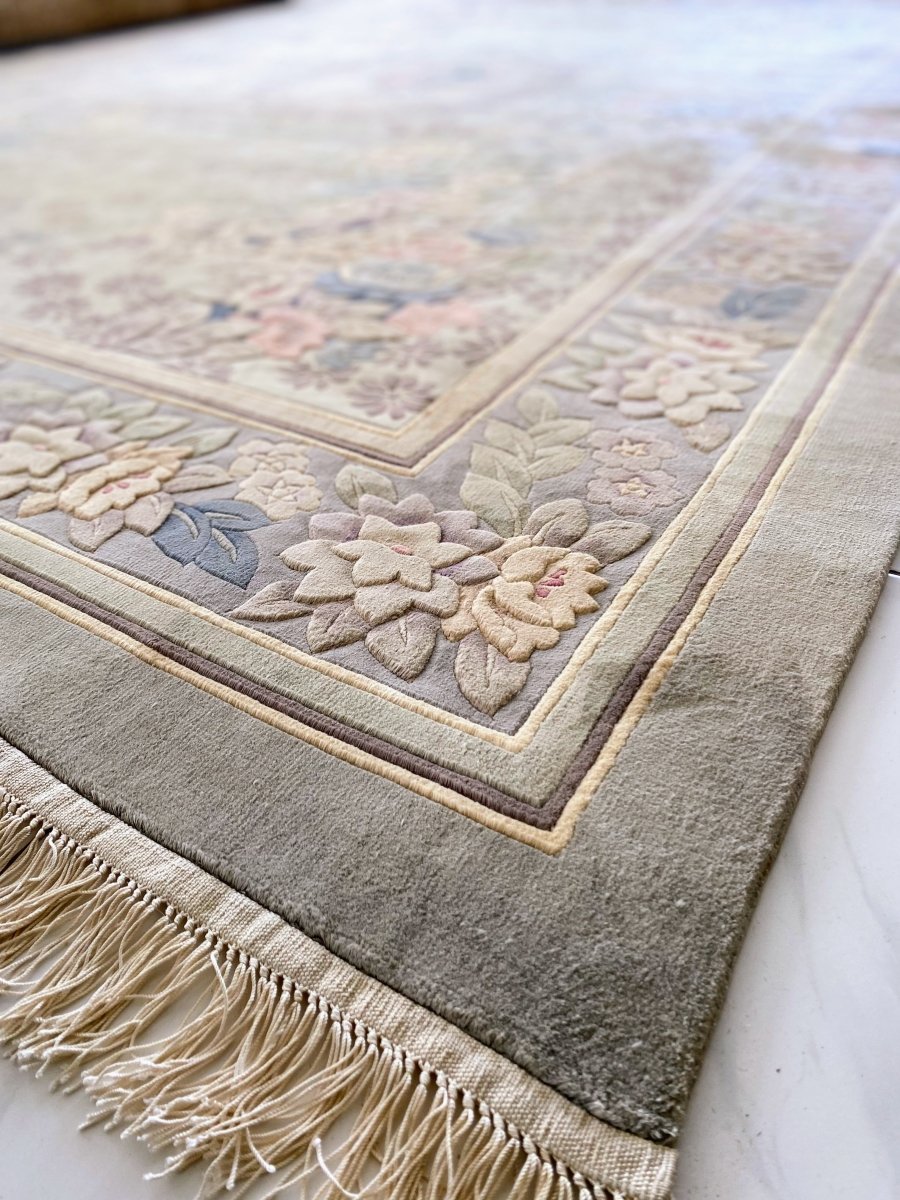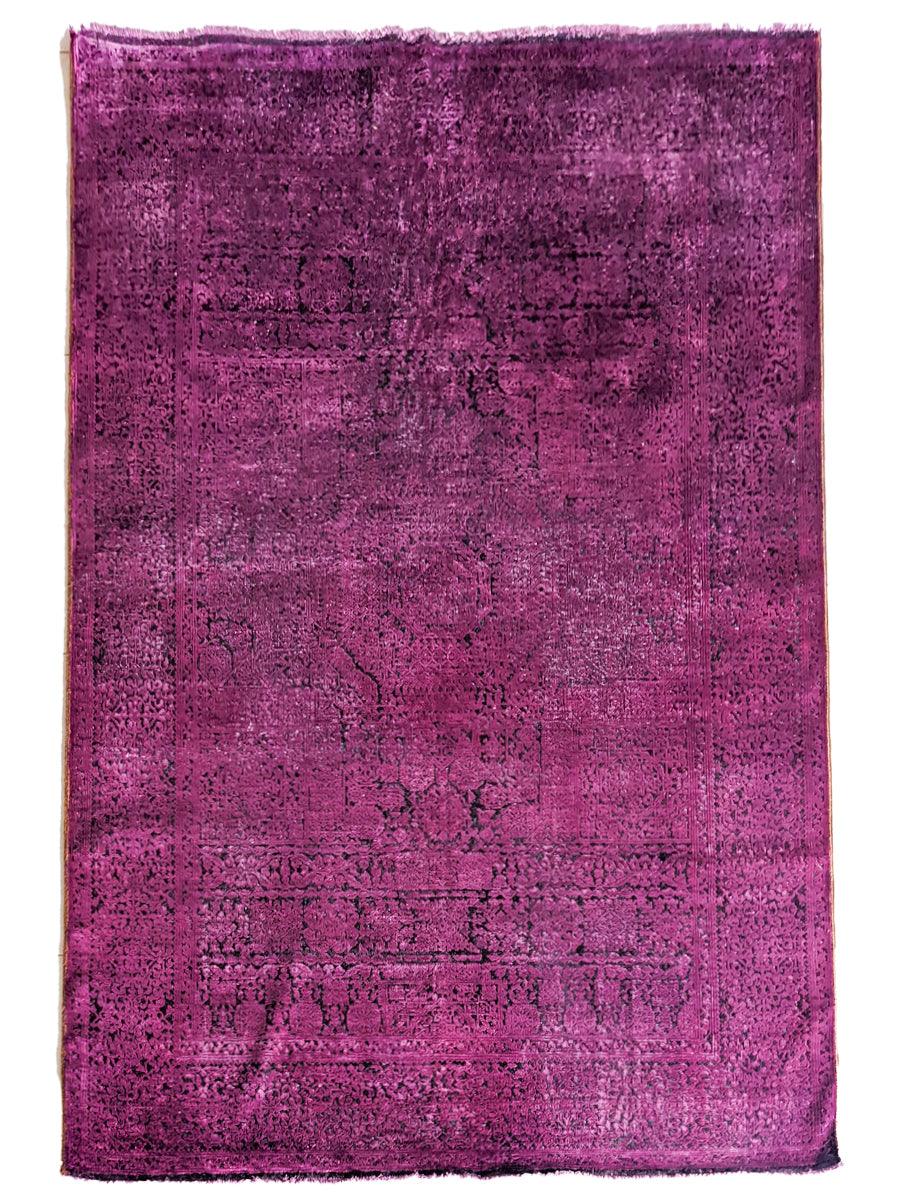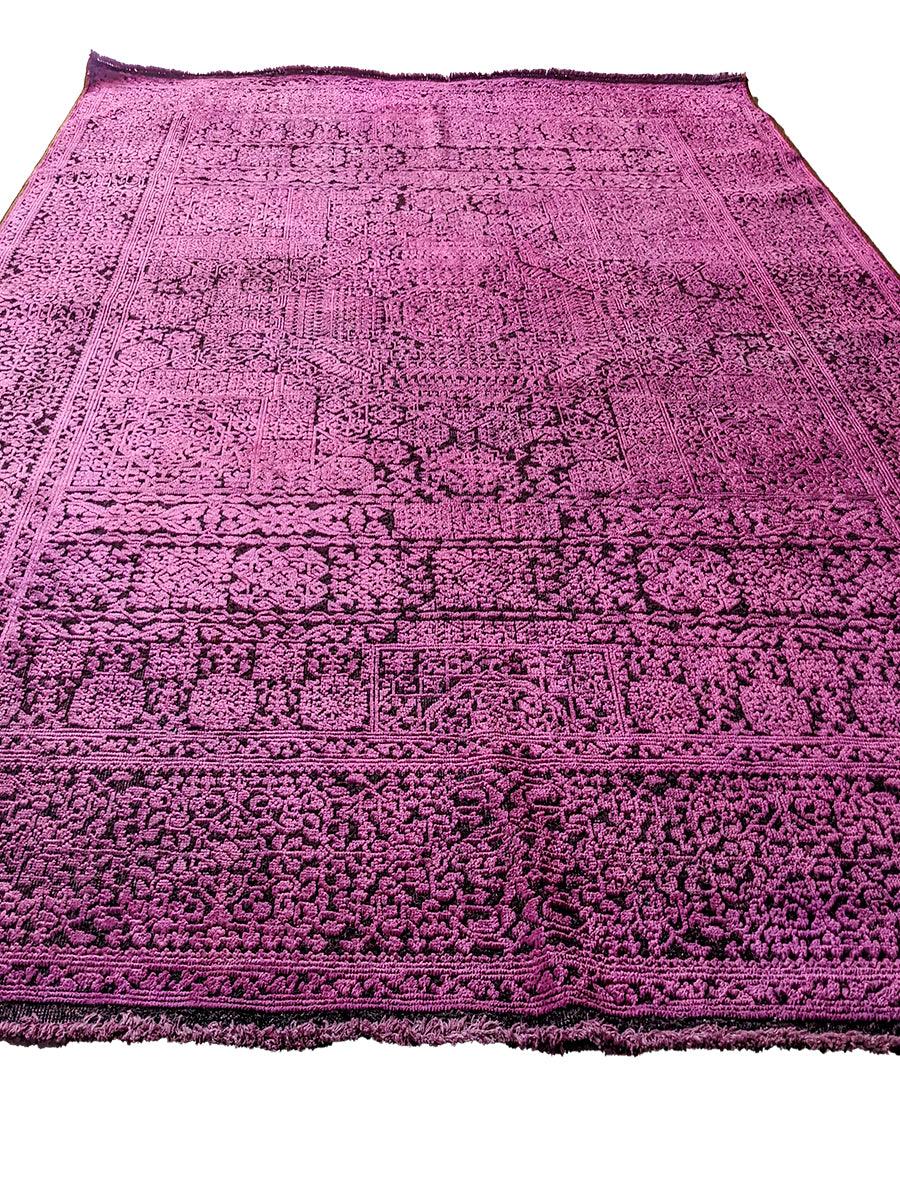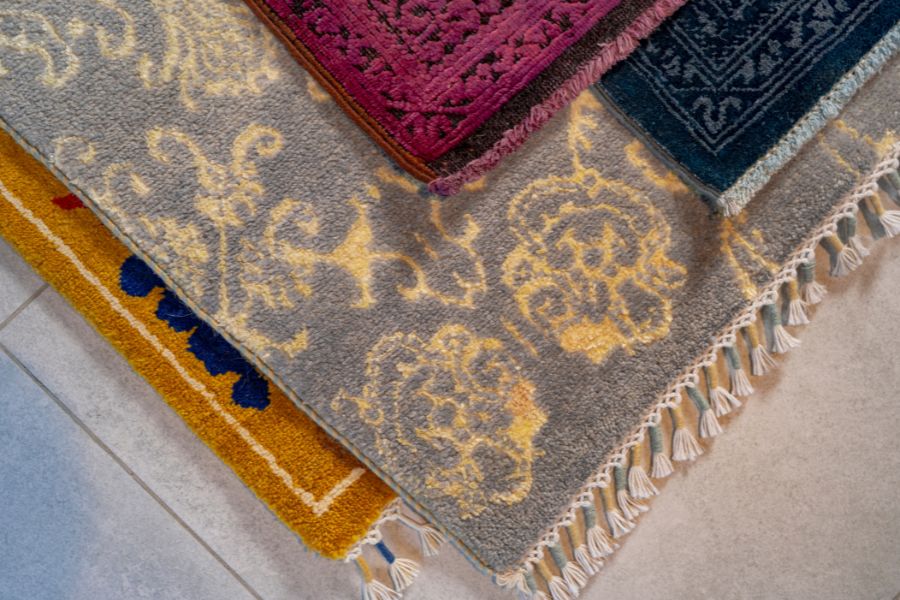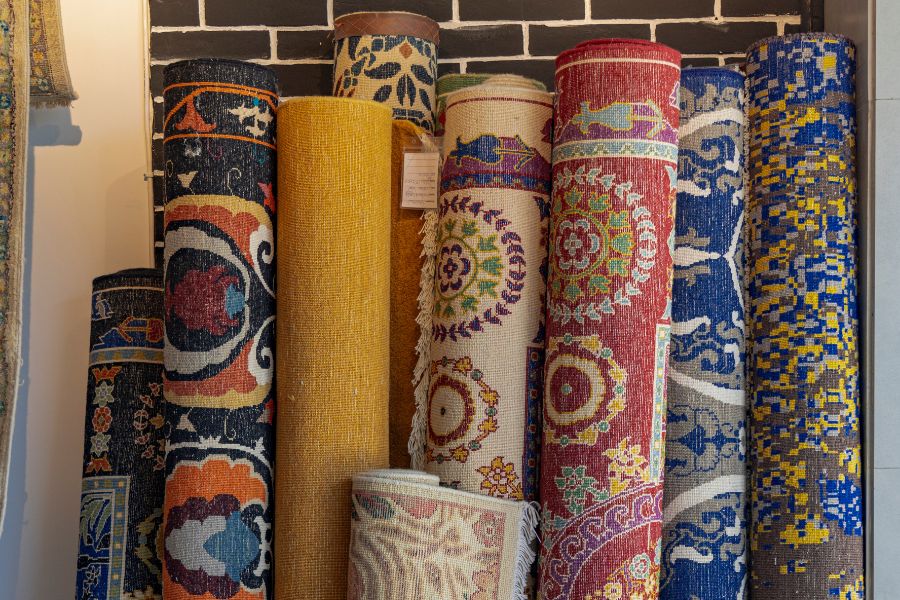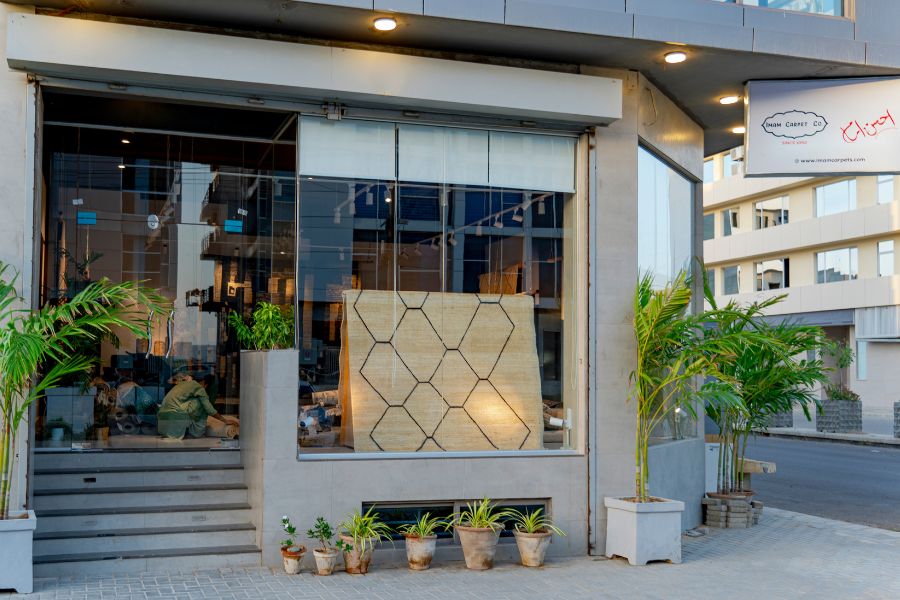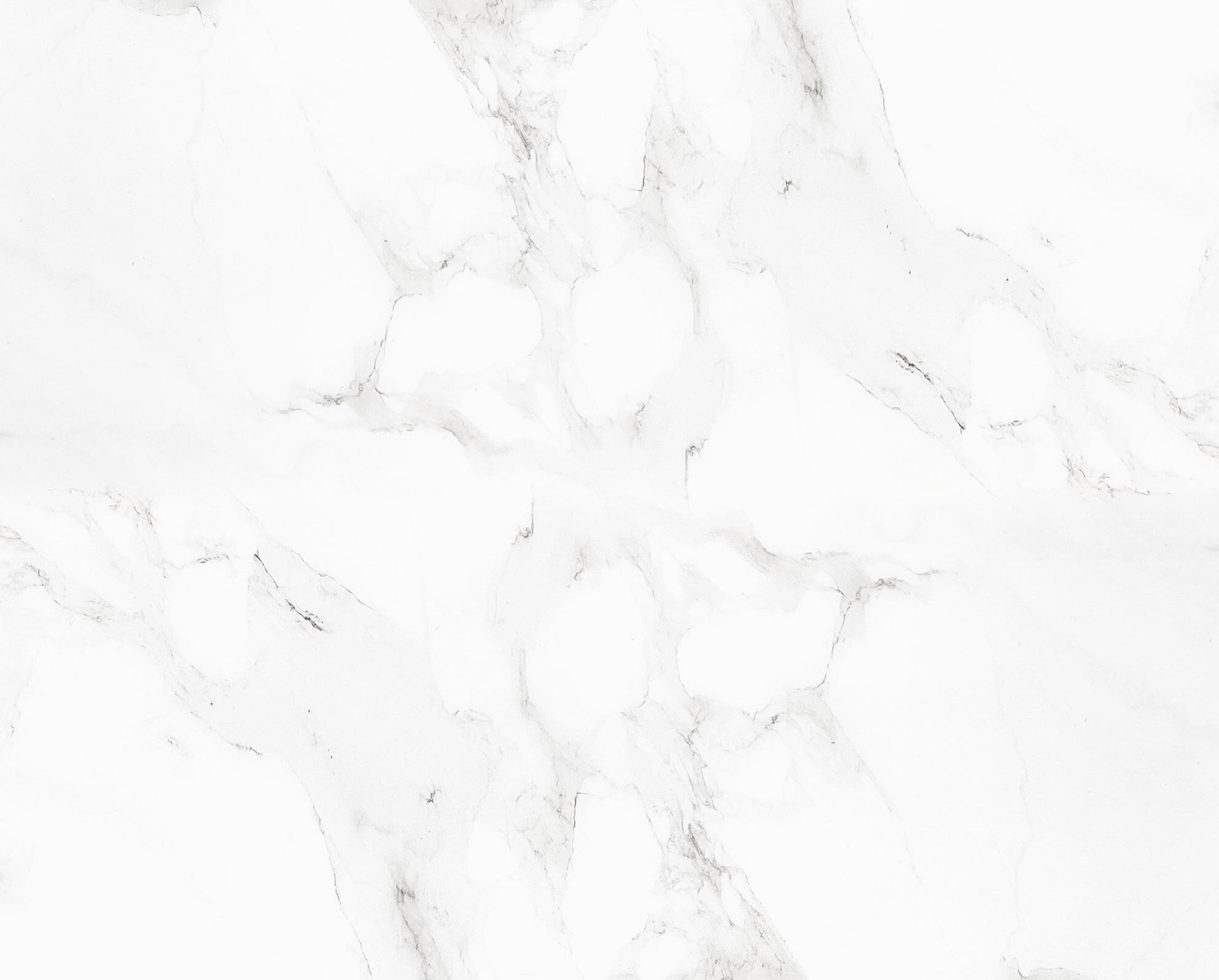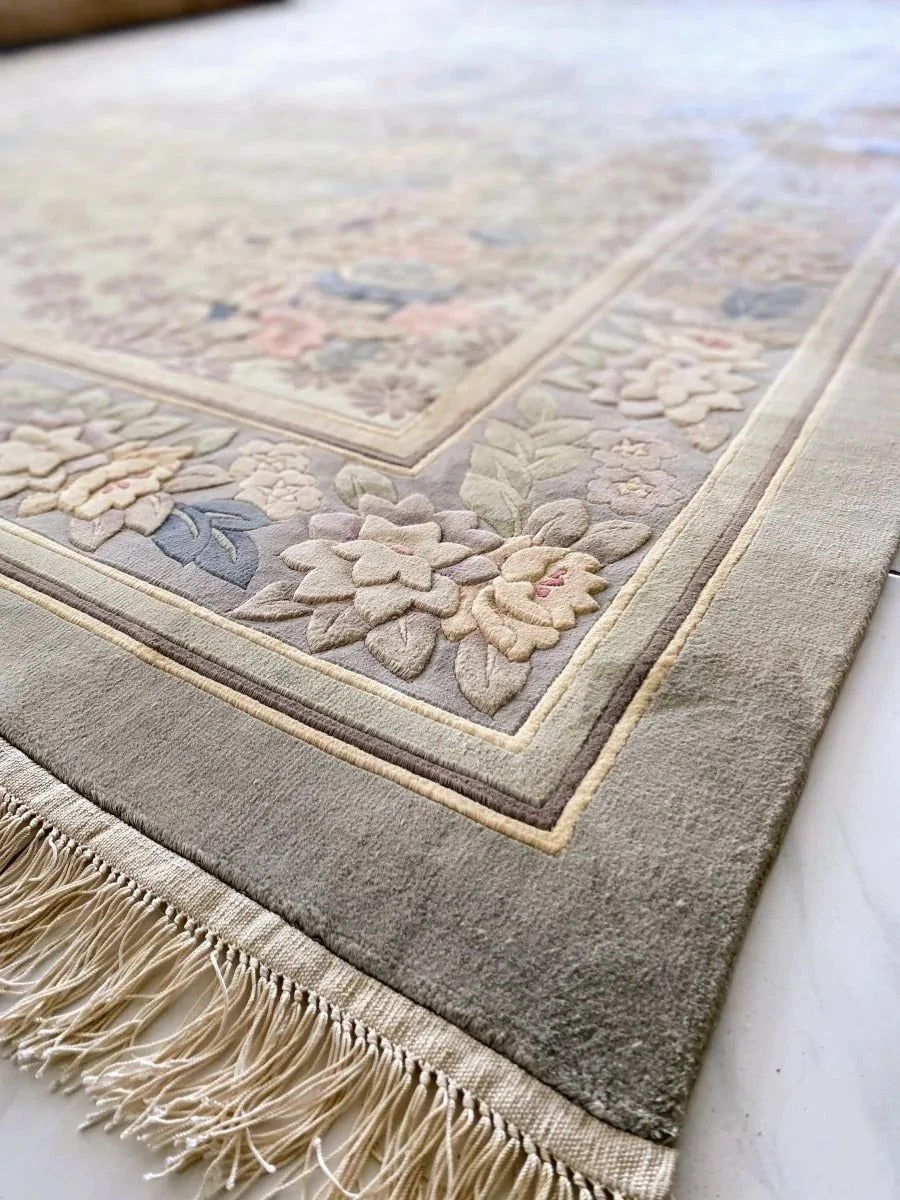
Silk Rugs
About Our Silk Rugs
Silk has been a symbol of luxury and opulence for centuries, and it finds its way into various aspects of our lives, including fashion, home decor, and textiles. One of the most exquisite applications of silk is in the creation of silk rugs. These exceptional floor coverings exude a sense of elegance and sophistication that is unmatched. In this article, we will dive deep into the world of silk rugs, exploring their history, craftsmanship, care, and why they are the epitome of refined home decor.
Silk rugs have a rich history that dates back to ancient civilizations, particularly in China and Persia. These rugs were initially reserved for royalty and nobility, showcasing the exclusivity and value associated with silk. Over the centuries, the art of crafting silk rugs has evolved, combining traditional techniques with modern design sensibilities.
The Birth of Silk Rug Craftsmanship
Silk rugs owe their existence to the Silk Road, the ancient trade route that connected the East to the West. It was through this route that silk, a highly sought-after commodity, was transported. Craftsmen in China and Persia began to experiment with using silk threads to create intricate and beautiful rugs.
The Significance of Silk
Silk has always held a special place in the hearts of people across different cultures. It represents wealth, luxury, and refinement. Silk threads used in rug making add a unique luster and softness that is incomparable to other materials.
Crafting silk rugs is a meticulous and time-consuming process that involves skilled artisans. Let's take a closer look at how these exquisite rugs are made.
Silk Selection
The journey of creating a silk rug begins with the careful selection of silk threads. The quality and type of silk used greatly influence the final product. Mulberry silk is the most coveted choice due to its fine texture and durability.
Knotting Techniques
Silk rugs are known for their intricate patterns and designs. Artisans use various knotting techniques, such as the Persian knot and Turkish knot, to create these designs. Each knot is tied by hand, requiring precision and expertise.
Dyeing Process
Achieving vibrant and long-lasting colors is essential in silk rug making. Natural dyes are often used to ensure the rug's beauty endures through time. Artisans skillfully dye the silk threads before weaving them into the rug.
Silk rugs have transcended their historical significance and are now cherished as exquisite pieces of art that enhance modern home decor.
Versatility in Design
Silk rugs come in a wide range of designs, from traditional to contemporary. They can effortlessly complement any interior style, adding a touch of luxury to your living space.
Statement Pieces
A well-chosen silk rug can serve as the centerpiece of a room, creating a focal point that draws attention and admiration.
Owning a silk rug comes with the responsibility of proper care to maintain its beauty and value.
Regular Cleaning
Dust and dirt can accumulate on your silk rug over time. Regularly vacuuming and gently shaking the rug outdoors can help prevent debris from settling into the fibers.
Professional Cleaning
To ensure a thorough clean, it's advisable to have your silk rug professionally cleaned by experts who understand the delicacy of silk fibers.
Avoiding Sunlight Exposure
Direct sunlight can fade the vibrant colors of your silk rug. Place it in a location where it won't be exposed to harsh sunlight to preserve its hues.
Q: How do I clean my silk rug without damaging it?
A: To clean your silk rug, start by gently vacuuming it to remove dust. For stains, use a mixture of mild soap and water and blot (don't rub) the affected area. Consult a professional for deep cleaning.
Q: Are silk rugs suitable for high-traffic areas?
A: While silk rugs are exquisite, they are best placed in low-traffic areas to preserve their beauty. Consider wool or synthetic rugs for high-traffic spaces.
Q: Do silk rugs appreciate in value?
A: Yes, well-maintained silk rugs can appreciate in value over time, making them not only a beautiful addition to your home but also a potential investment.
Q: Can silk rugs be used in outdoor spaces?
A: No, silk rugs are delicate and not suitable for outdoor use. They should be kept indoors to protect them from moisture and harsh weather conditions.
Q: How do I store a silk rug if I need to move or temporarily remove it?
A: Roll the silk rug with the pile facing inwards and wrap it in acid-free paper or fabric. Store it in a dry, cool place away from direct sunlight.
Q: Are there any eco-friendly options for silk rugs?
A: Yes, some silk rug manufacturers are committed to sustainability and offer eco-friendly silk rugs. Look for certifications like "GoodWeave" for responsible sourcing.





